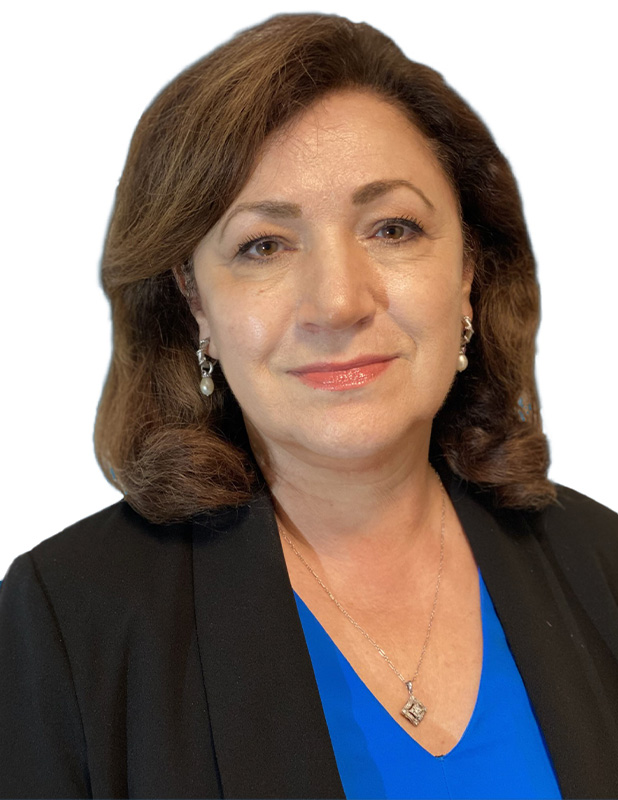Meet Our
Faculty
Our network of faculty spans the country, from Florida to Texas to California—and beyond. USAHS boasts the country’s largest teams of OT and PT faculty-practitioners, who draw from their diverse expertise to develop our blended learning components—the online coursework and real-world lab activities. Our faculty members have vast experience as clinicians and researchers, and they share a passion for educating and mentoring the next generation of practitioners.
Select from the filter options below to find practitioners that are relevant to your area of interest.

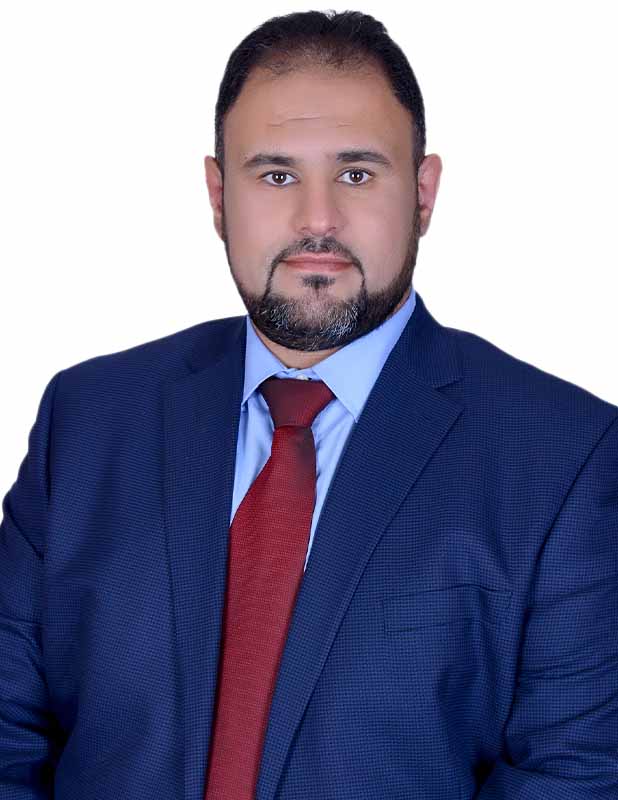

Anas (Sal) Ababneh, PT, PhD, MSc

Jacqueline Achon, OTD, MS, OTR/L, CSRS, CFPS


Rachelle Agatha, CPA, EdD, MBA
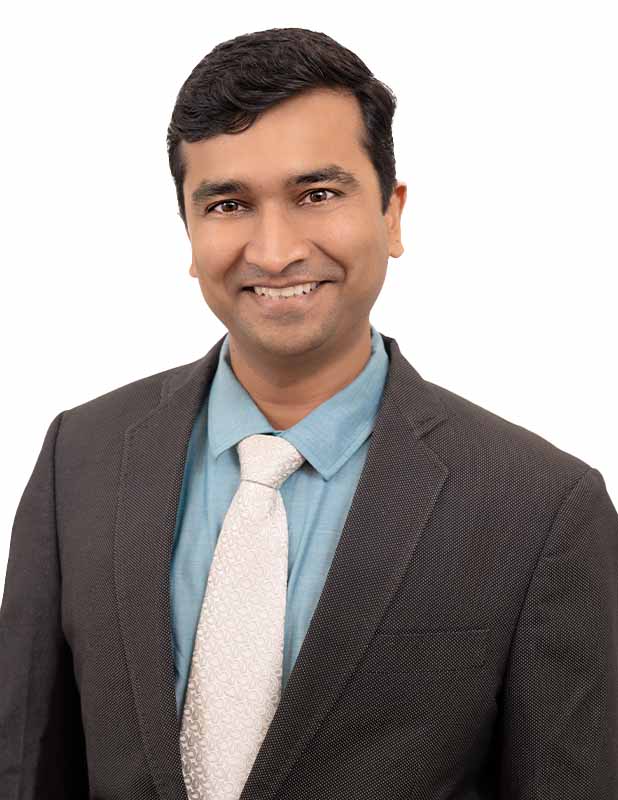

Vibhor Agrawal, ATP, PhD


Sunddip Aguilar, EdD


Iman Akef Khowailed, PT, MPT, MPH, DSc
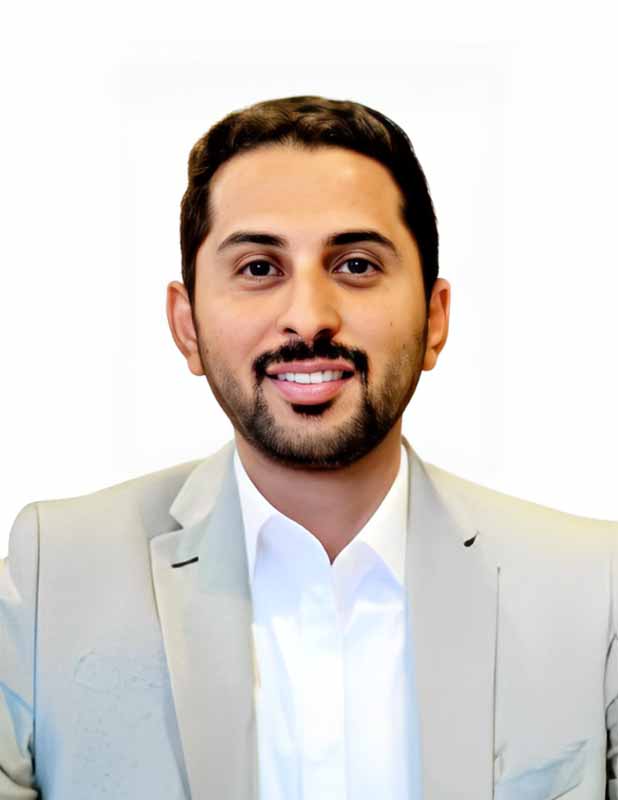

Mansoor Alameri, PT, MPT, PhD
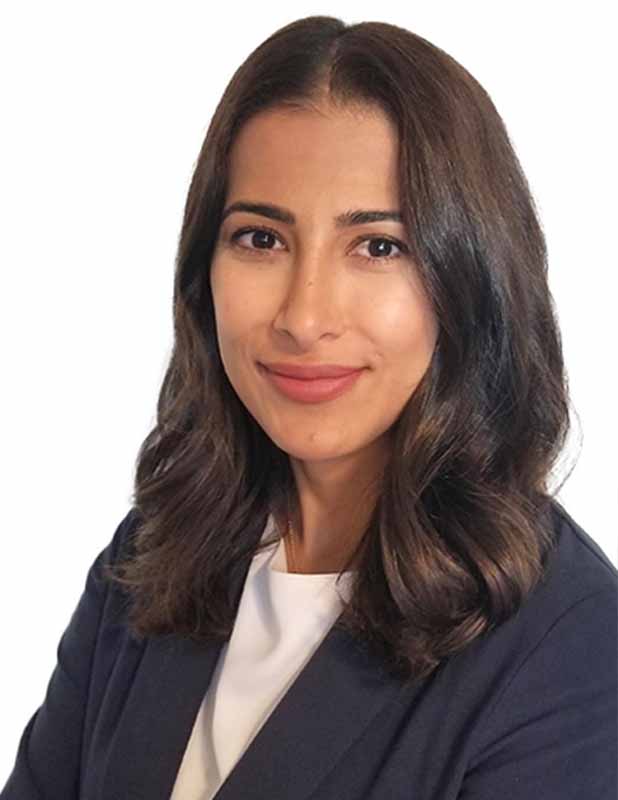

Halah Alateeq, PhD, CCC-SLP
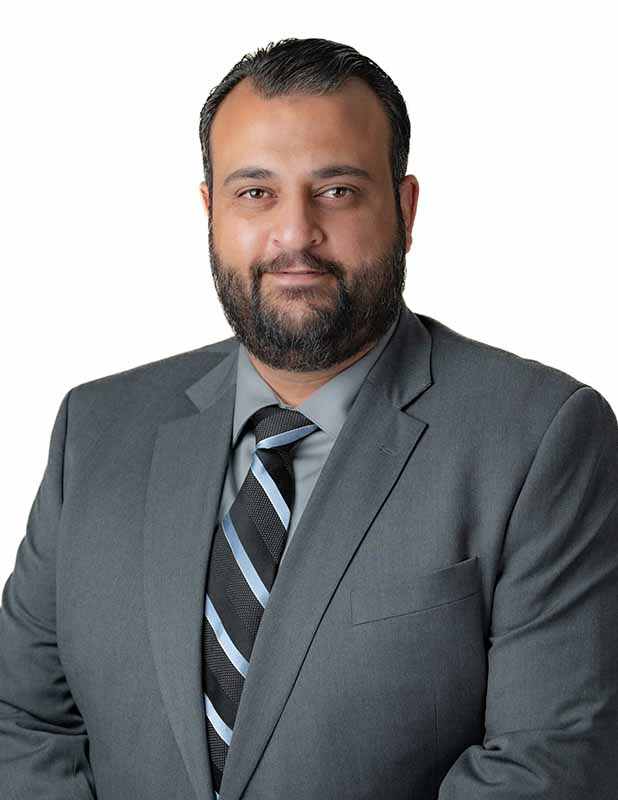

Faris Alshammari, PT, MPT, NCS, PhD


Kefah Alshebber, PT, MS, PhD
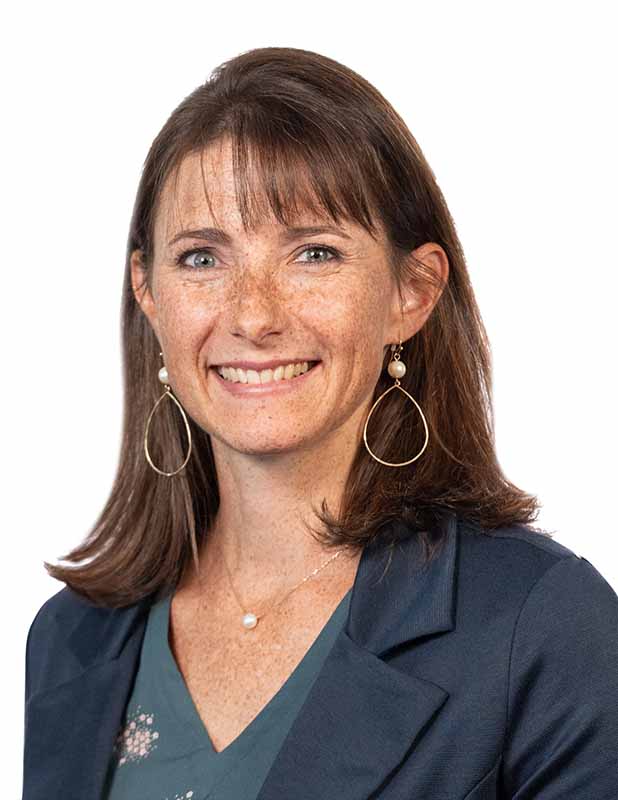

Hazel Anderson, PT, DPT


Brent Anderson, PT, PhD


Catherine Andrea, PT, MPT, EdD
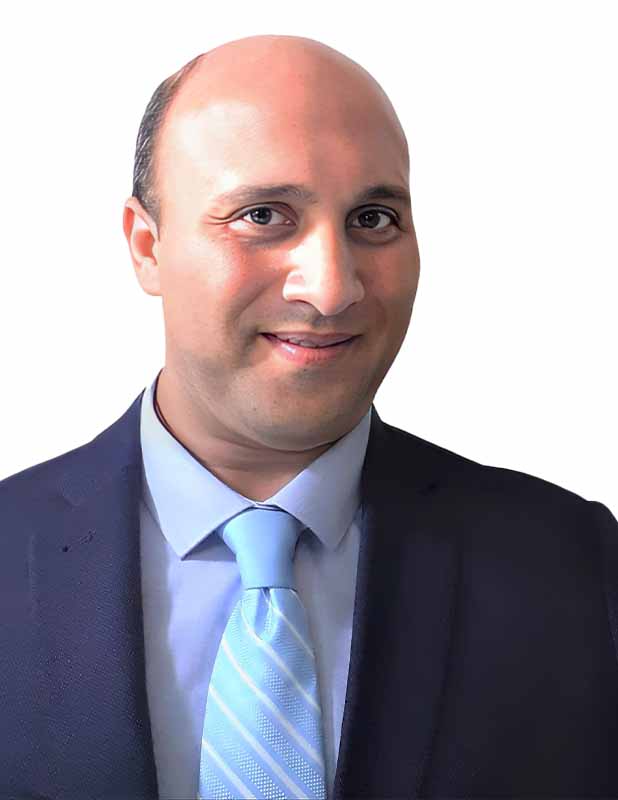

Mohammed Ata, PT, DPT, PhD, NCS, C/NDT
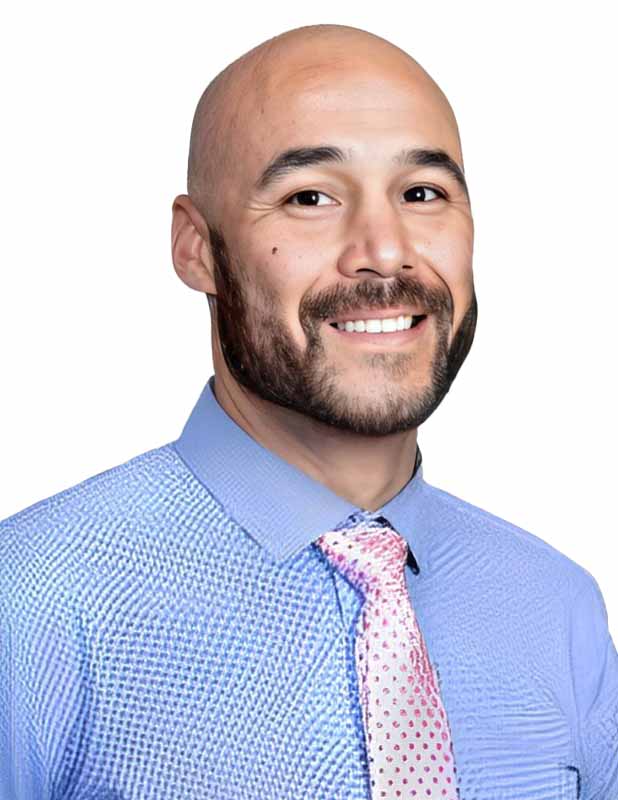

Darryn Atkinson, PT, PhD
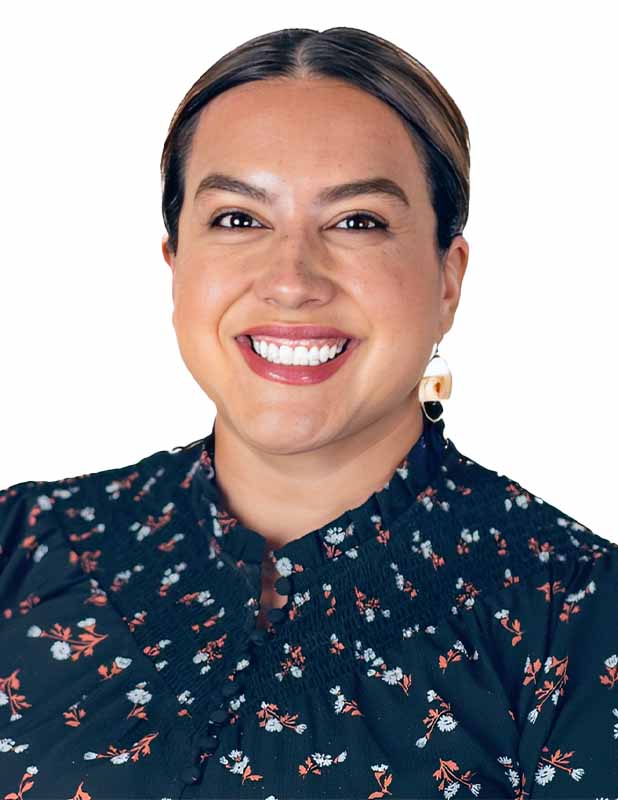

Monique Aylor, MS, CCC-SLP


Bindu Balakrishnan, MSc, PhD


Elizabeth Barnes, OTR/L






Pamela Bayliss, PT, DPT
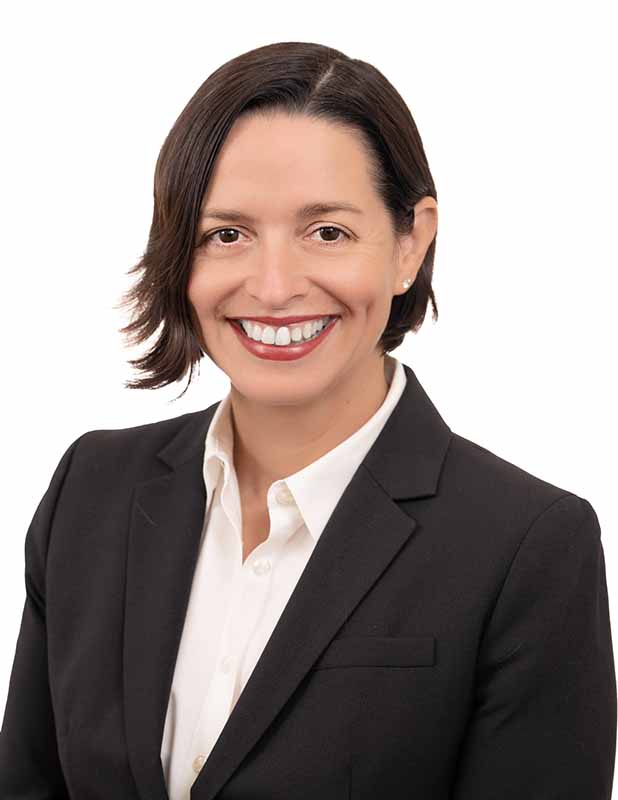

Claribell Bayona, OTD, OTR/L, CSRS
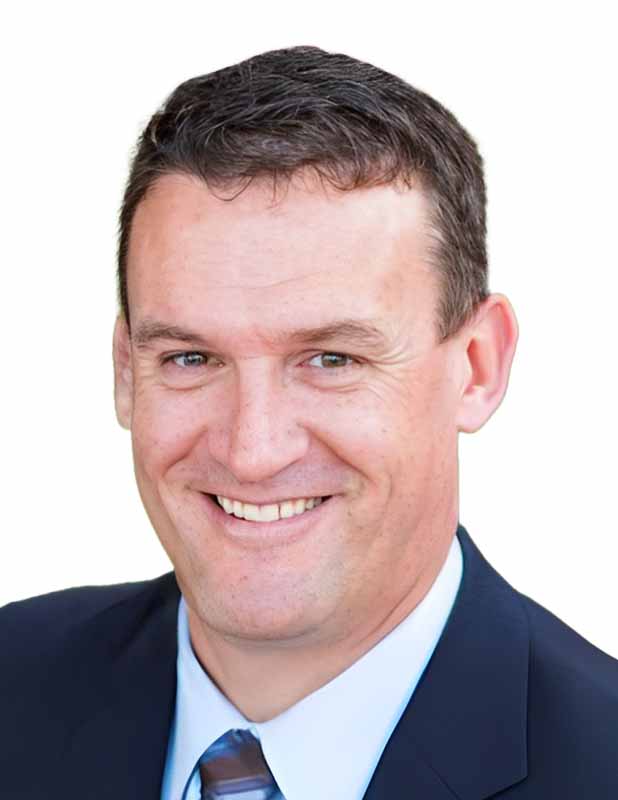

Bradley (Brad) Beauvais, PhD, MBA, FACHE


Norman Belleza, PT, DPT, PhD
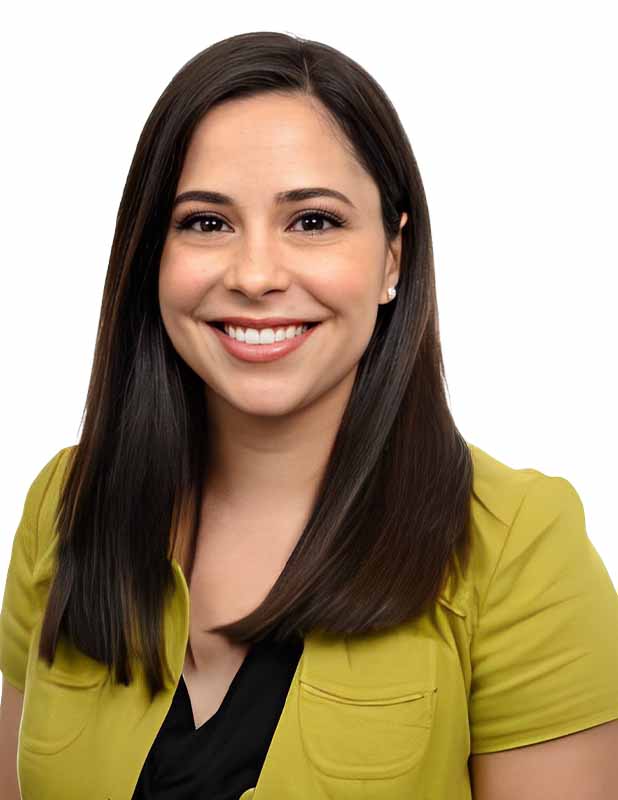

Christina Bertran, OTD, MS, OTR/L, BCP, CAS
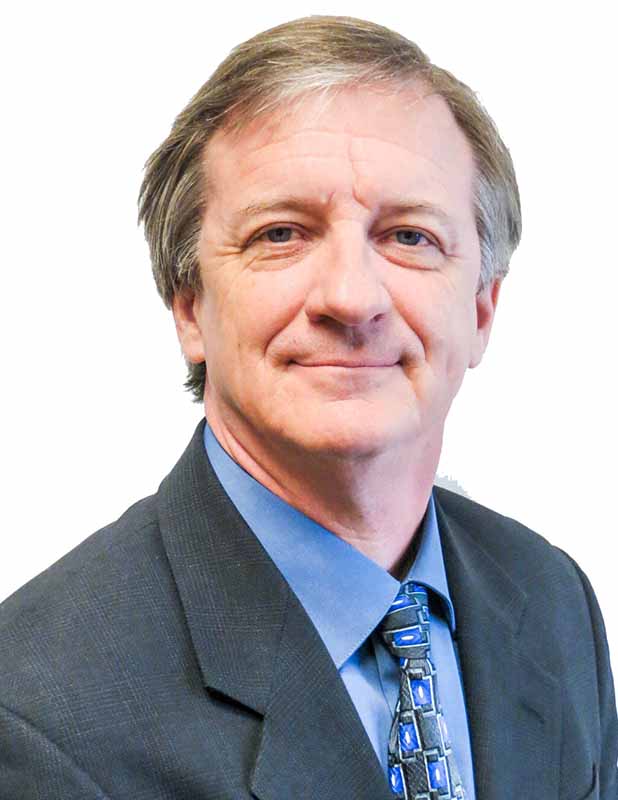

William (Allan) Besselink, PT, DPT, PhD, Dip. MDT


Edward (Ed) Bezkor, DPT
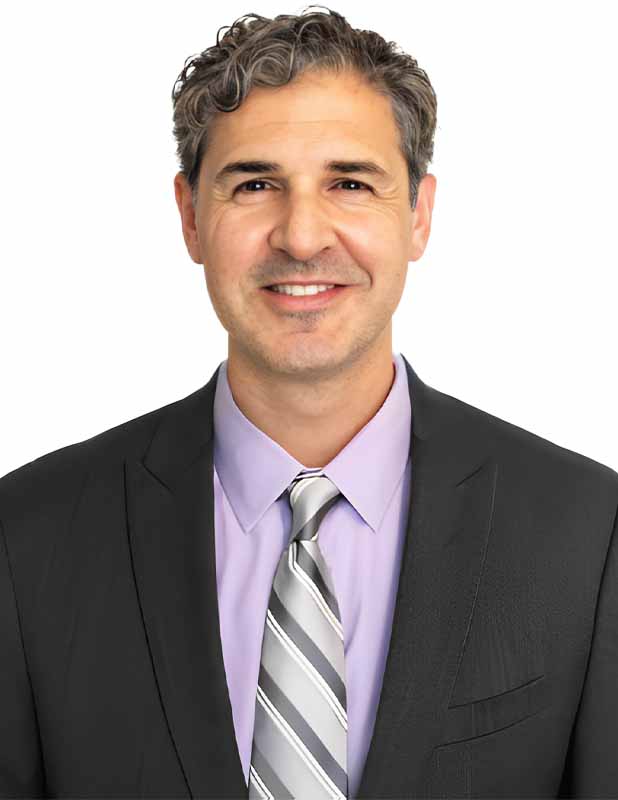

Fabian Bizama, PT, MPT, PhD
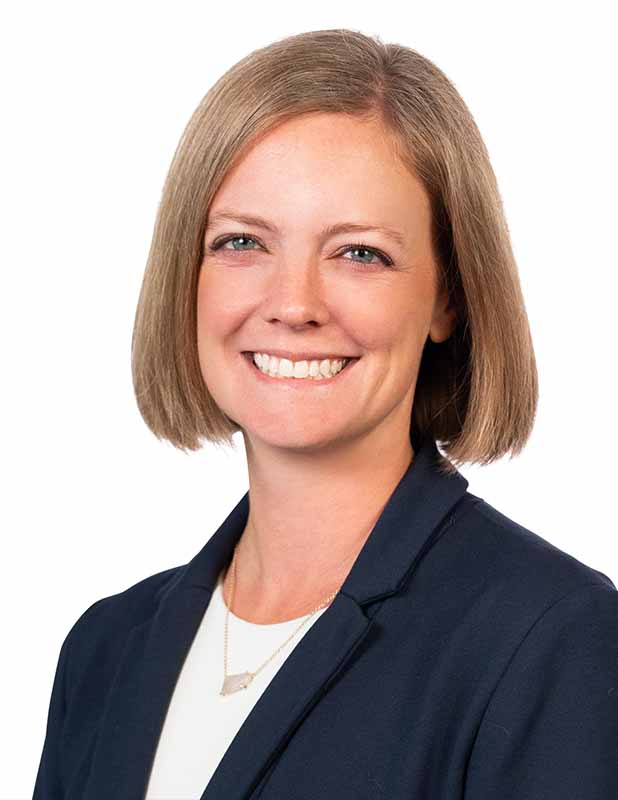

Elise Bjork, PT, DPT, SCS
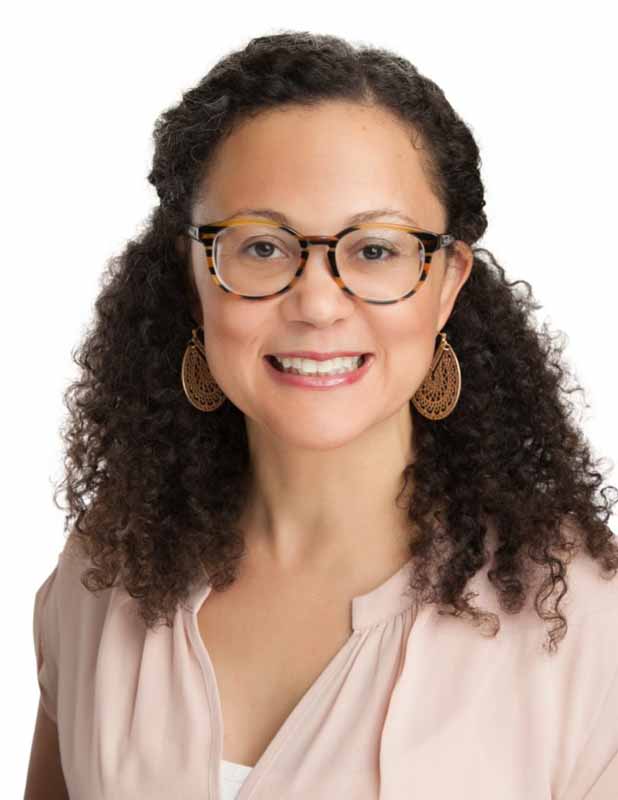

Angela Labrie Blackwell, PhD, OTR
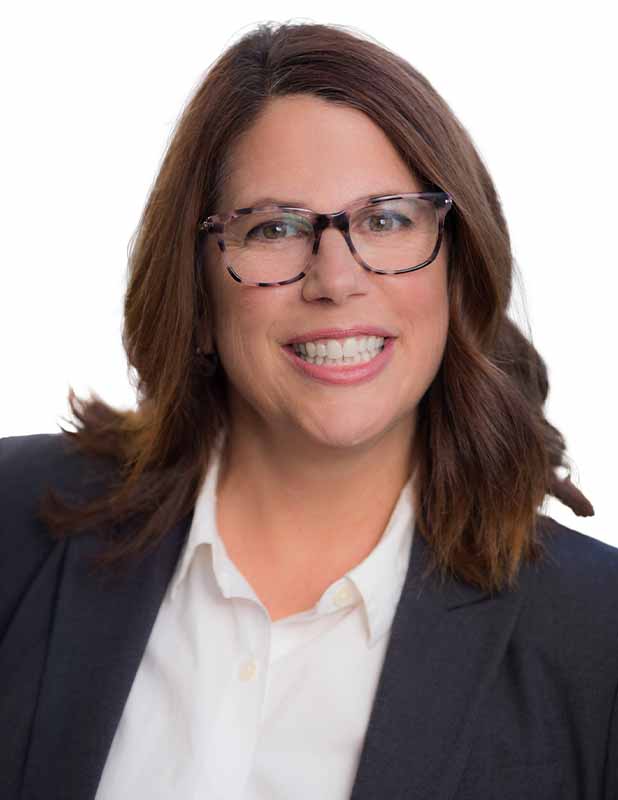

Yvonne Body, PT, DHSc









Jeffrey (Jeff) Bolles, PhD, MBA, MA, MCHES
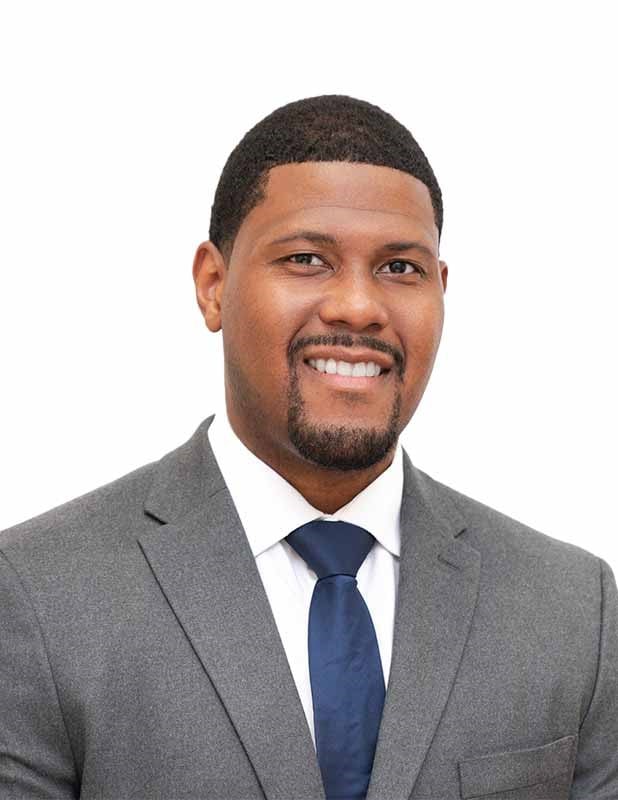

C. Alex Bonhomme, PT, DPT, DSc
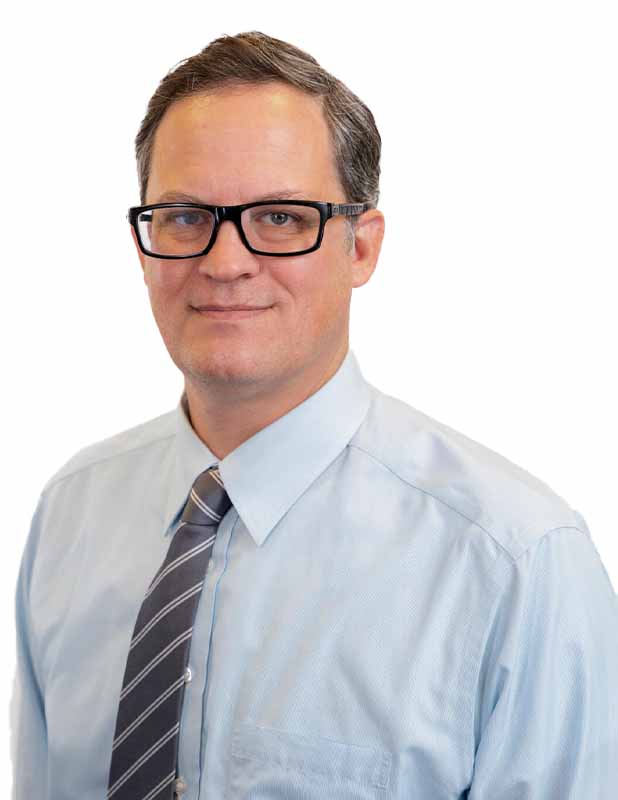

Aaron Bonsall, PhD, OTR/L


Nicole Booher, MOT, OTR
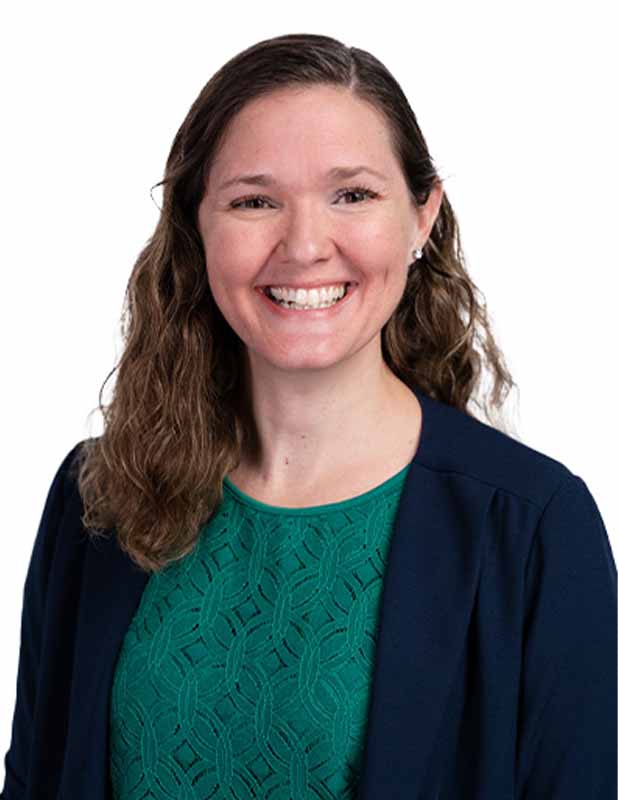

Laura Bostock, MOT, OTR/L
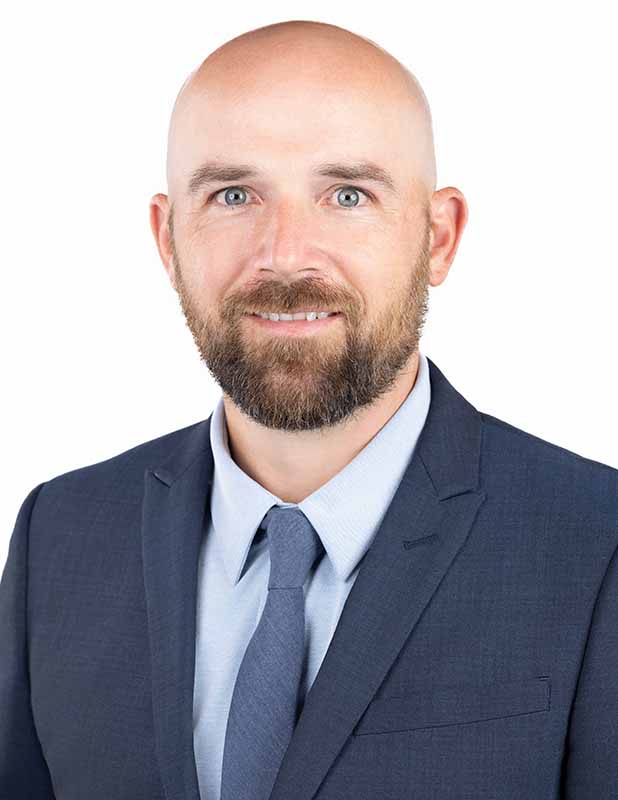

Blaise Bourgeois, PT, DPT, MTC
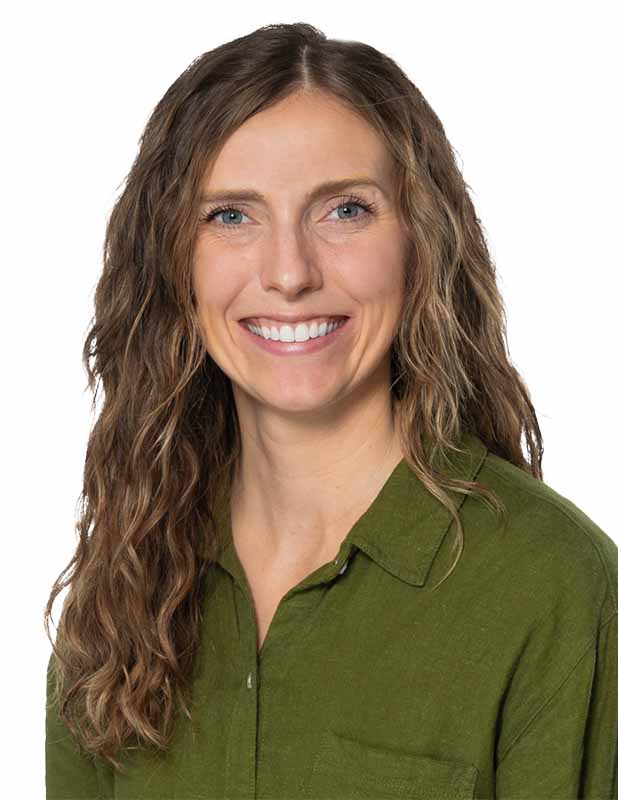

Caitlin Boyd, MOT, OTR, CBIS
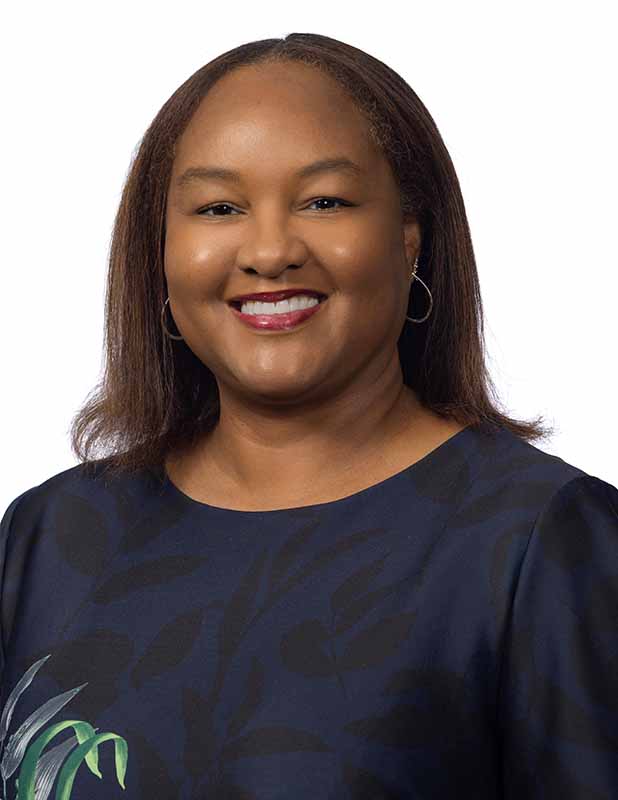

Lakeisa (Keisa) Boykin, DHSC, MBA/HCM, OT/L
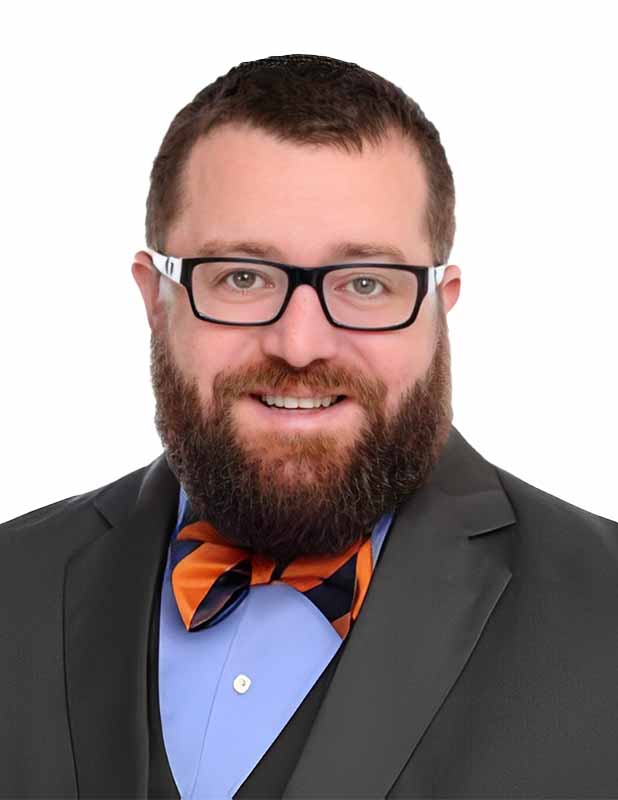

Jonathan Bray, PT, DPT, MS
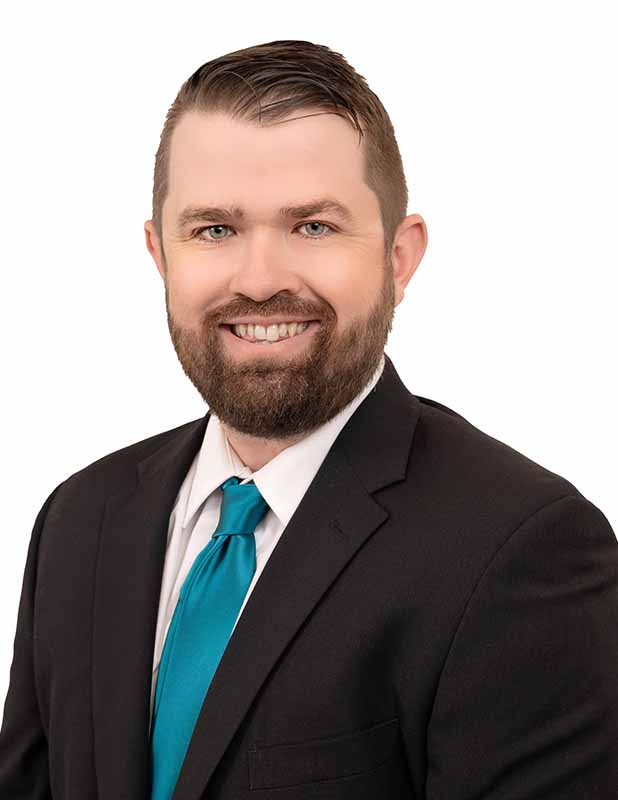

Sean Brim, OTD, MOT, OTR/L


Kaelee Brockway, PT, DPT, EdD


Kim Broussard, PhD, OTD, OTR


Nichel Brunder-Allen, OTD, MOT, OTR/L, CLT
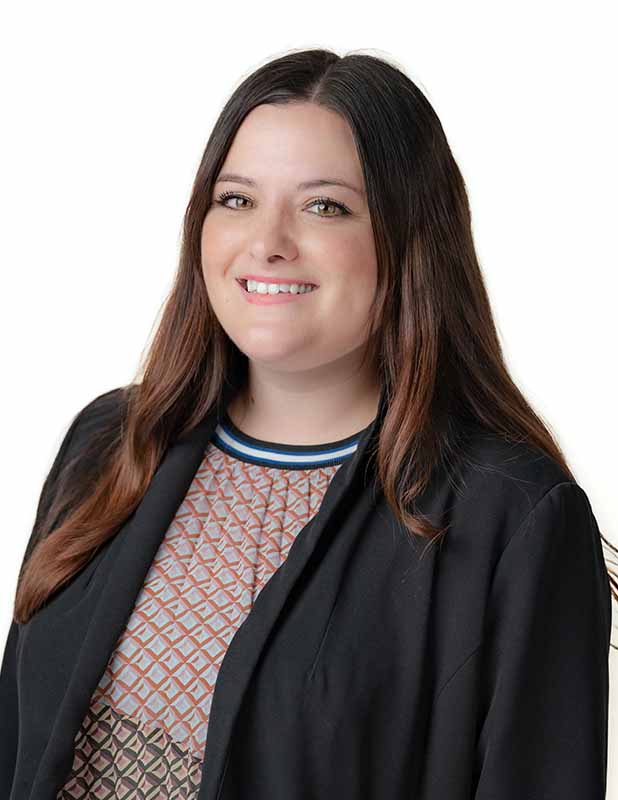

Macy Burr, OTD, OTR/L, ATP, CAS


Heather Bushnell, PT, DPT, EdD, MPT


Eilish Byrne, PT, DSc


Meredith Cadra, EdD, ATC, CSCS









Christopher Cale, PhD, MEd, MS
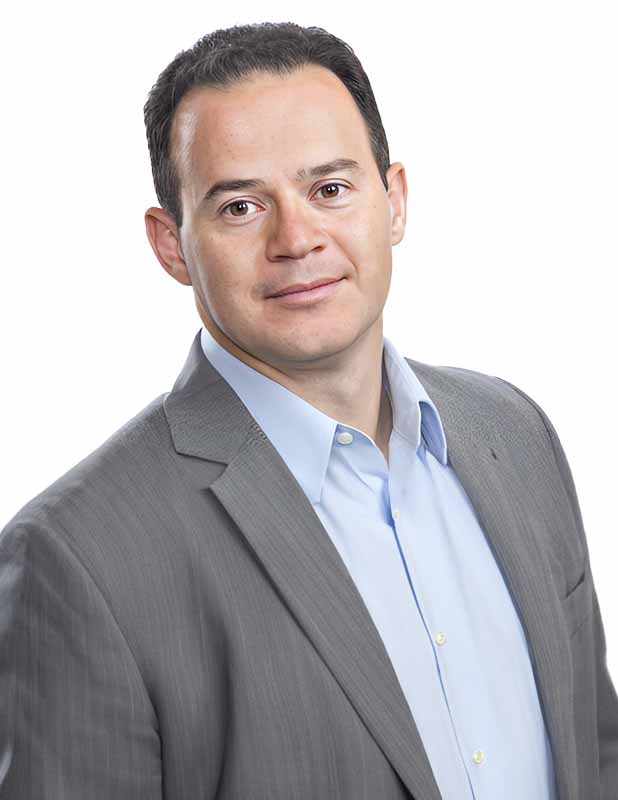

Daniel (Dan) Calvo, OTD
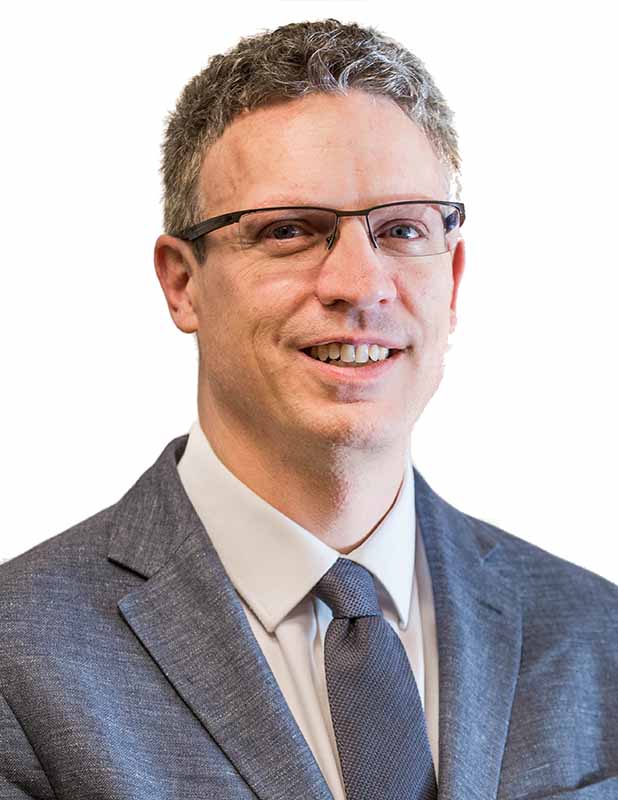

Derrick Campbell, PT, DPT, DSc


Ashley Hall Campbell, PT, DPT


Helen Carey, PhD, MSc Adv OT, OTR


Sarah M. I. Cartwright, DNP, RN, NI-BC, CAPA, FASPAN
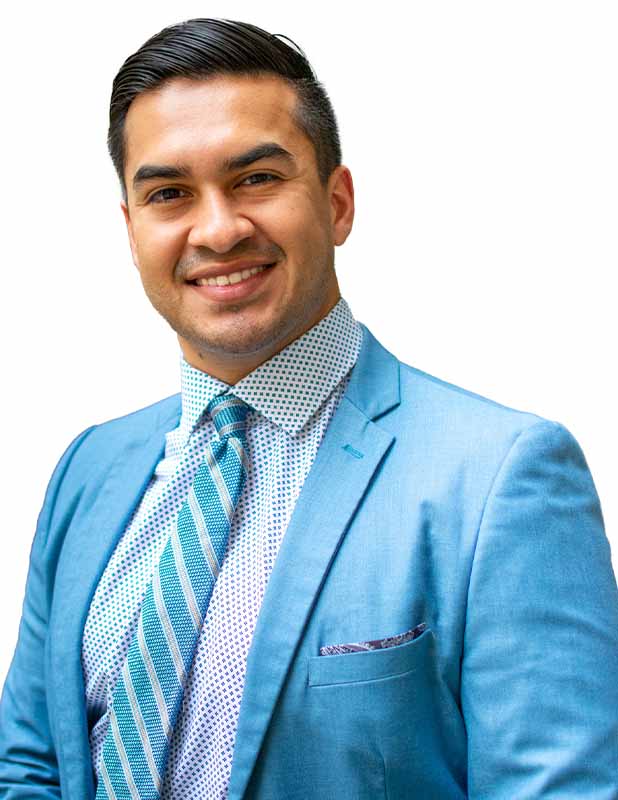

Fernando Castillo, PT, DPT, PhD


Rebecca Caudrillier, MOTR/L


Lisa Chase, PT, PhD


Teka Clark, OTD, MOT, OTR/L


Maya Clark, PhD, CCC-SLP
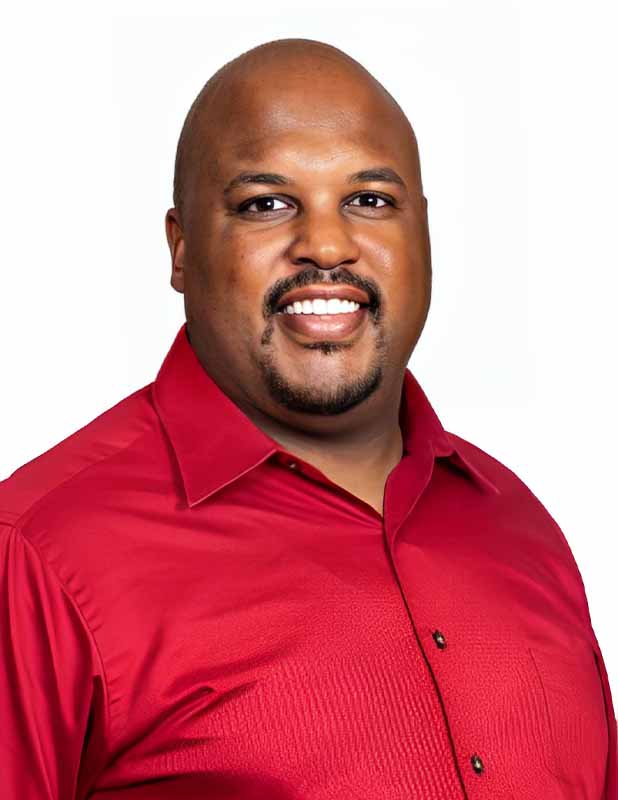

Demetrius Collins, PT, DPT, LAT, ScD


Cody Cox, OTD, OTR/L, MEd
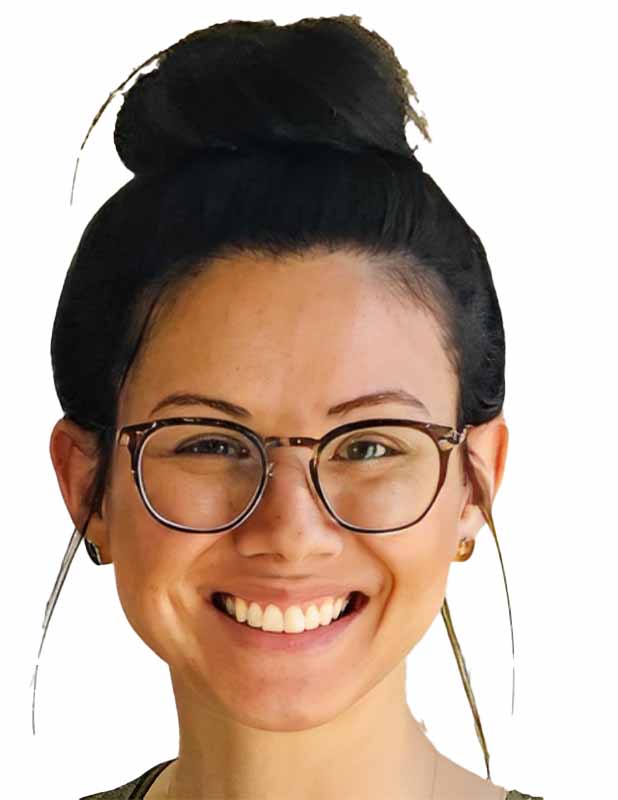

Zoe Crawford, PT, DPT, NCS
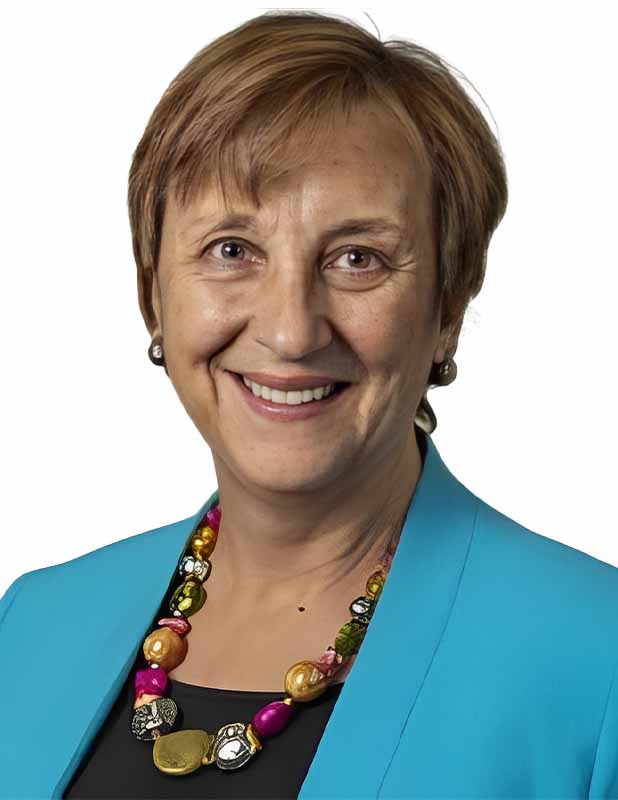

Jacqueline (Jackie) Crossen-Sills, PT, PhD


Jennifer Crowder, DSc, MOT, OTR


Edla da Silva, PT, MSc, PhD


Catherine (Cat) Daniel, MOT, OTR/L


Matthew (Matt) Daugherty, PT, DPT, OTR/L, MOT, DBA


Jessica De Brun, OTD, MOT, OTR/L
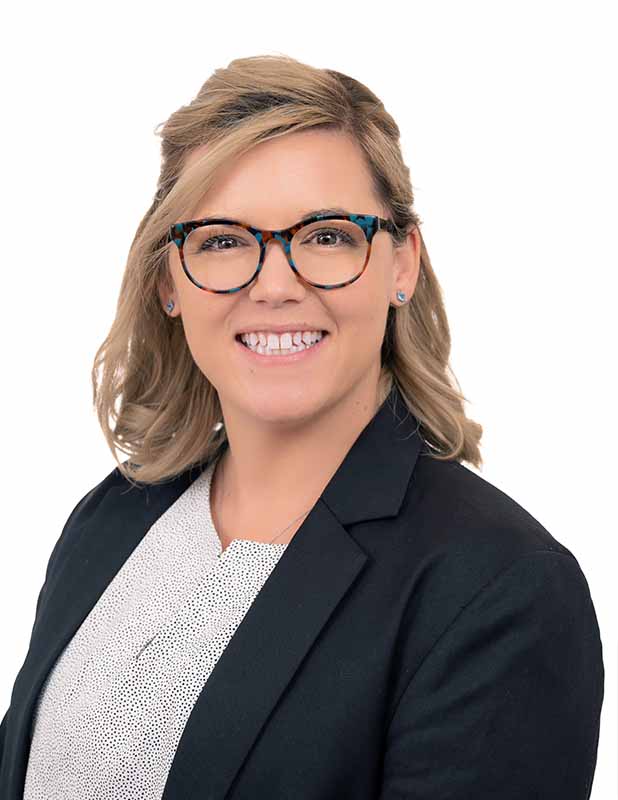

Rose (Rosie) DeFeo, PT, DPT, EdD, PCS, ATP
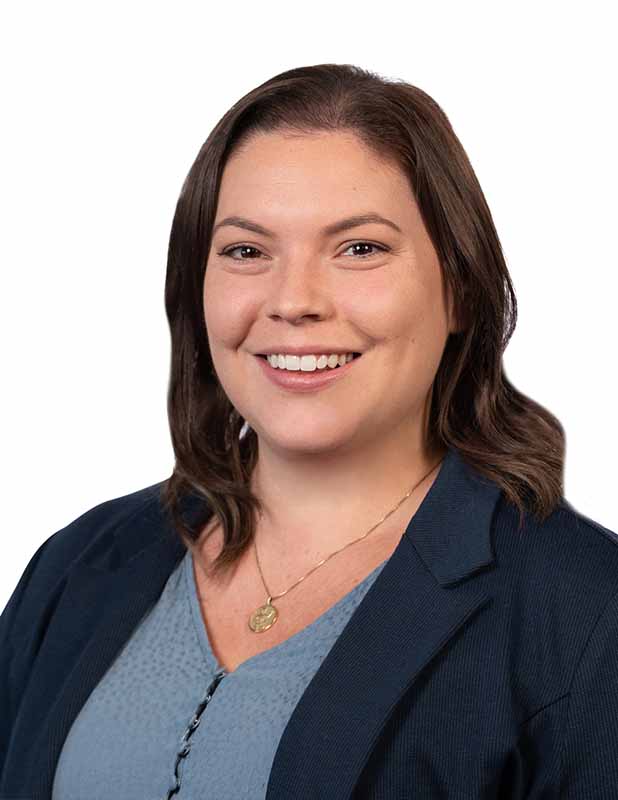

Elizabeth DeLuca-Berg, OTD, OTR, CAPS


Kristen (Kristy) Demers, PT, DPT
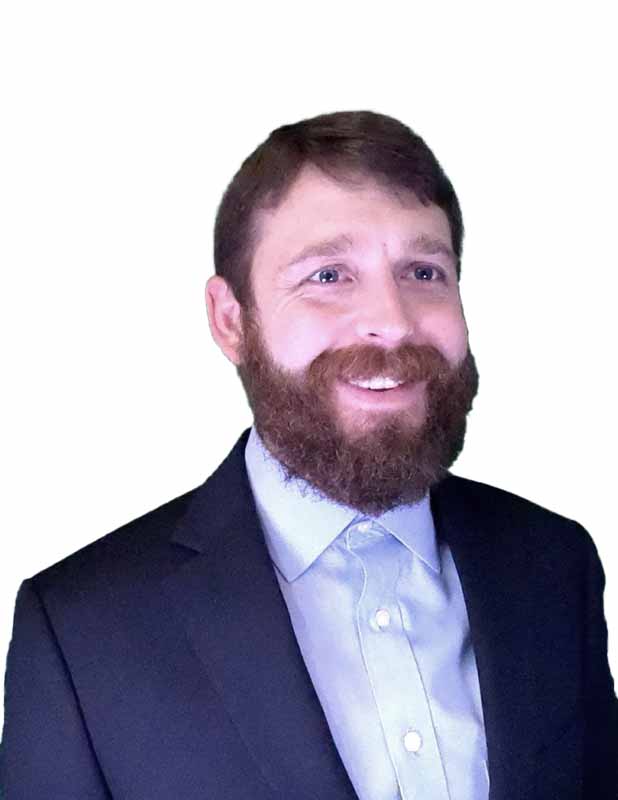

Brent Denny, DPT
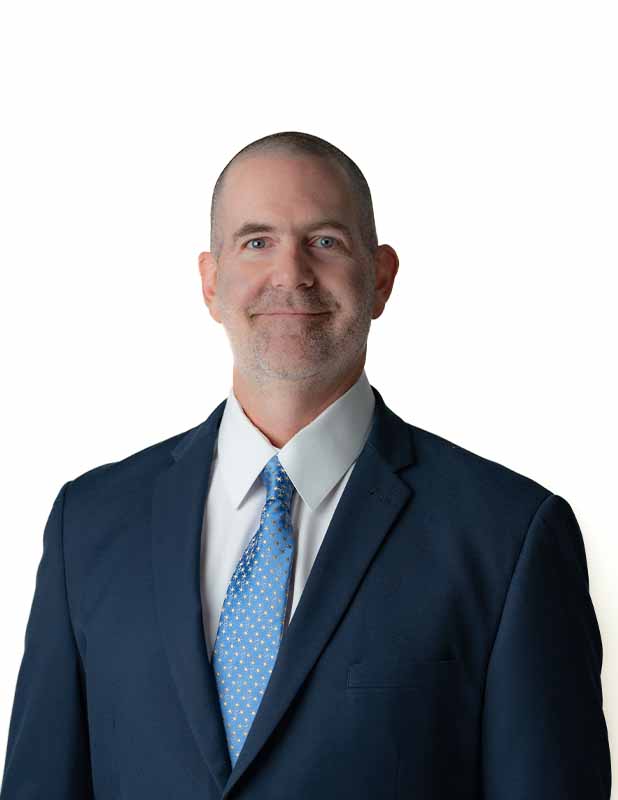

Todd Dickman, DPT, PT


Jennie DiGrado, OTD, OTR/L, C/NDT


Heather Disney, PT, DPT, PhD
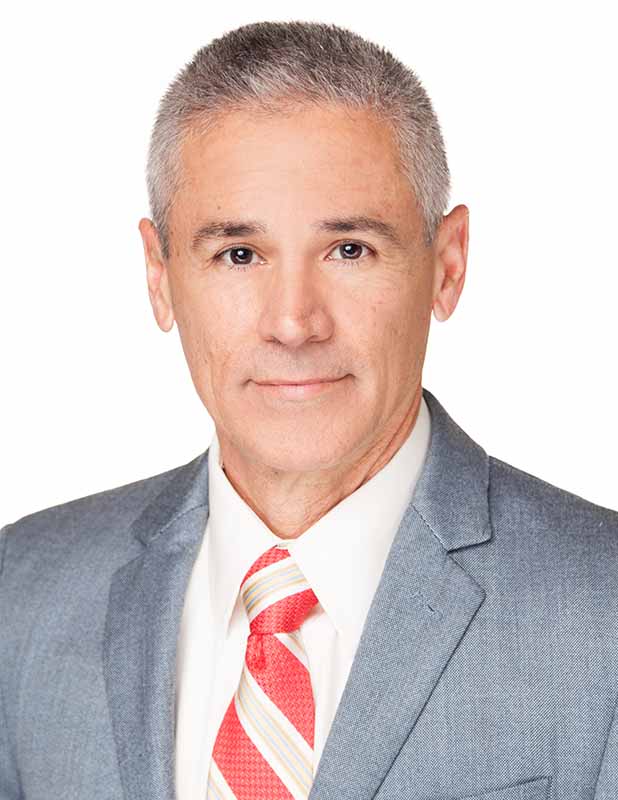

Manuel (Tony) Domenech, PT, DPT, EdD


Kristin Domville, OTD, MOT, OTR/L
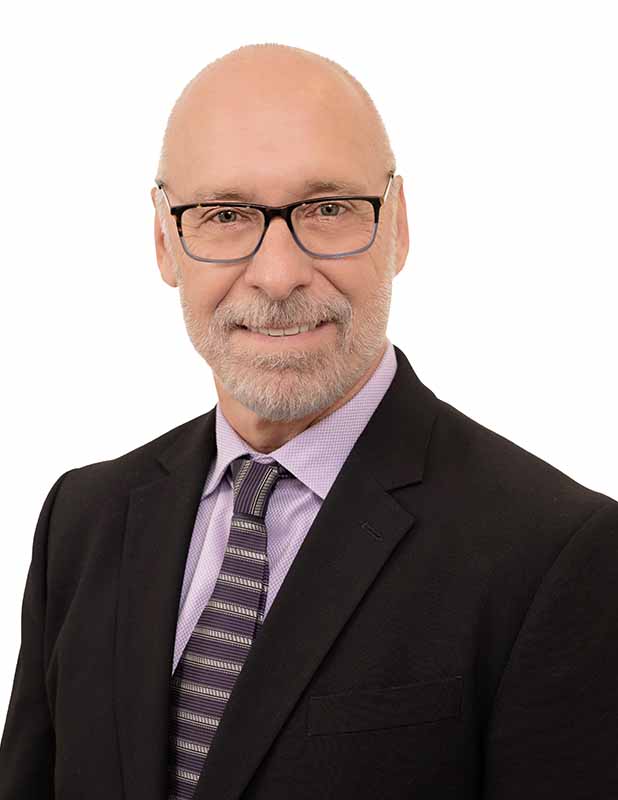

Joseph Donnelly, PT, DHSc
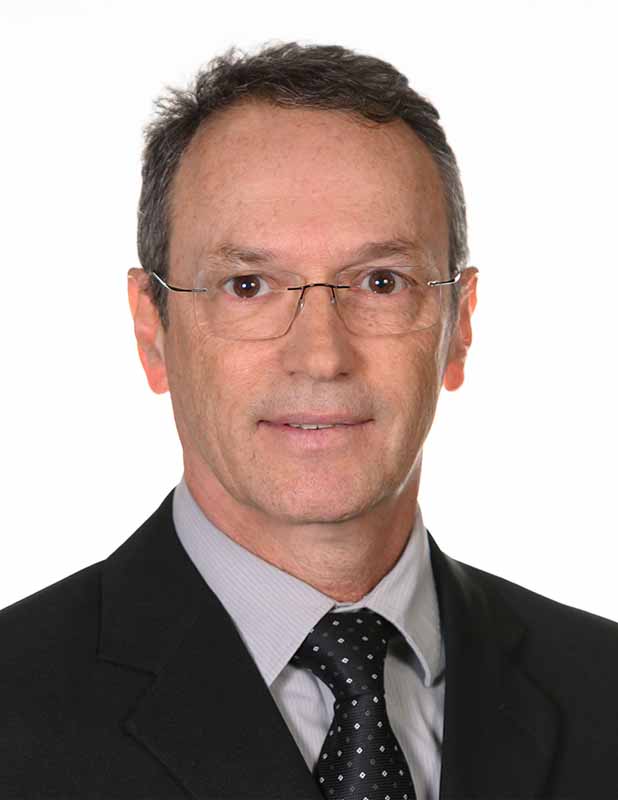

Marcio Dos Santos, PT, MSc, PhD


Janice Dunlap DNP, ARNP, AGPCNP-BC, ACNS-BC


Natonya Early, PT, MSPT, PhD
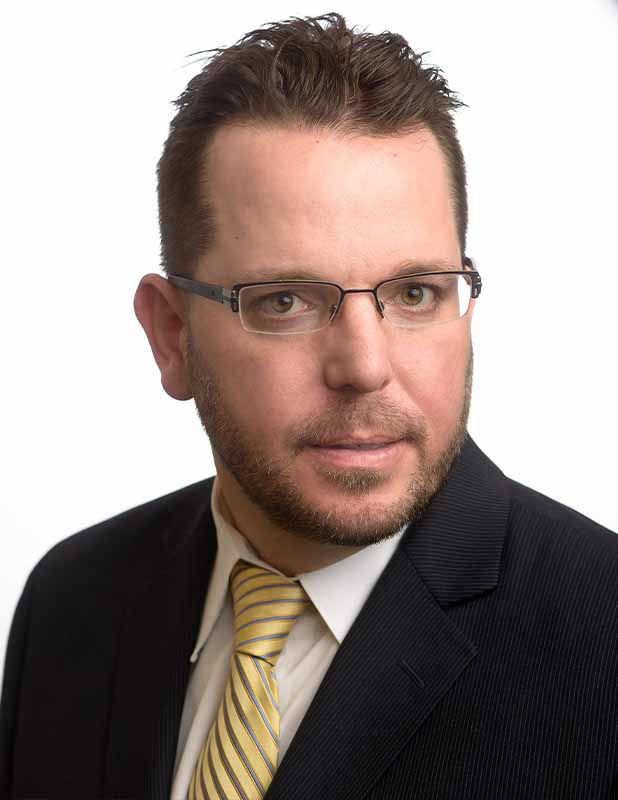

Thomas Eberle, PT, DPT
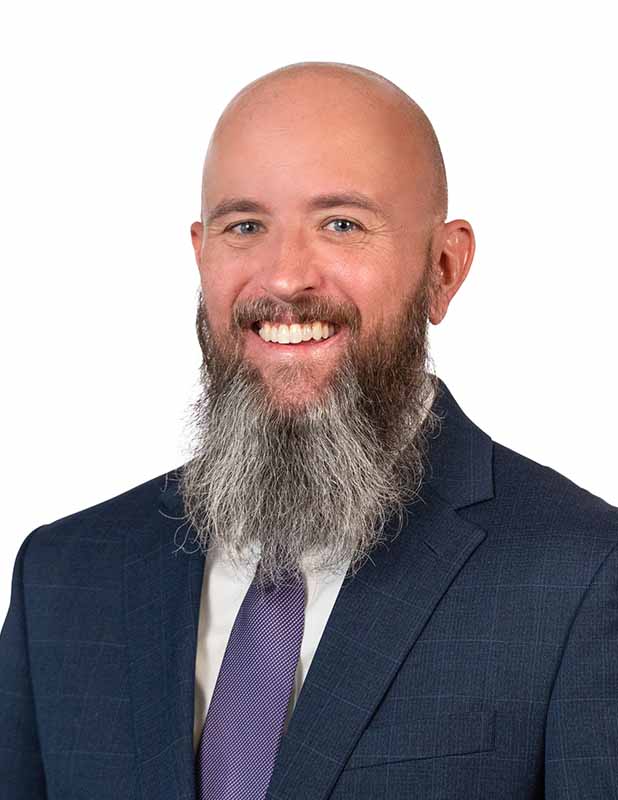

Christopher Ebner, MS, OTR/L






Leonard Elbaum, PT, EdD
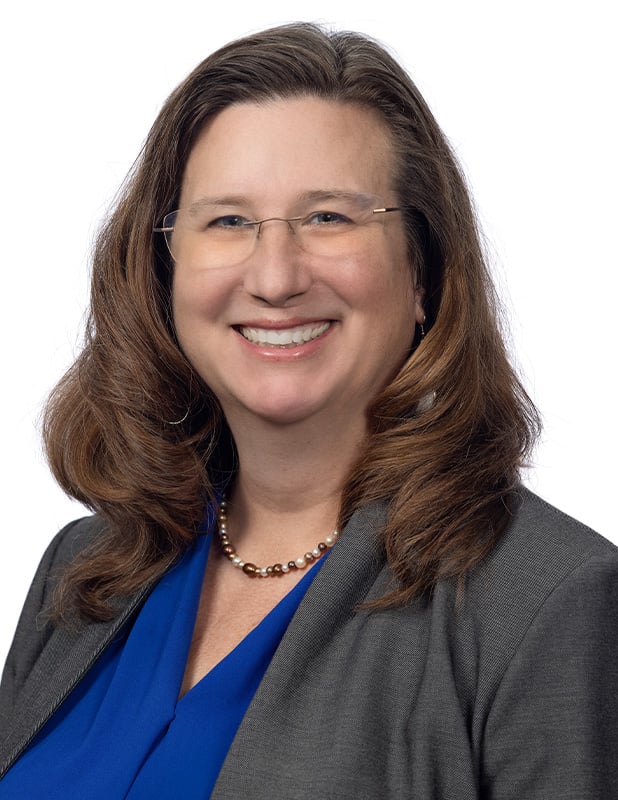

Elizabeth (Beth) Ennis, PT, EdD, PCS
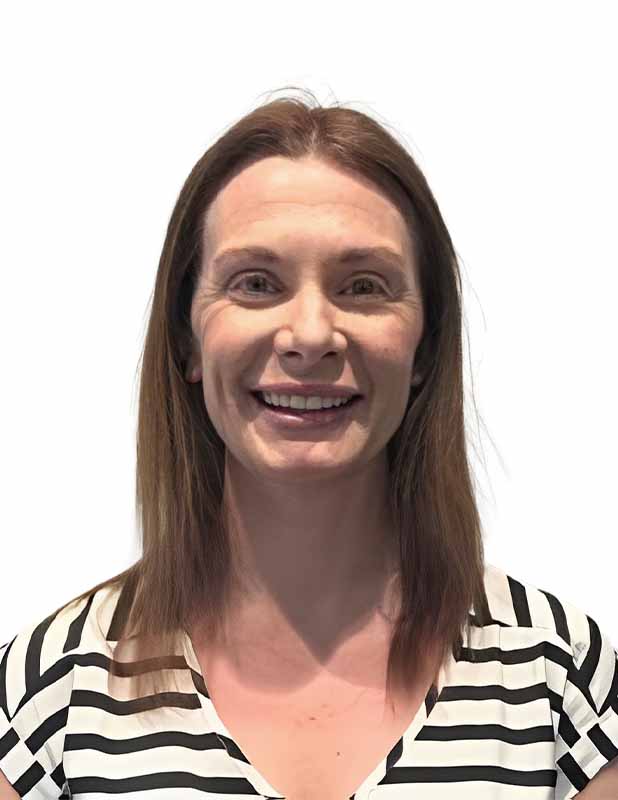

Shannon Estes, PT, DPT
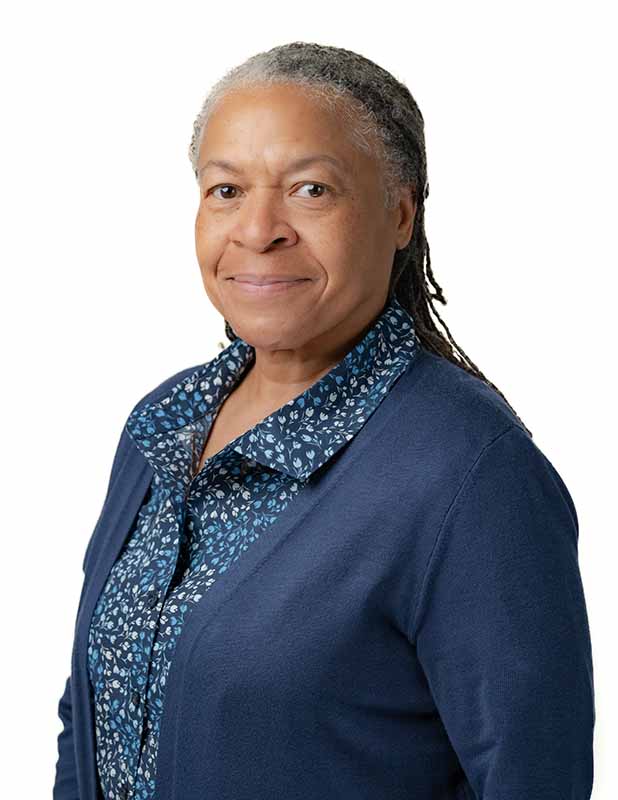

Pamela Evans, OTR, MBA, DBA
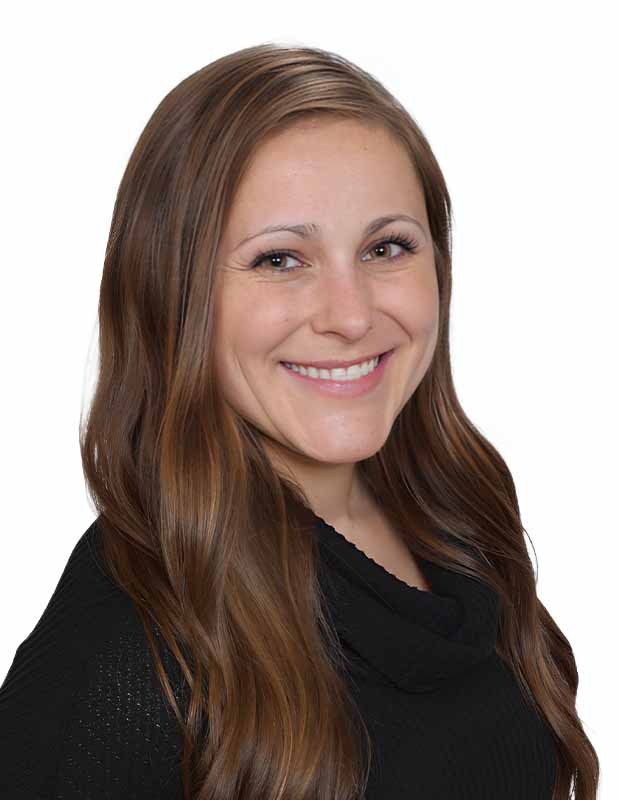

Jennifer Eyer, MOT, OTR, CHT
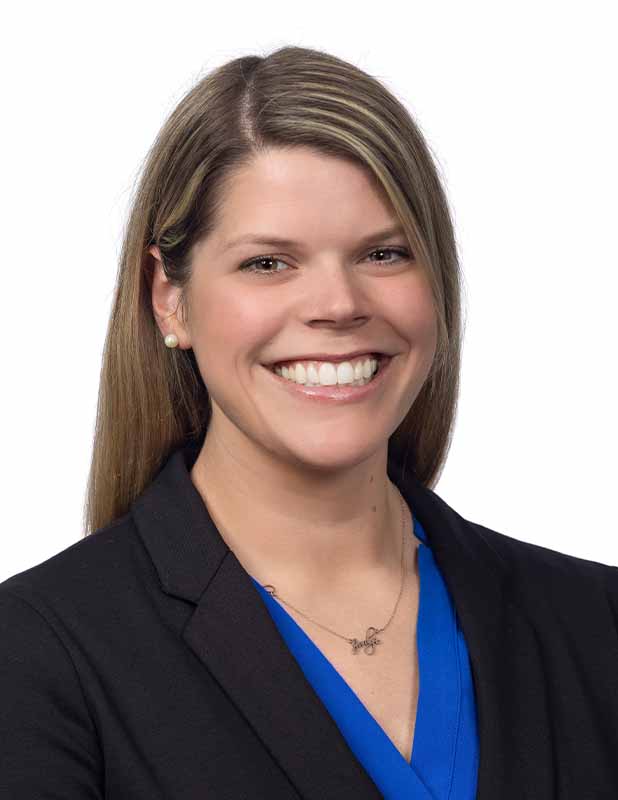

Jessica Fagan, OTD, OTR/L
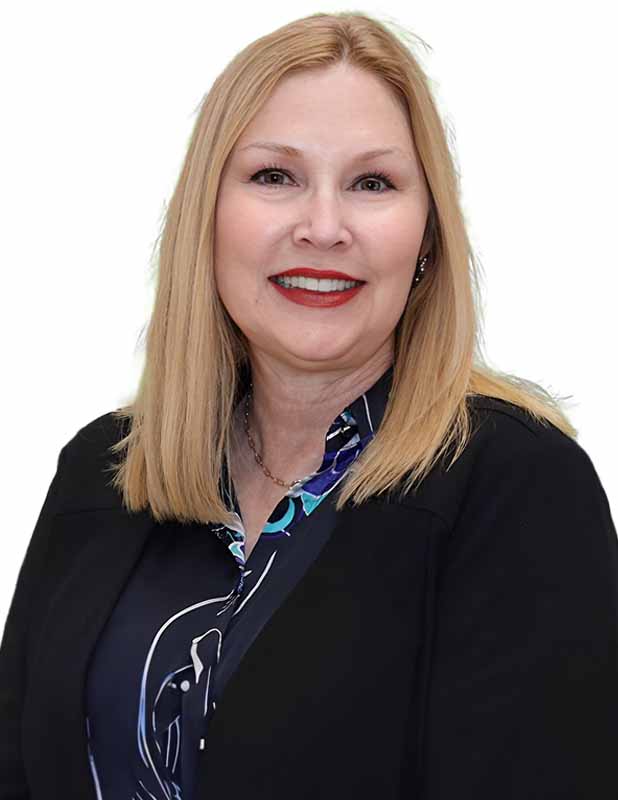

Justine Faghihifar, OTD, OTR, LSVT


Valerie Faul, MOT/L
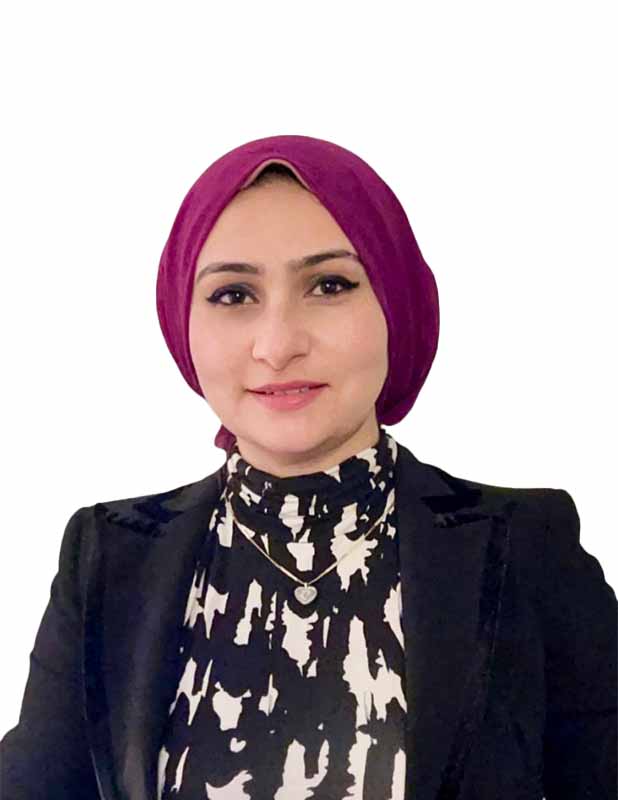

Eman Fayed, PhD, MS


Jennifer (Jen) Featheringham, OTD, OTR/L
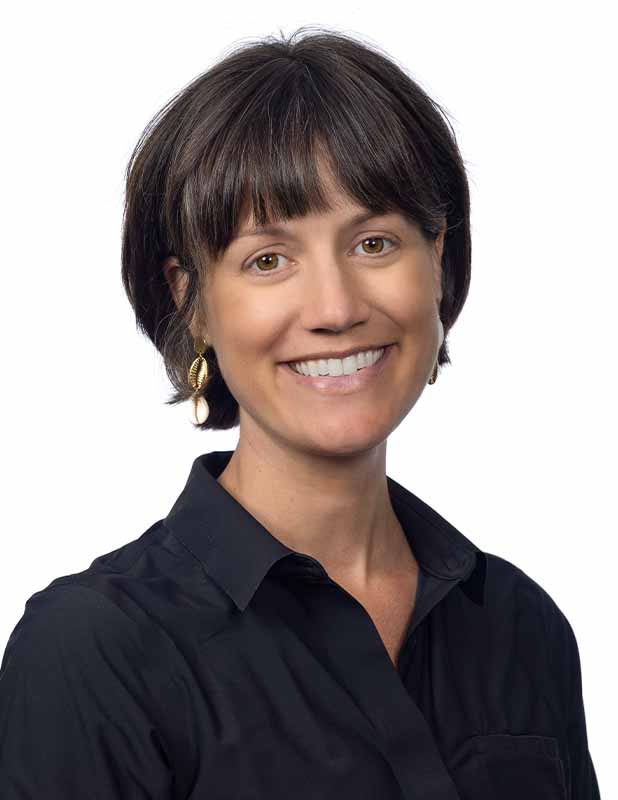

Katelyn Fell, MOT, OTR/L


Antonette Fernandez, DrOT, OTR/L, CNDT


Jaimee Fielder, OTD, OTR, CLVT, CBIST
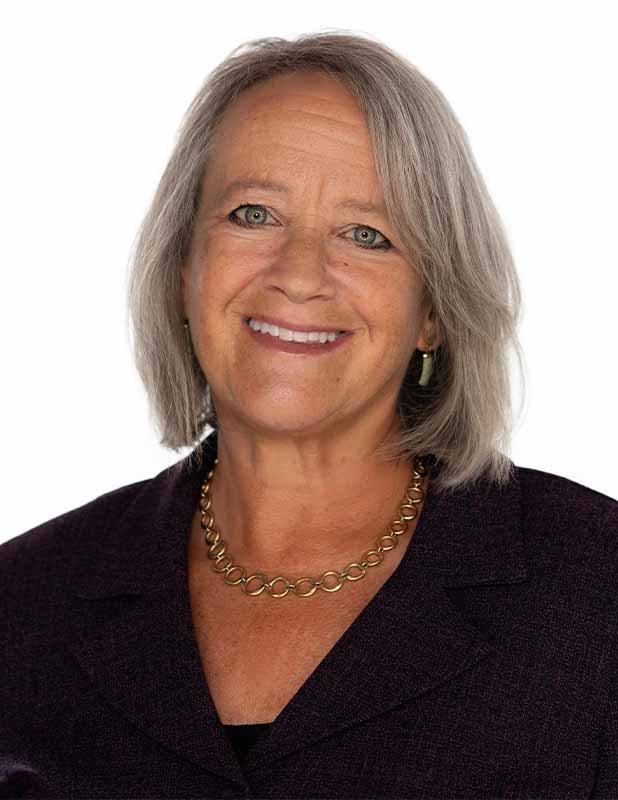

Christine Fiestas, PhD, CCC-SLP
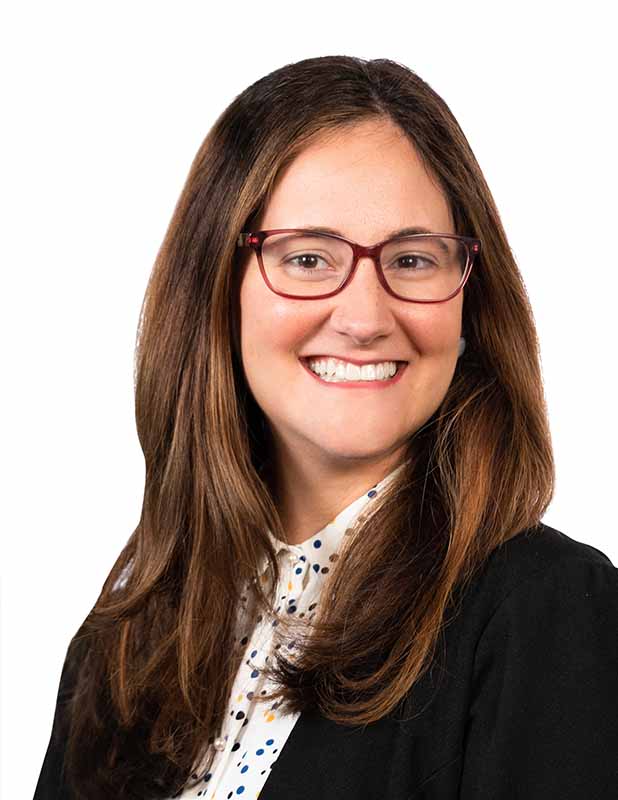

Laura Finkel, MS, CCC-SLP


Maureen Fischer, OTD, OTR/L
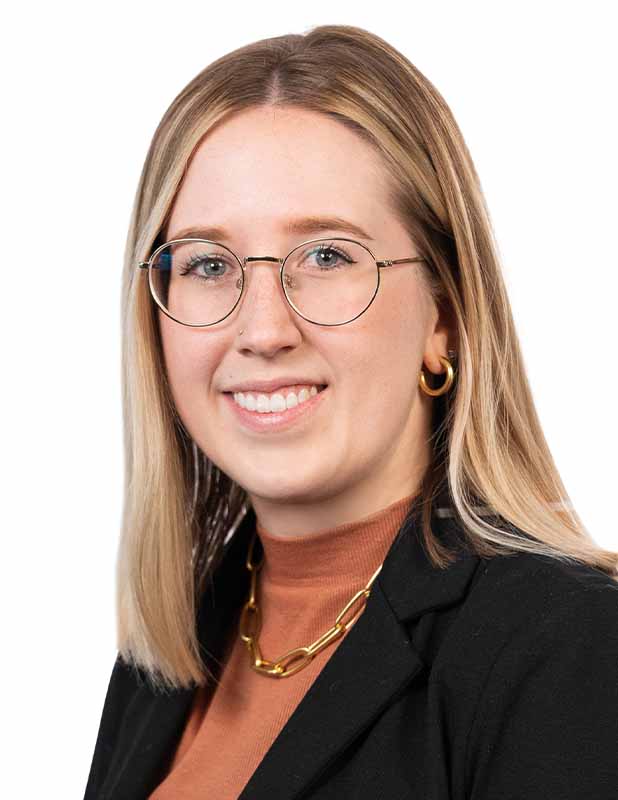

Julia Forsberg, MPAS, PA-C


Rachael Fox, OTD, MSOT, OTR


Emily Frank, OTD, MS, OTR, CHSE
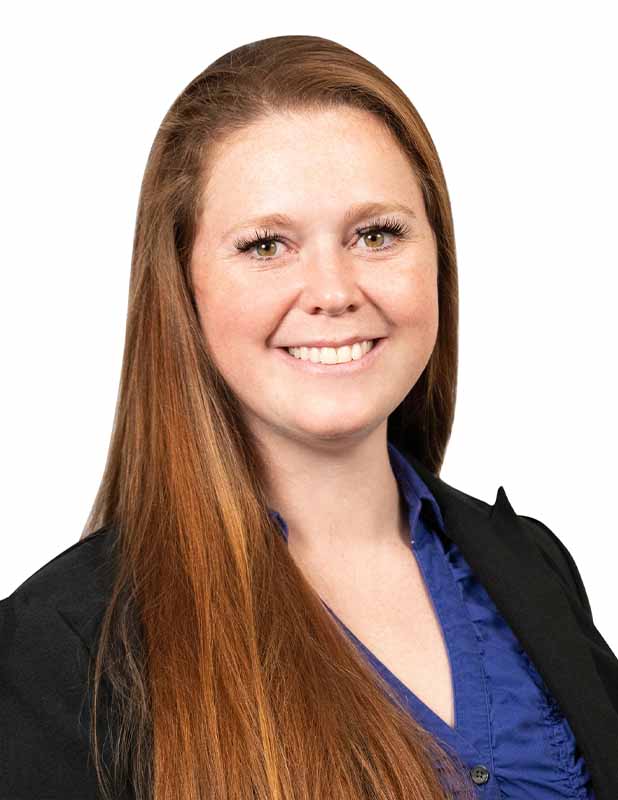

Brittani H. Freund, PT, DPT, PhD
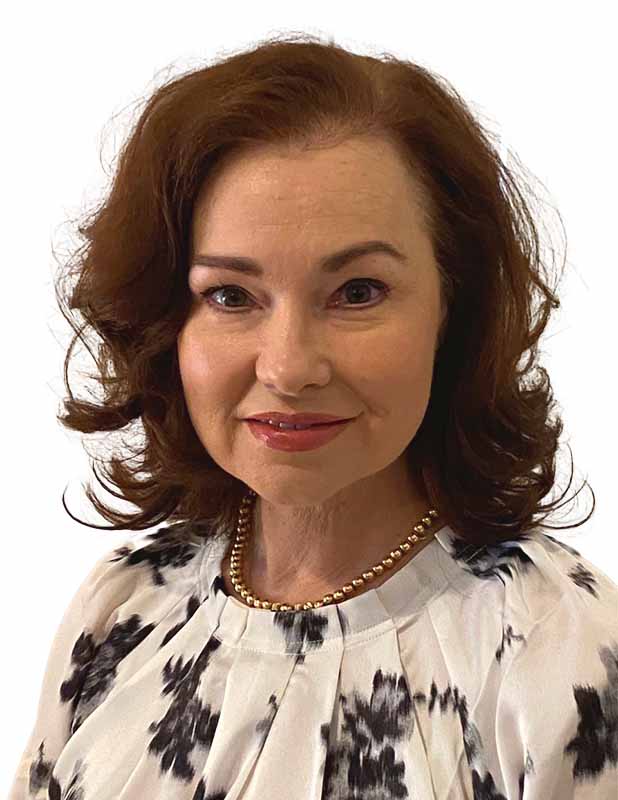

Gretchen Gabbert-Downs, PhD, CCC-SLP


Mohan Ganesan, PT, PhD
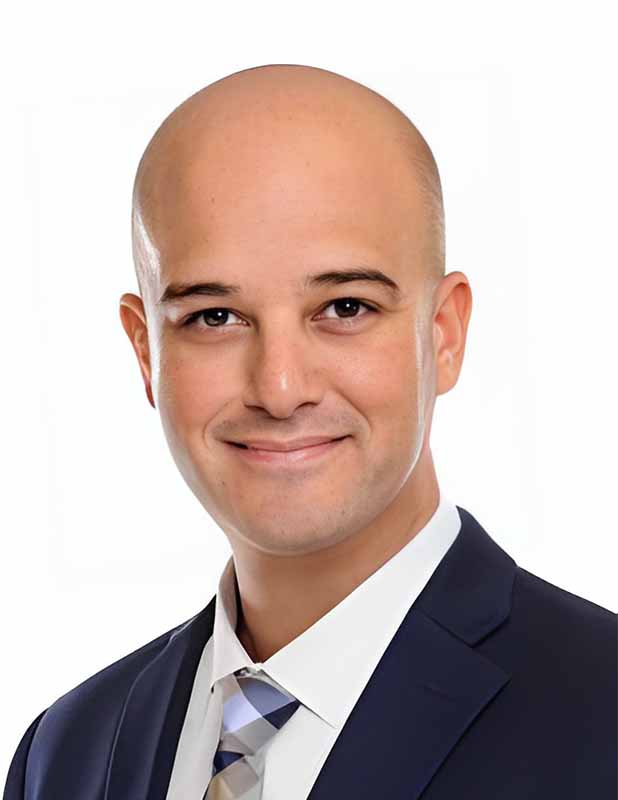

Miguel Garcia, PT, DPT, EdD
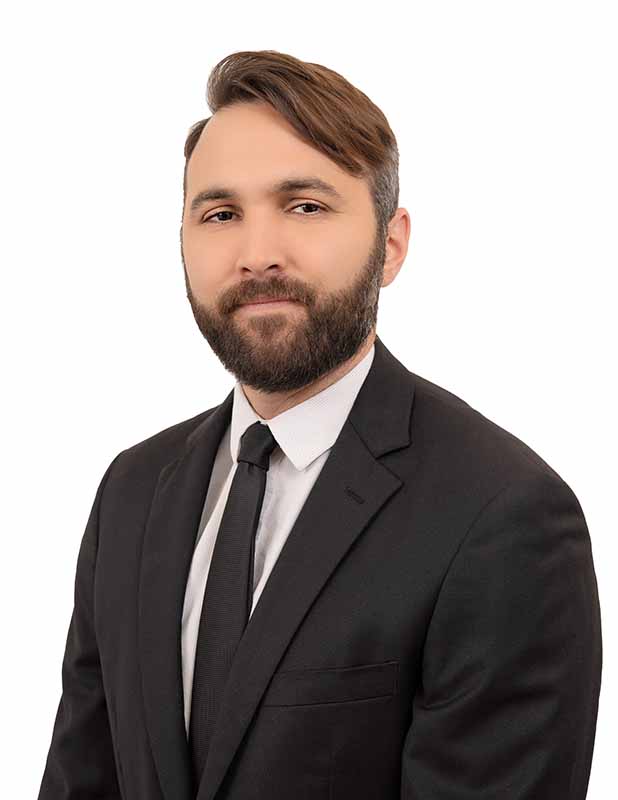

Christian Garcia, PT, DPT


Steven Gerardi, OTD, PhD, OTR


Angela Gibson, EdD


Sharon Glover, OTD, OTR/L, ECHM
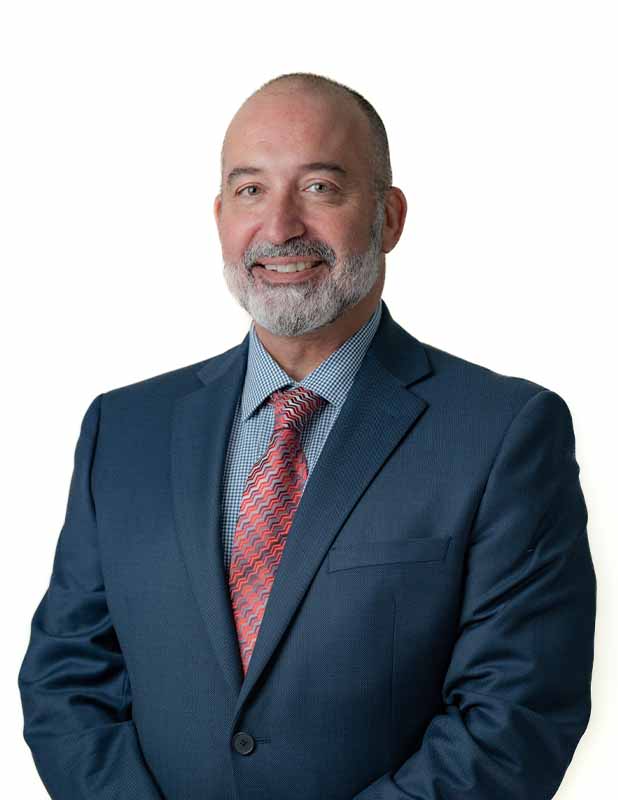

Pedro Gonzalez-Cabrera, PhD, MS









Michelle Gorenberg, OTD, OTR/L
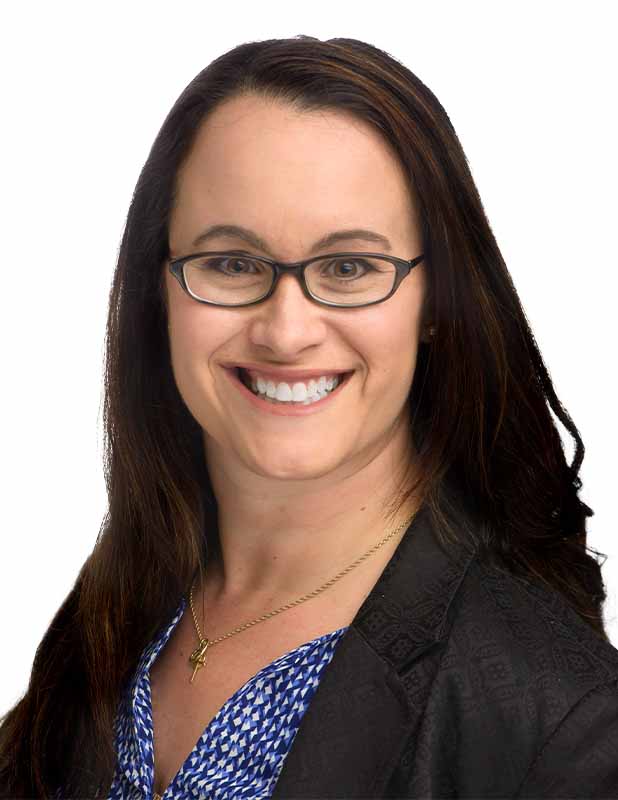

Amanda Grant, PT, DPT, MTC, CLT
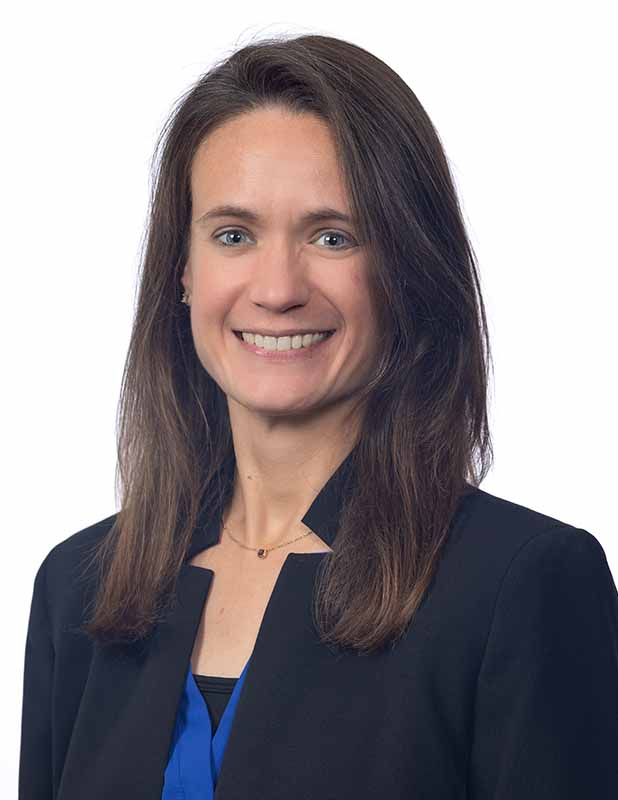

Melissa Green, PT, DPT
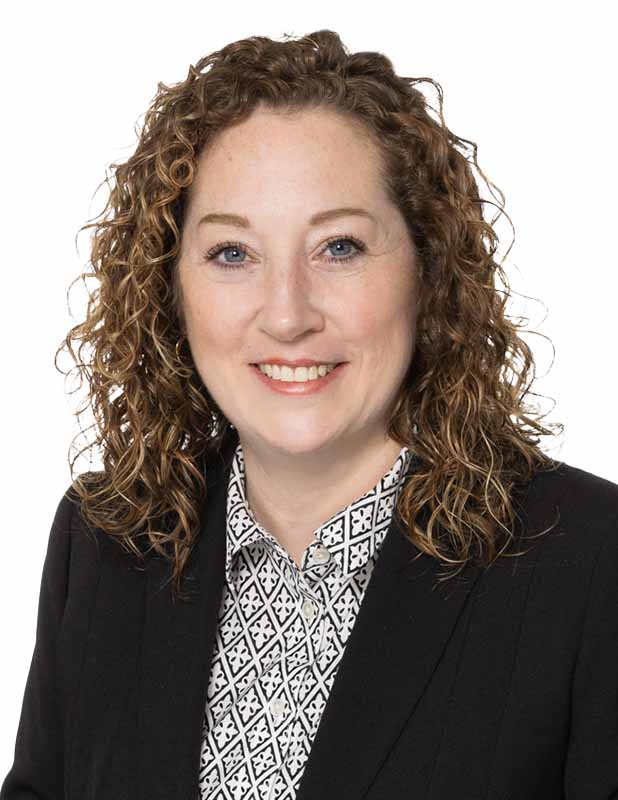

Mary Jan Greer, PhD, OTR
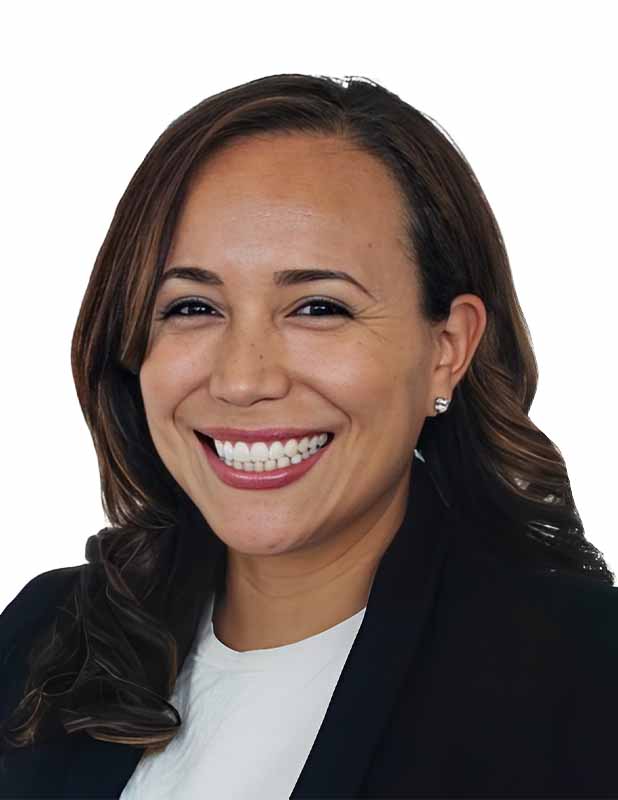

Vanessa Grijalba, OTD, OTR/L


Shannon Groff, PhD
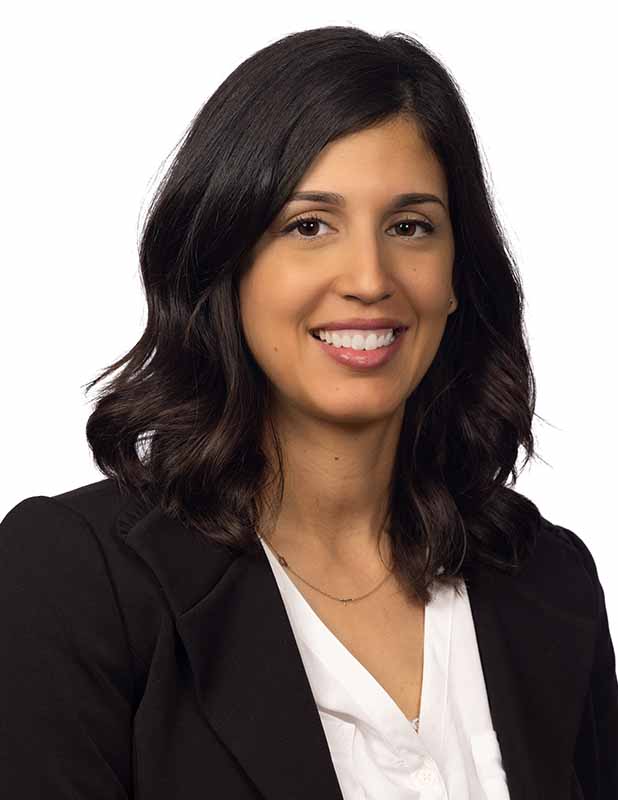

Raquel Guarino, MS, CHT, OTR/L
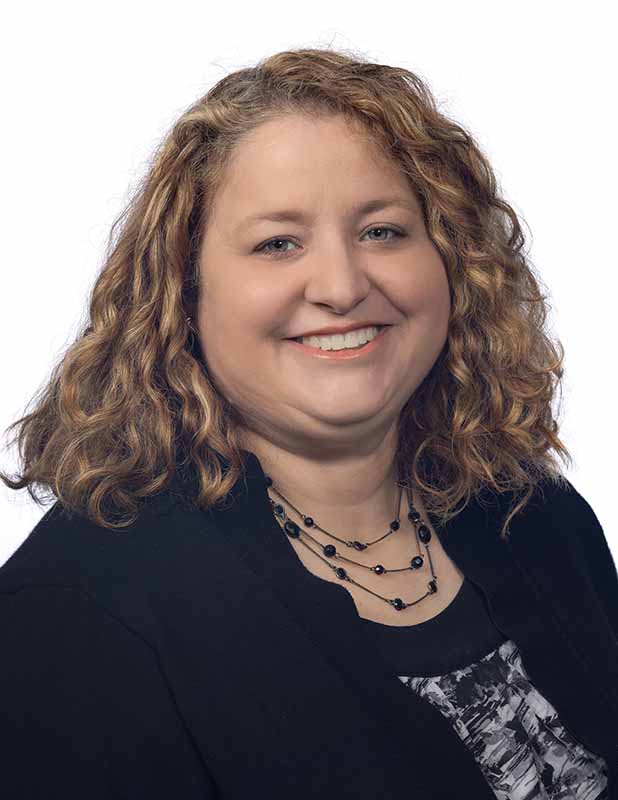

Zeida Gutierrez, PhD, MHS, OTR/L
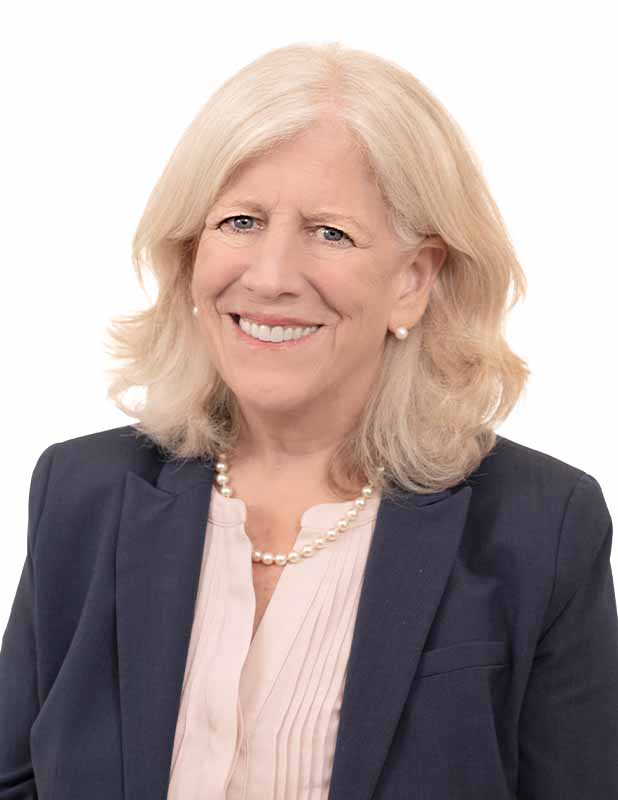

Marcia Hamilton, OTD, MSHS, OTR/L, BCTS


Cecelia Hammond, DNP, MSN, FNP-BC, PMHNP-BC


Dwight Hampton, MBA, MS, BSN, RN-BC
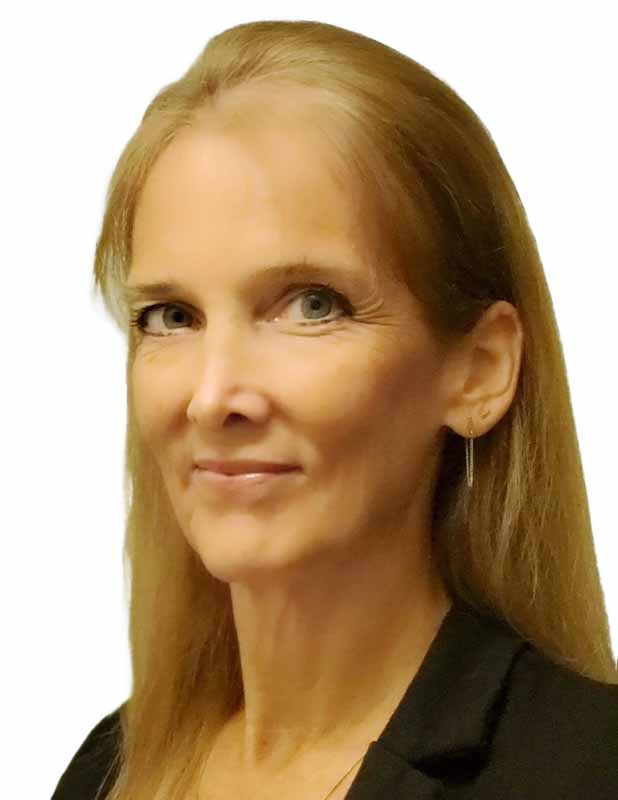

Kristine (Kristi) Hanks, PT, DPT


Marianne Hanover, PT, DPT






Nicolas (Nick) Harrington, OTD, MOT, OTR/L
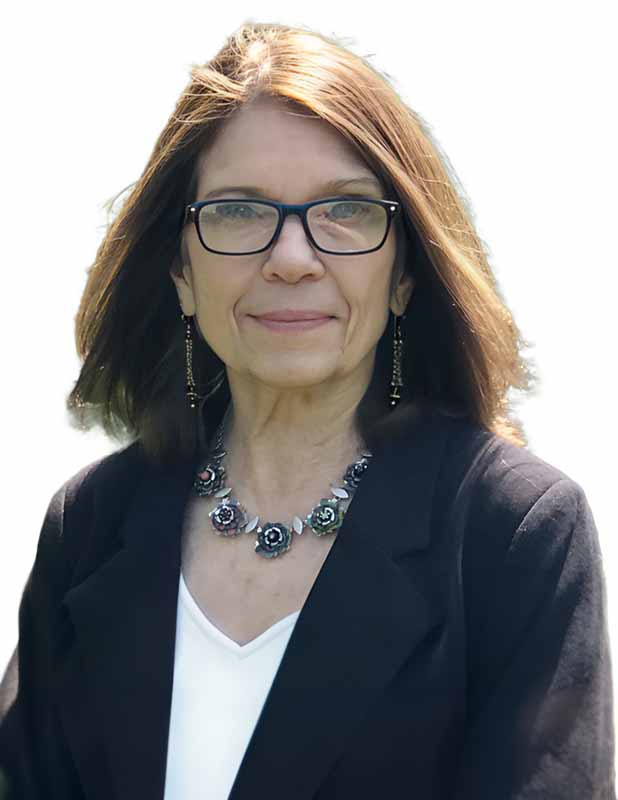

Cynthia (Cyndi) Haynes, OTD, MBA, MEd, OTR/L


Nancy Hellman, DPT, EdD
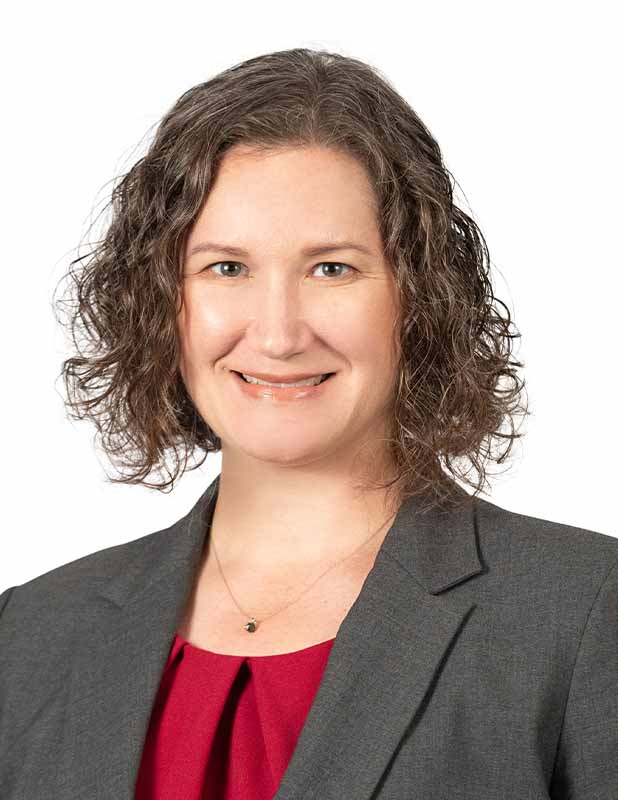

Janis Henricksen, PT, DPT, ScD


Grace-Anne Herard, DPT, EdD


Johnanna Hernandez, PhD, APRN, FNP-BC
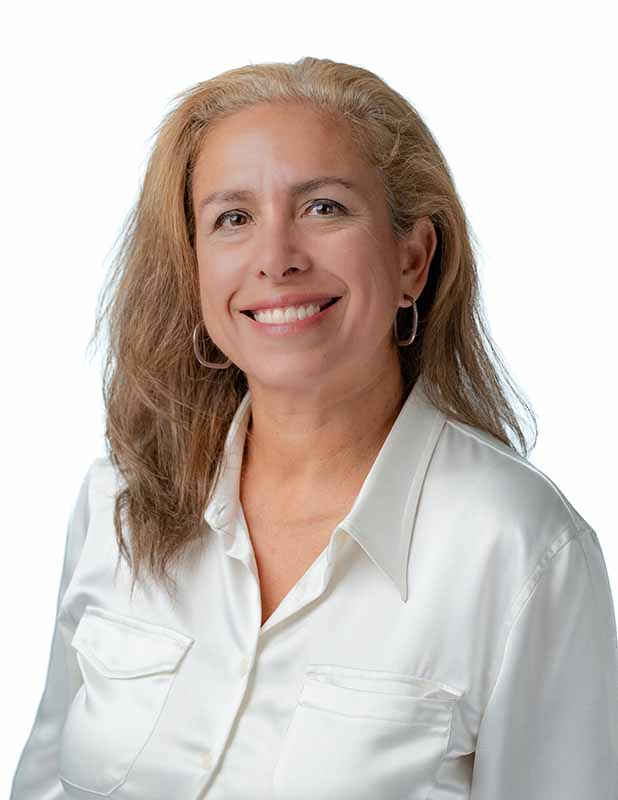

Claudia Herrera, PT, ScD


Amy Herrington, DNP, RN, CEN, CNE


Eric Hicks, PhD, MS, OTR
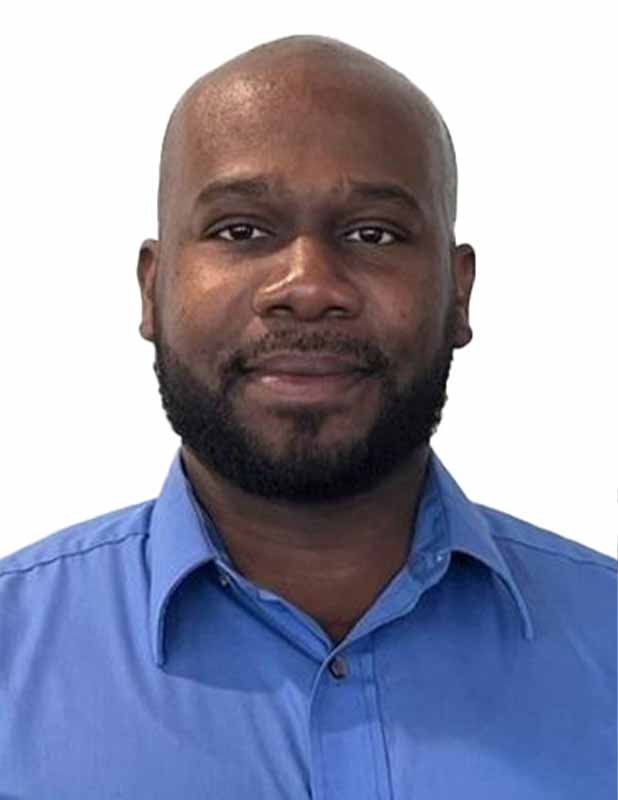

Jerome Higgs, PT, DPT, PhD


Melanie Hill, PT, DPT
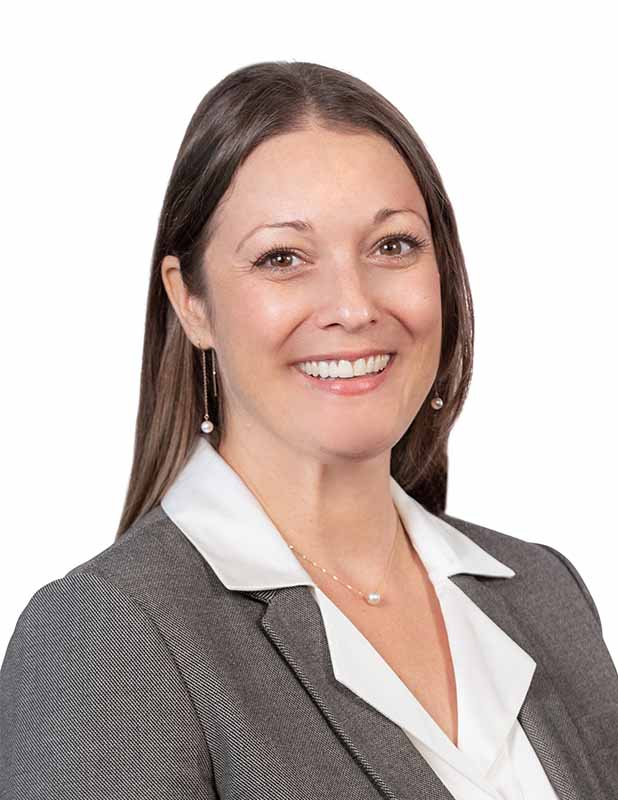

Nickole Hines-Staples, MA, CCC-SLP, BIES


Lee Ann Hoffman, OTD, ATP/SMS
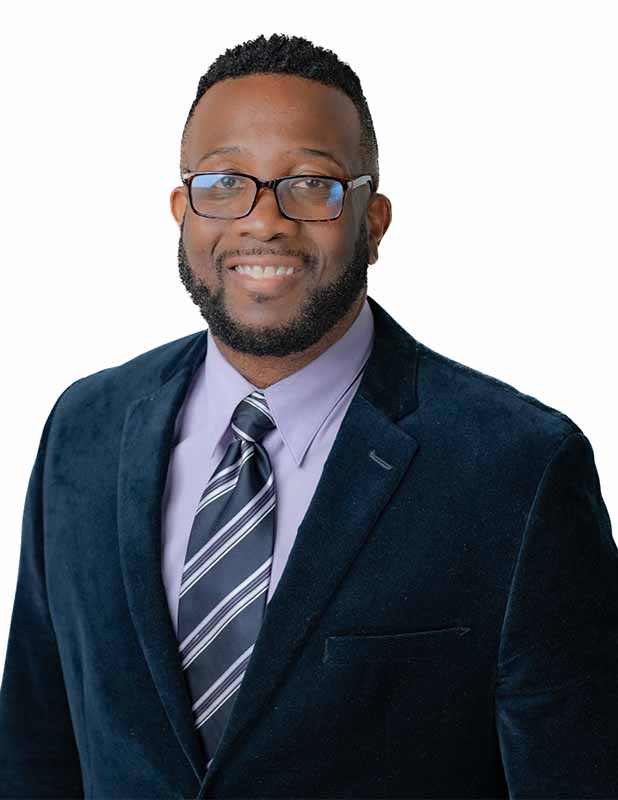

Timothy Holley, DHSc, MSOT, OTR/L, CBFC
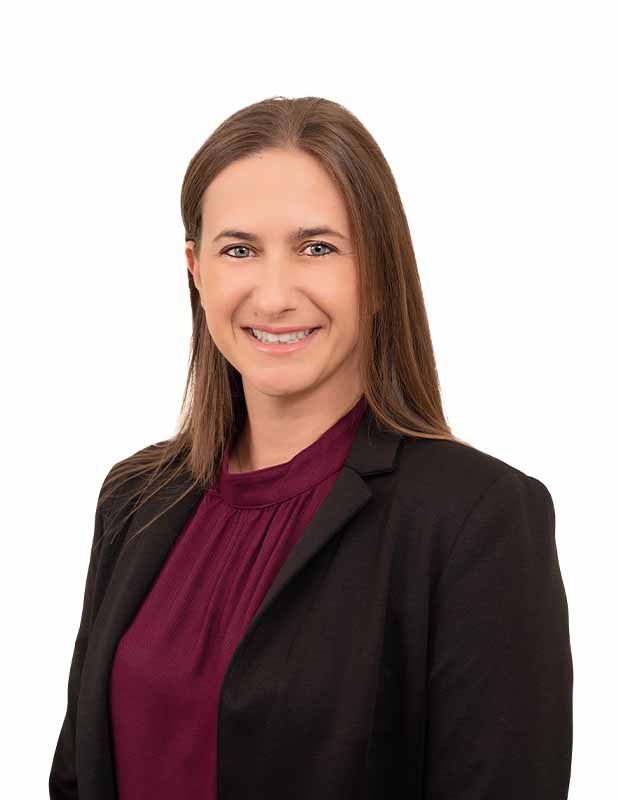

Karina Ingegneri, DPT, ATC/L


Christopher Ingstad, PT, DPT, MTC, ATC
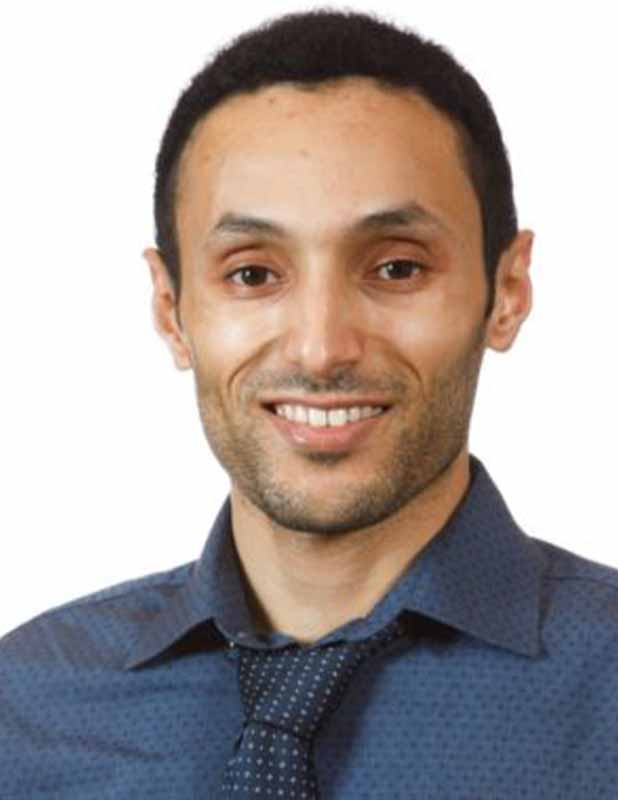

Hatem Jaber, PT, MPT, DSc
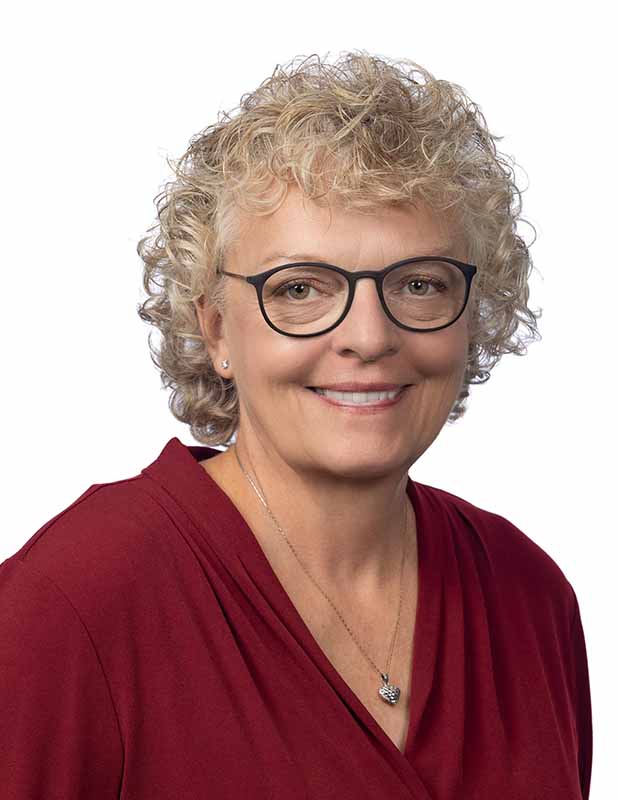

Deborah Jackson, PT, PhD, CMP, ATC
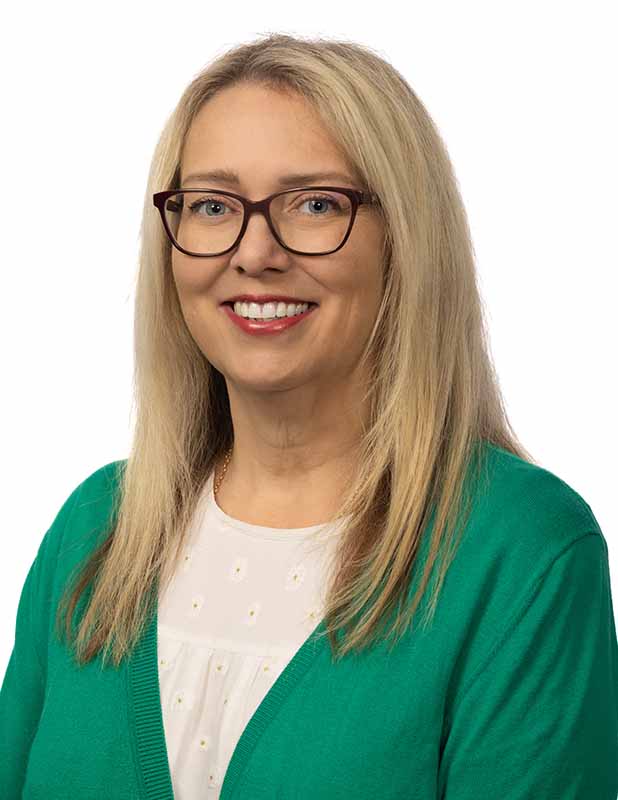

Rebekah Jarrar, OTD, MA, MOT, OTR/L


Amie Marie Jasper, PT, DPT, PhD


Lisa Jenkins, PT, MPT, BBA
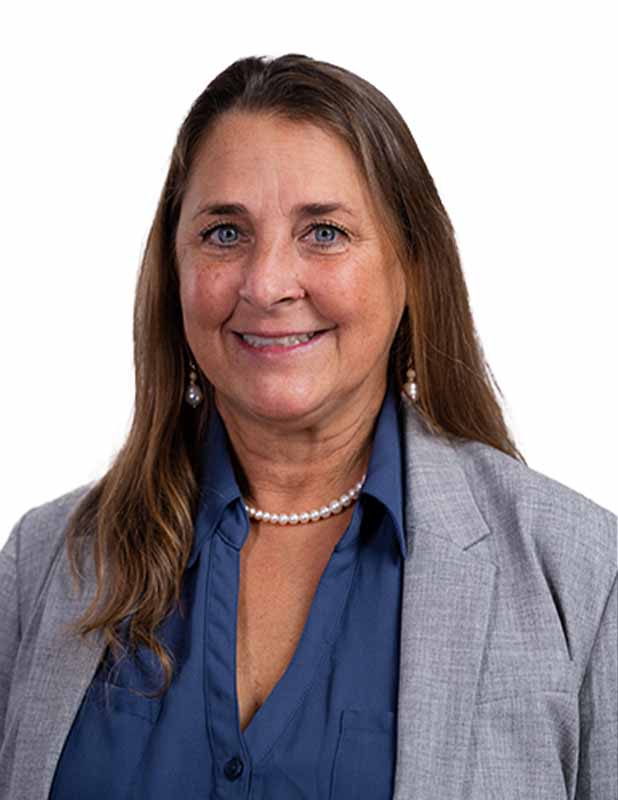

Maureen Johnson, PhD, MS, OT/L, BCPR, C/NDT, CHSE-A
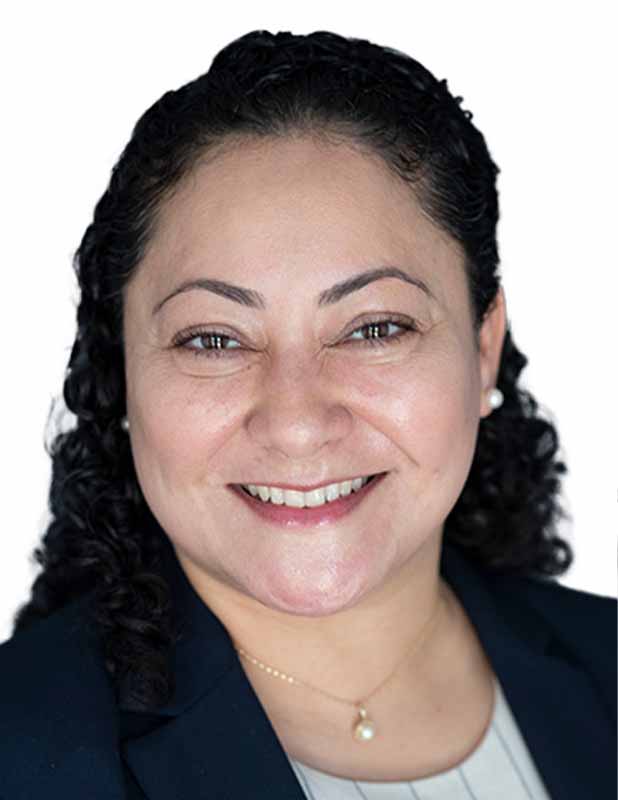

Diana Julbe-Delgado, PhD, CCC-SLP
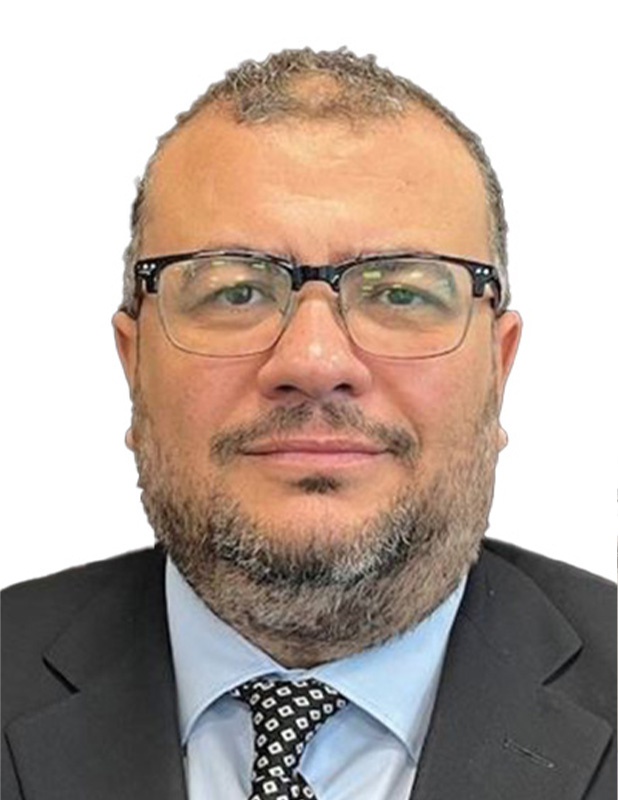

Mohamed Kamel, PT, PhD
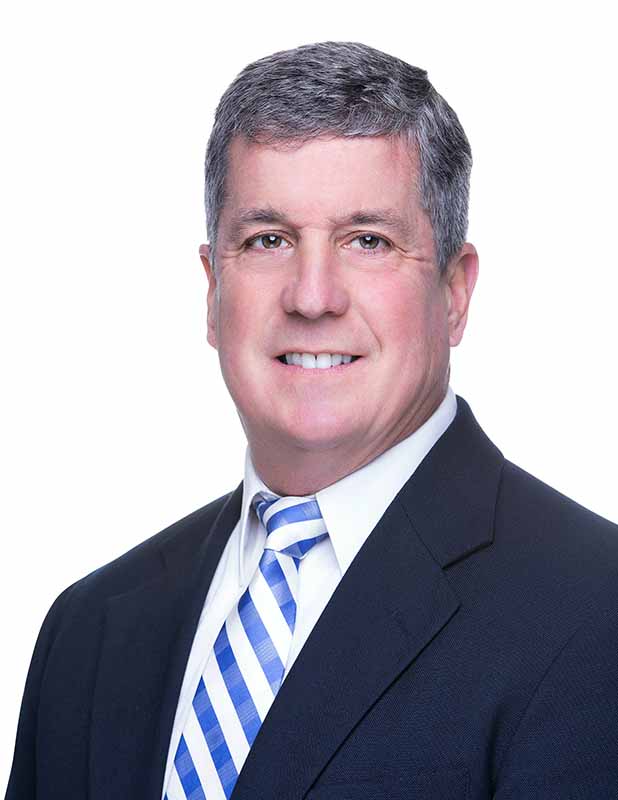

Edward J. Kane, PT, PhD


Pamela Kasyan-Howe, OTD, OTR/L, EdS


Sarah Kelly, MS, CCC-SLP









Mark Kelso, PhD, LLM
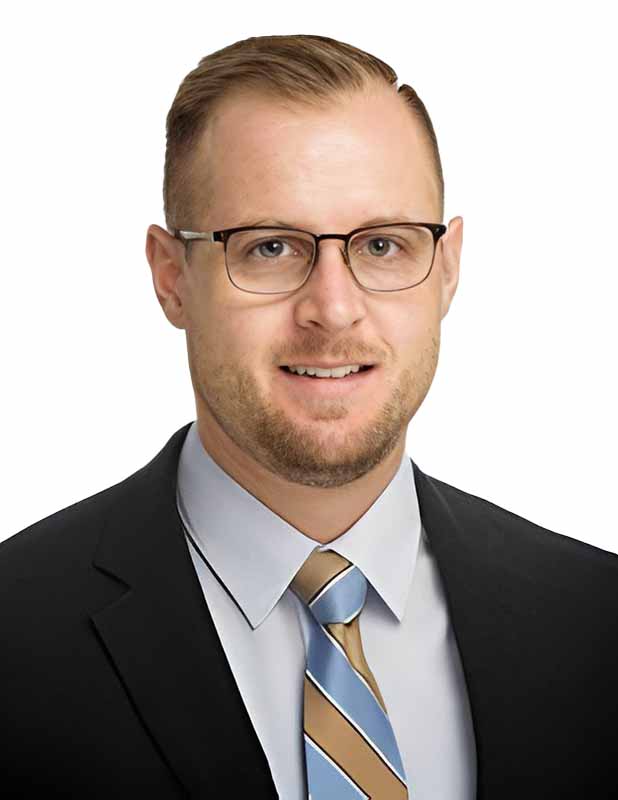

David J. Kempfert, DPT, OTR


Amy Kennedy, MS, OTD, OTR/L






Marcia (Marti) Kessack, PhD, RN, HCM, PPA
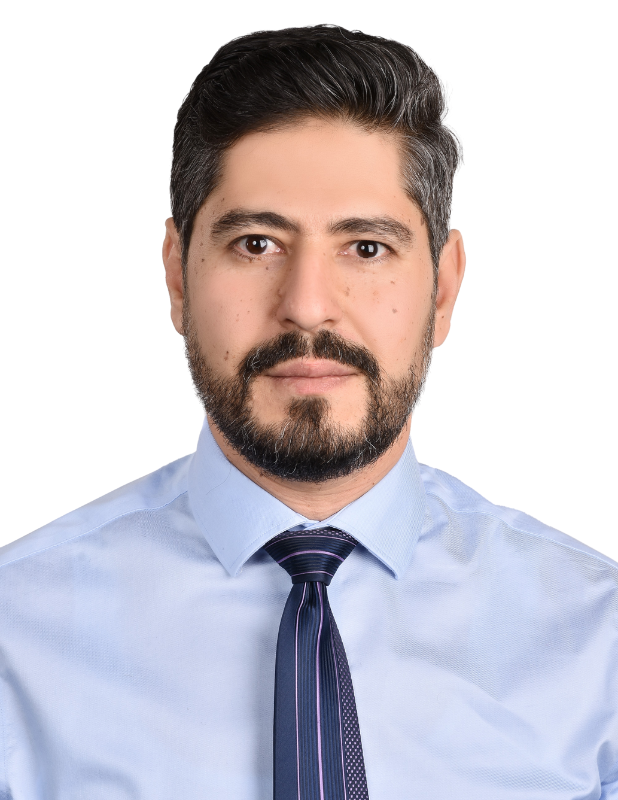

Mohamed Khallaf, PT, DPT, MS, PhD


Sabina Khan, PhD, OTD, MS, OTR/L


Lesley Khan-Farooqi, PhD, OTD, OTR/L


Heather King, DScPT
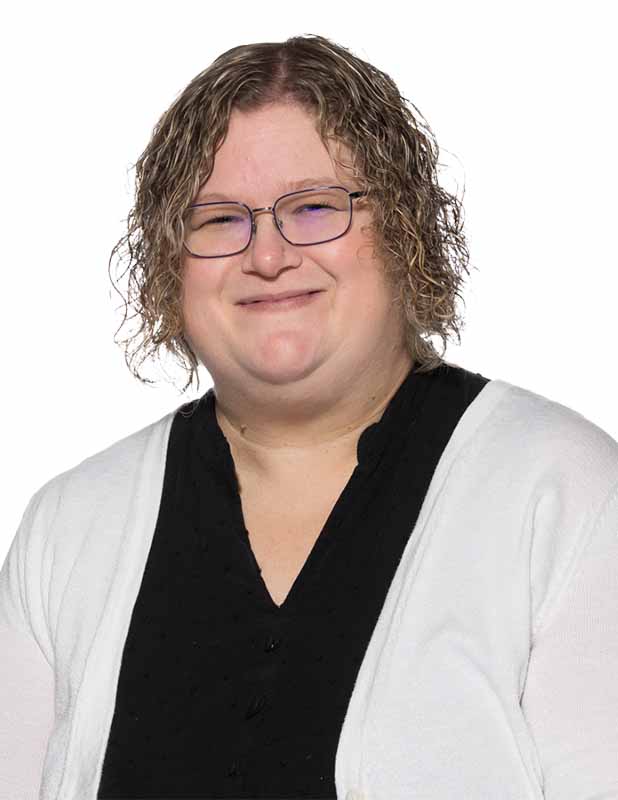

Rebecca (Becky) King, OTD, MSOT, OTR


Dana Kolbfleisch, OTD, OTR/L
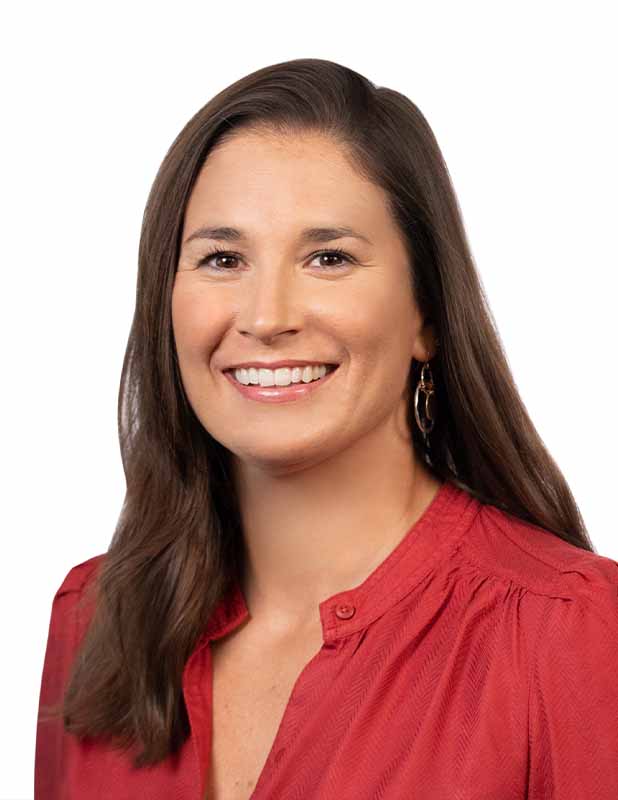

Lindsay Kozicz, MHS, PA-C


Neeraj Kumar, PT, DPT, PhD
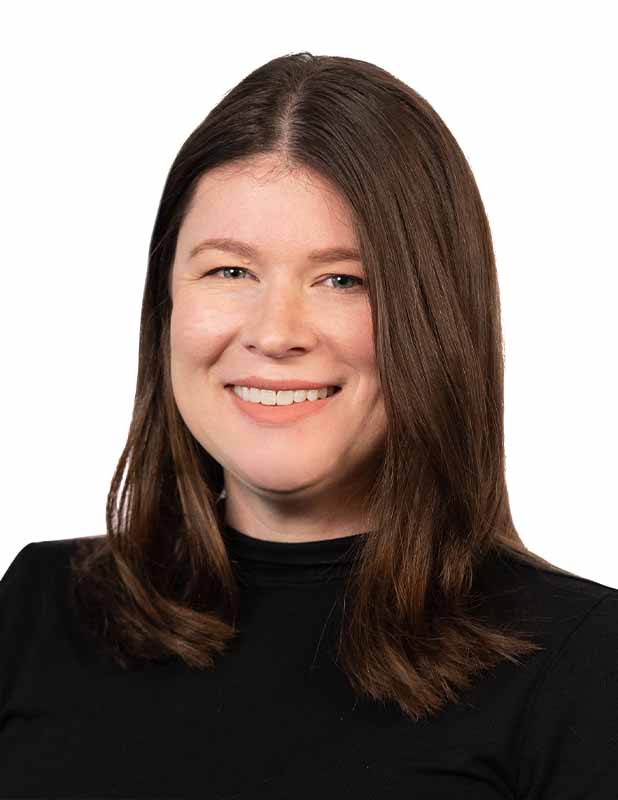

Elizabeth (Beth) Lambert, MOT, OTR
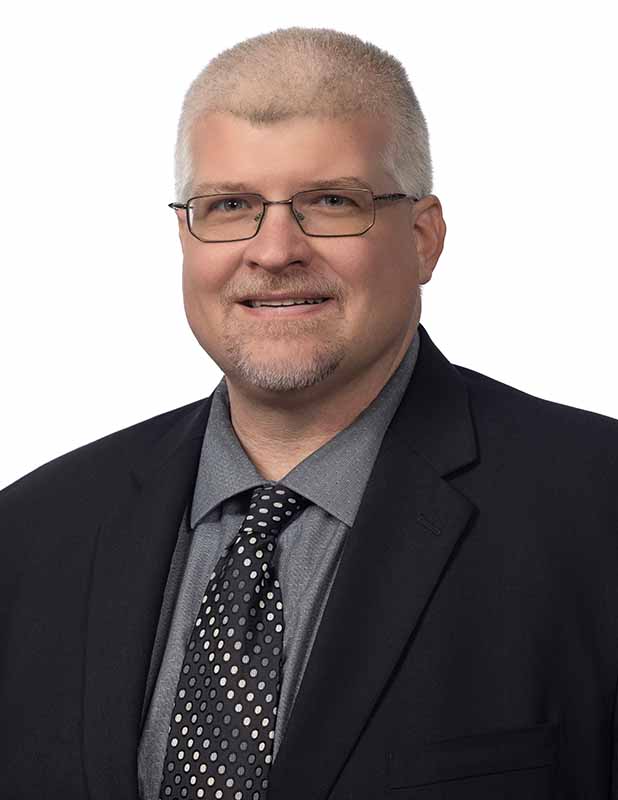

Nicholas (Nick) LaRosa, PT, DPT, EdD
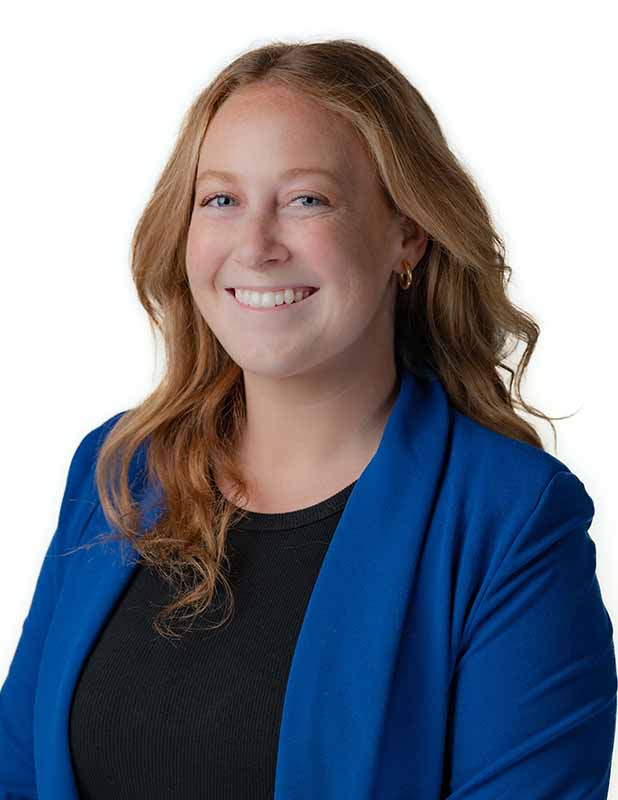

Kersten Laughlin, OTD, OTR/L


John Layne, PT, DPT, MTC
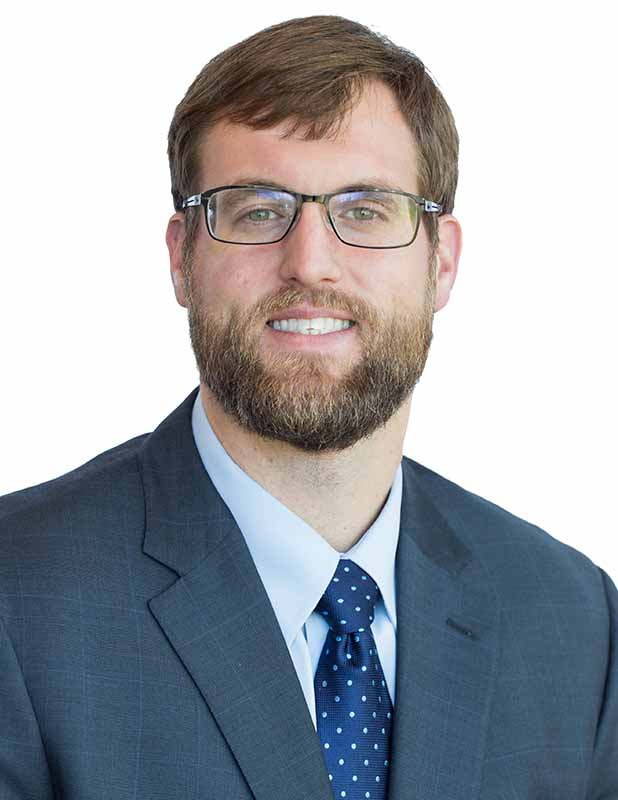

Joseph Leech, PT, DPT, DSc
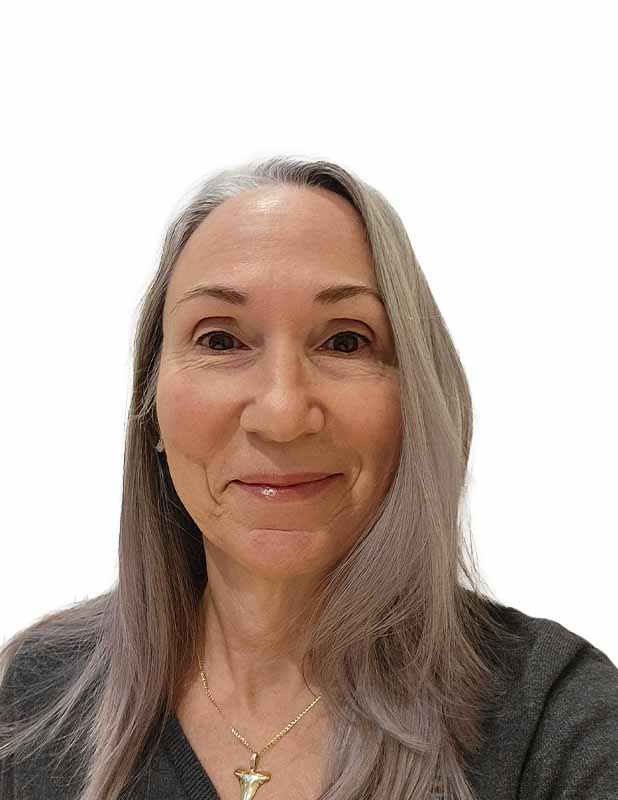

Blanche Leeman, EdD, OT/L, CHT
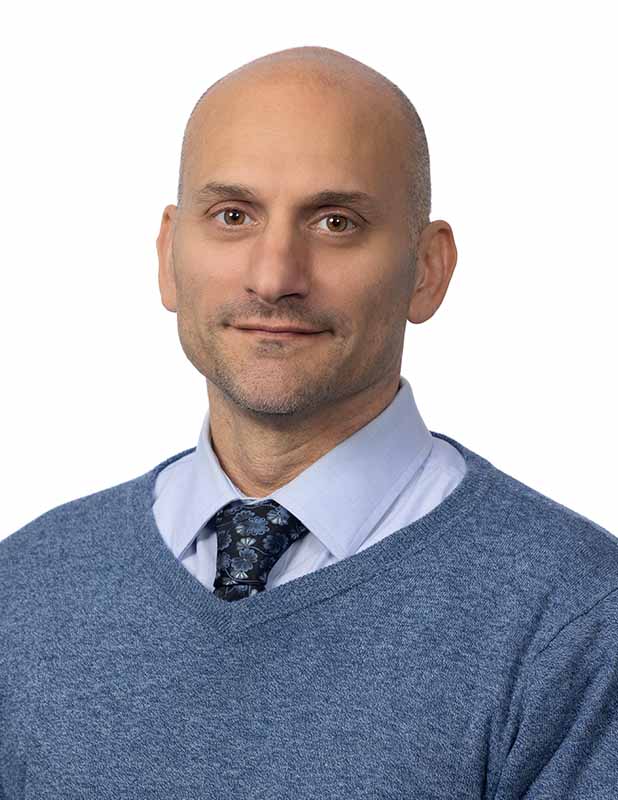

David Liguori, DNP, NP-C, ACHPN
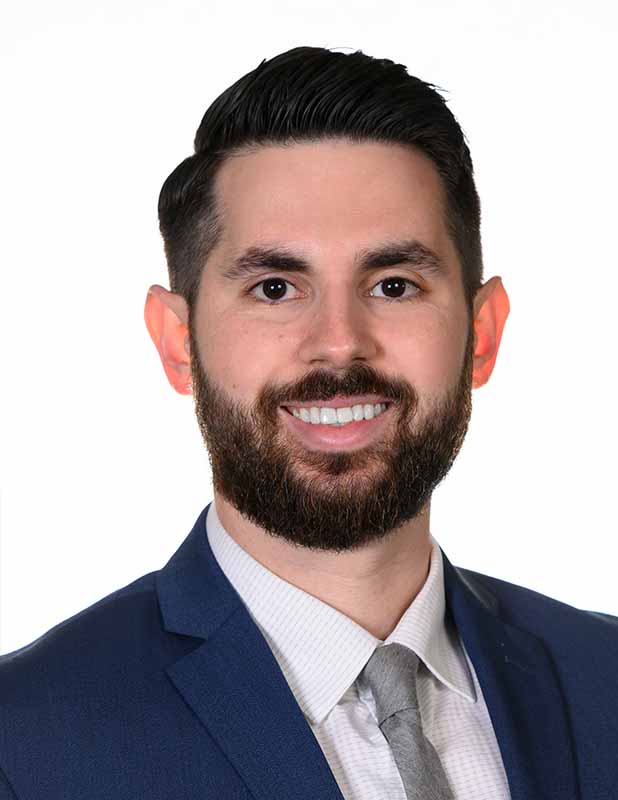

Kristian Llaca, EdD, OTD, OTR/L, ATP, CSRS, BCTS, CHSE


Ashlee Loewen, DNP, APRN, FNP-C
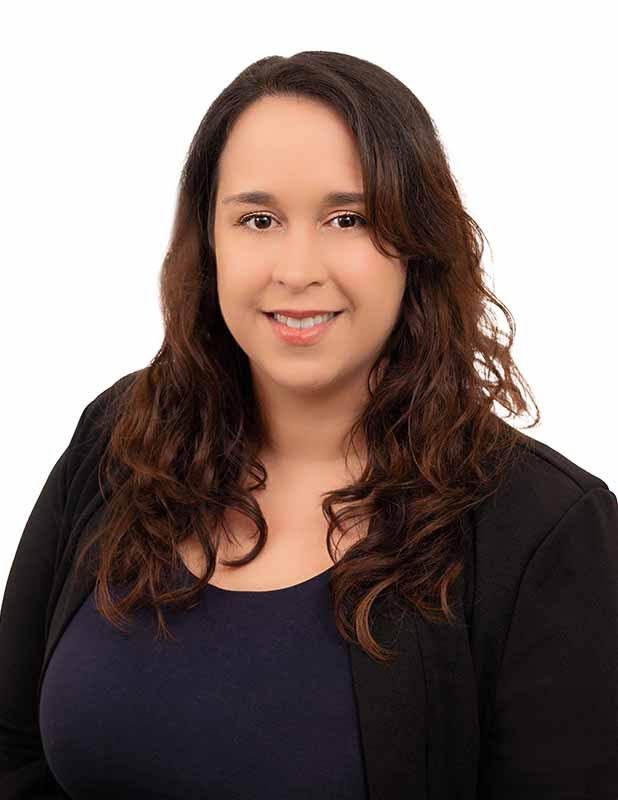

Arlenys Loffredo, MS, OTD, OTR/L
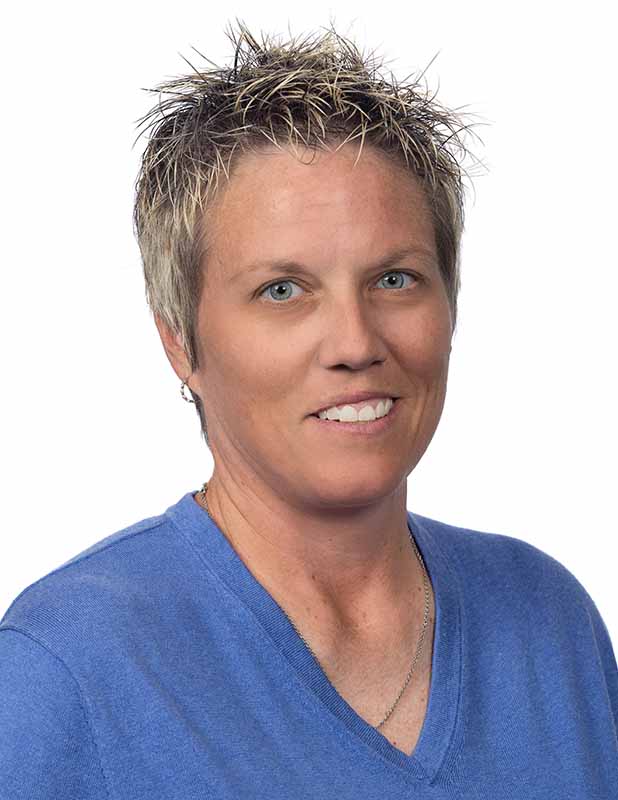

Shannon Logan, PT, DPT


Scott Love, PT, DPT, DHS, MPT









Betty Lucente, PhD, MS, RN
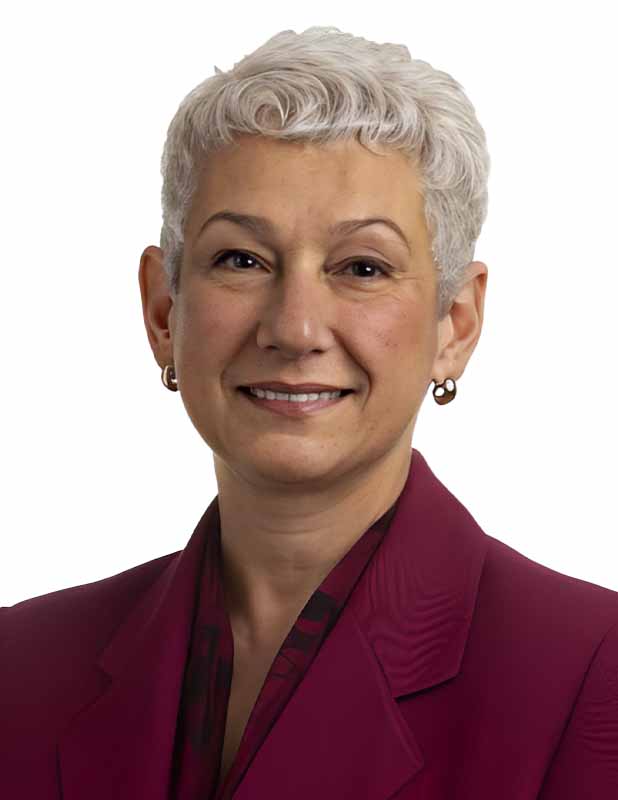

Kathleen A. Luedtke-Hoffmann, PT, PhD, MBA
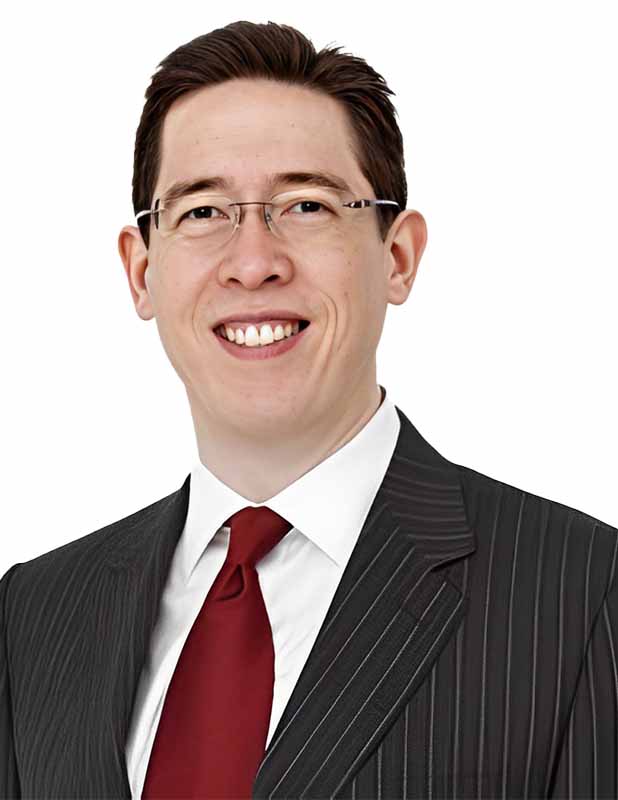

Jason Lum, ECML, JD, MPP


Susan MacDermott, OTD, OTR/L


Dana Madalon, OTD, OTR/L
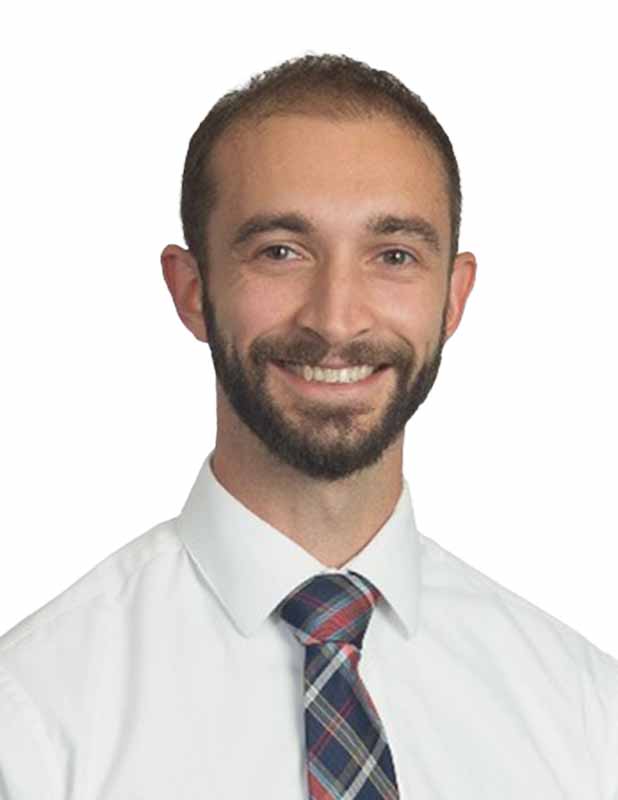

Garrett Mandel, PT, DPT
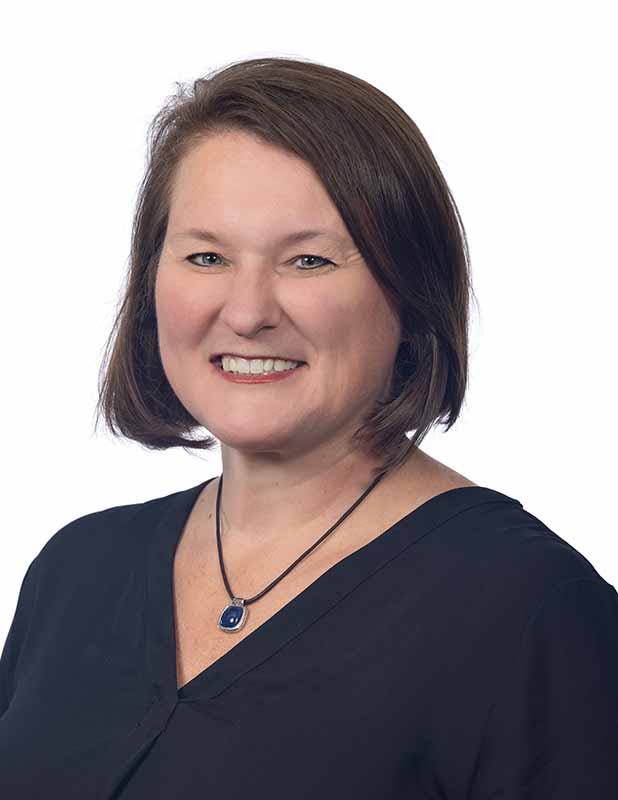

Tamala (Tammy) Marcin, PT, DPT, EdD, MBA


Robyn Martin, MS, CCC-SLP, BCS-F


Cecilia S. Martinez, OTD, OTR/L, BCP
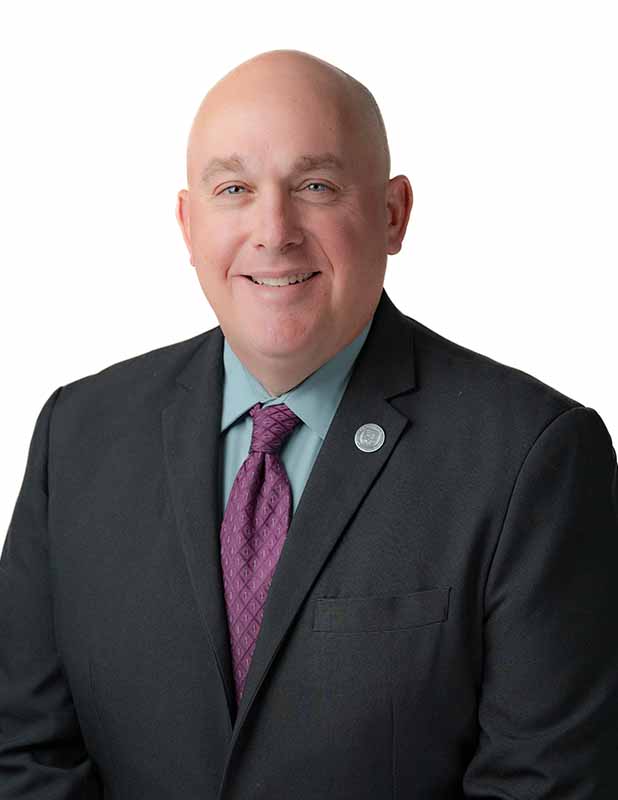

James (Jim) Mathews, PT, DPT, PhD


Michelle McCraney, EdD
Dr. Michelle McCraney joined the University of St. Augustine for Health Sciences in 2019 and currently serves as a Contributing Faculty and dissertation chair/committee member in the Doctor of Education (EdD) program. Dr. McCraney has worked in education for more than 30 years. She began her career teaching special education K-12 students and at Florida’s
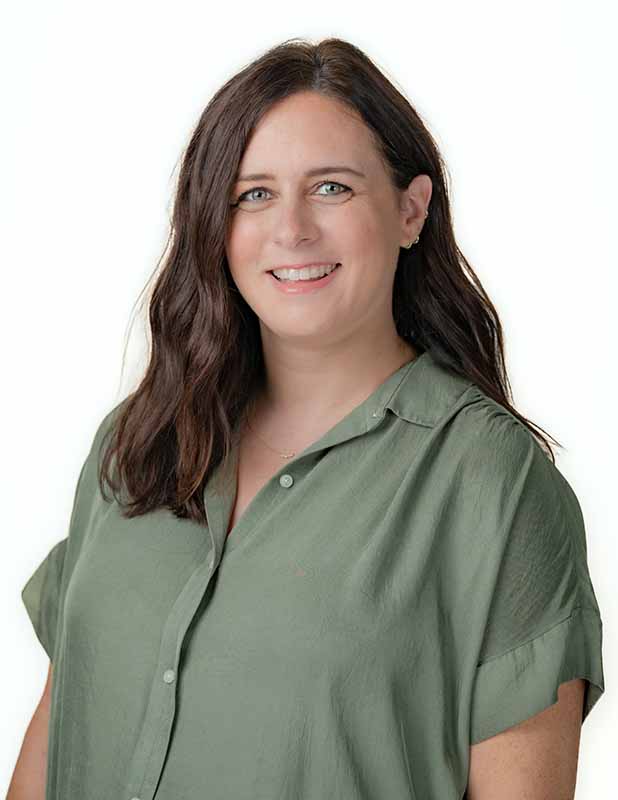

Erin McIntyre, OTD, MA, OTR/L
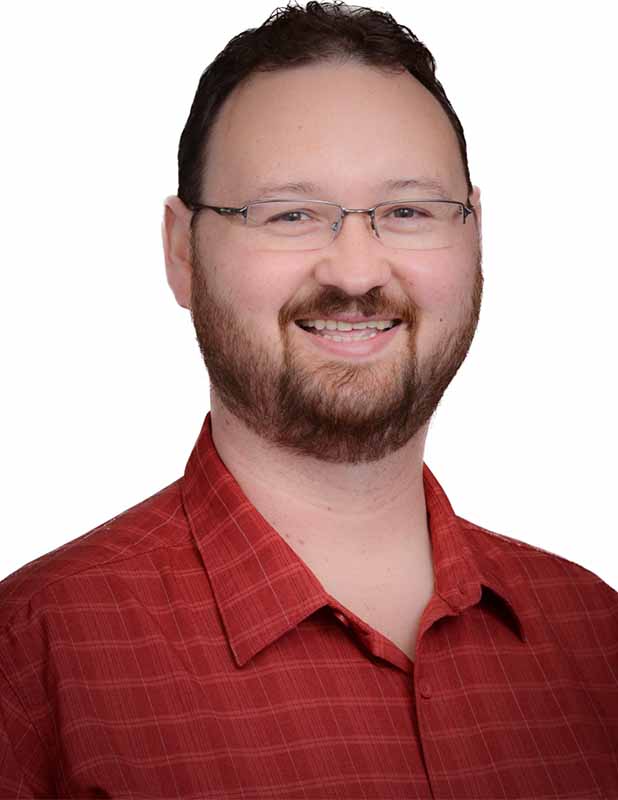

Keegan McKay, OTD, MOT, OTR
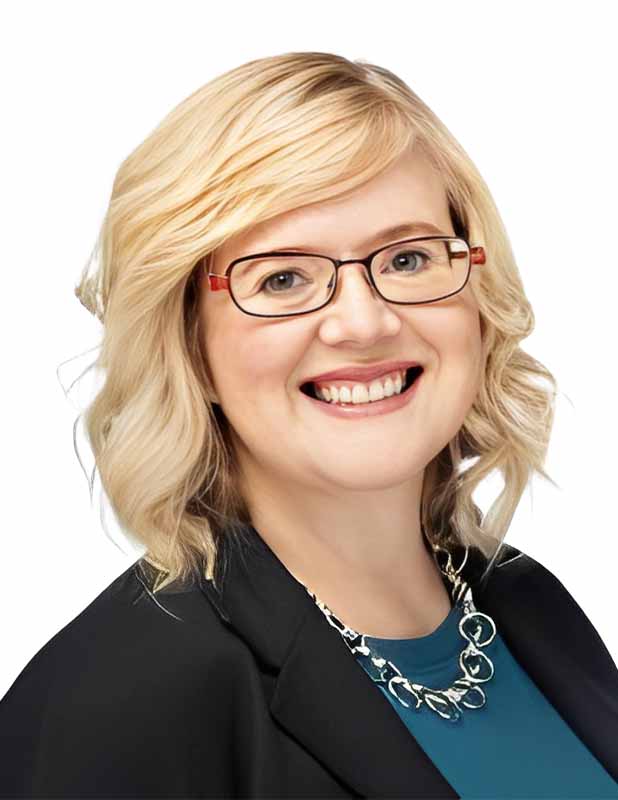

Martina ‘Tina’ McNulty, PhD, OTR/L
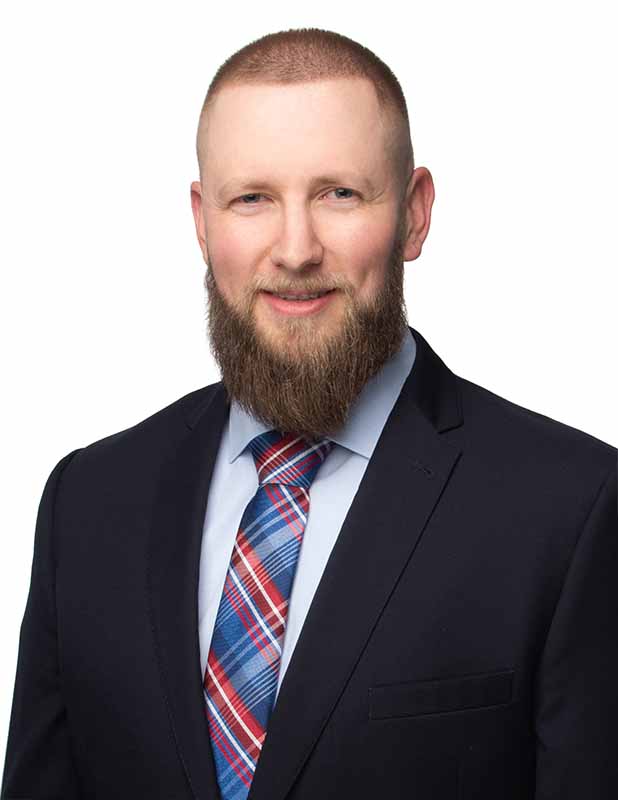

Keith B. McWilliams, OTD, OTR/L, DRS
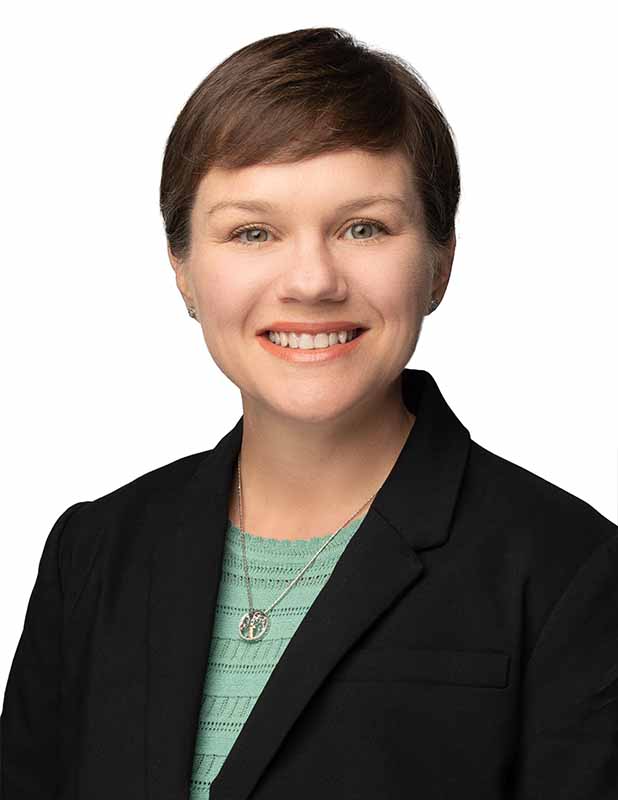

Ashley Bourque Meaux, PhD, CCC-SLP
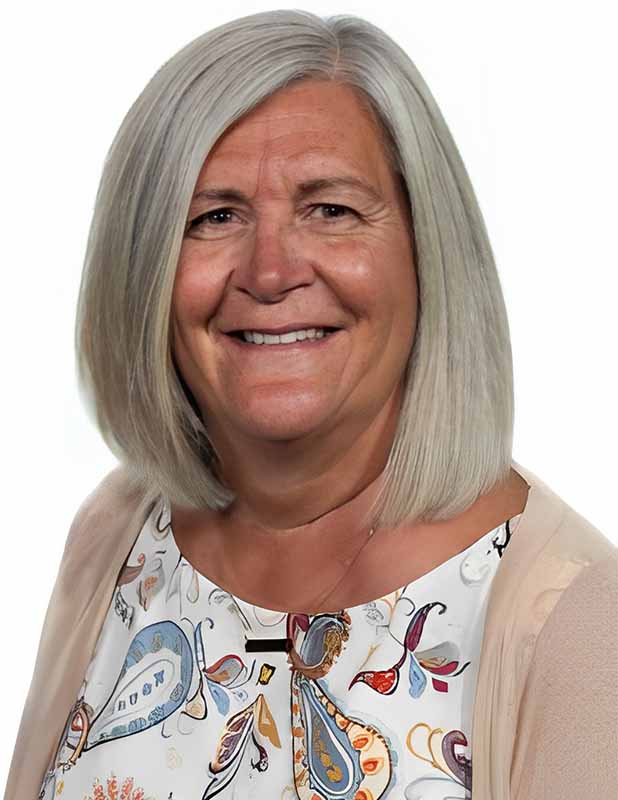

Karen Menard, PhD, OTR/L


Mayra Mendez-Schiaffino, OTD, MS, OTR/L









Erin Menefee, DPT
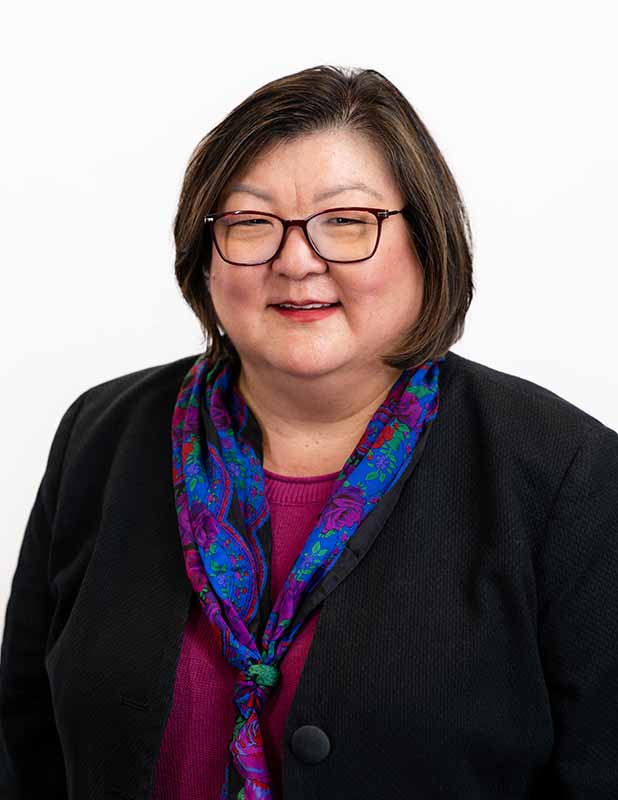

Jaynee Taguchi Meyer, OTD, OTR/L


Nicole Miller, PT, DPT
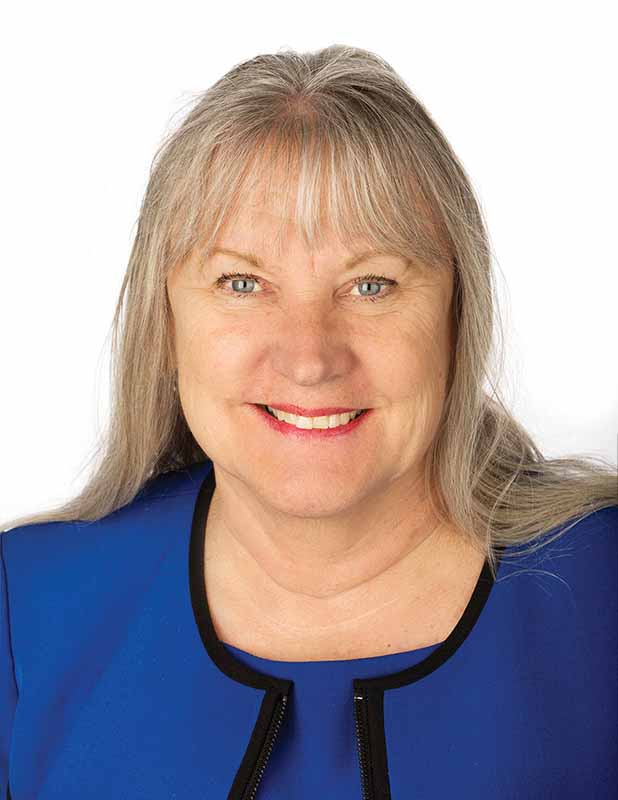

Marilyn Miller, PT, PhD


Jacqueline Moore, PT, MPT, DSc
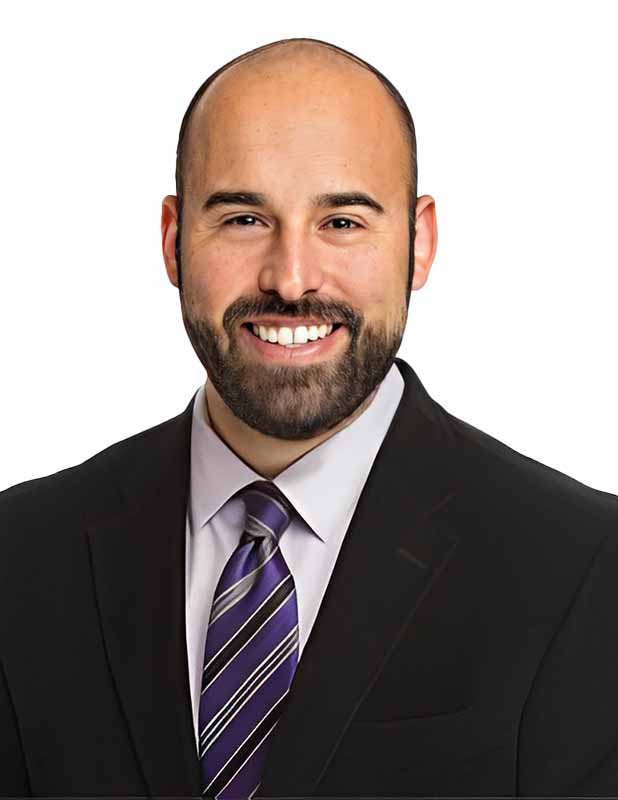

Matthew (Matt) Morretta PT, DPT
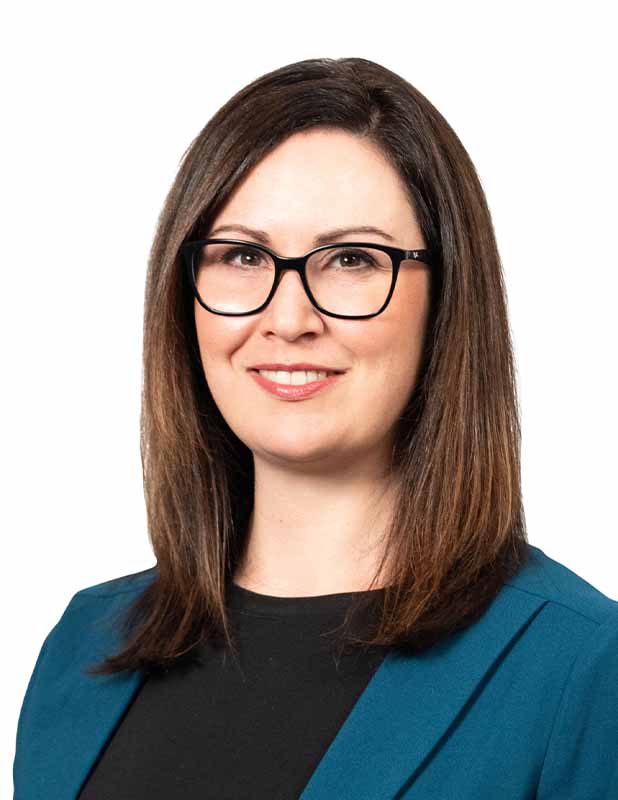

Gwen Morris, OTD, OTR, CHT, CLT
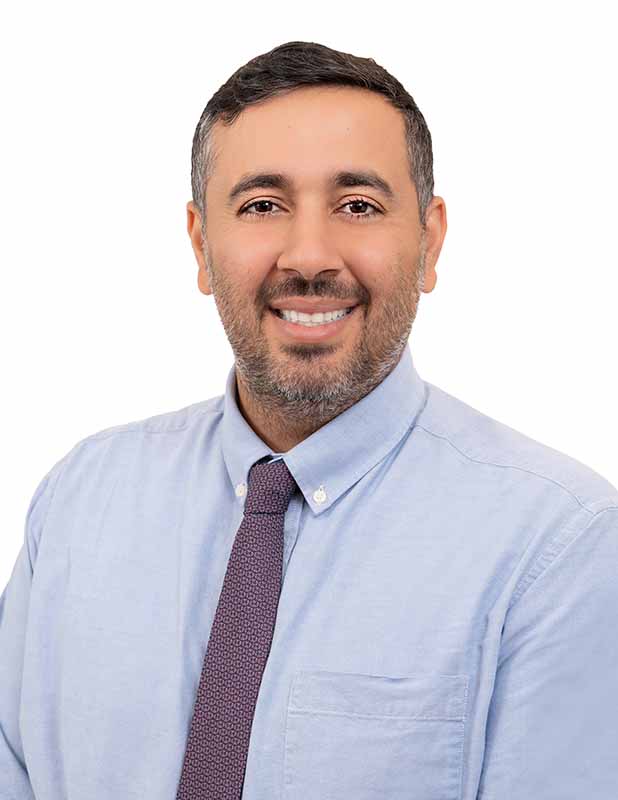

Khalil Mrabe, OTD, OTR/L, MEd
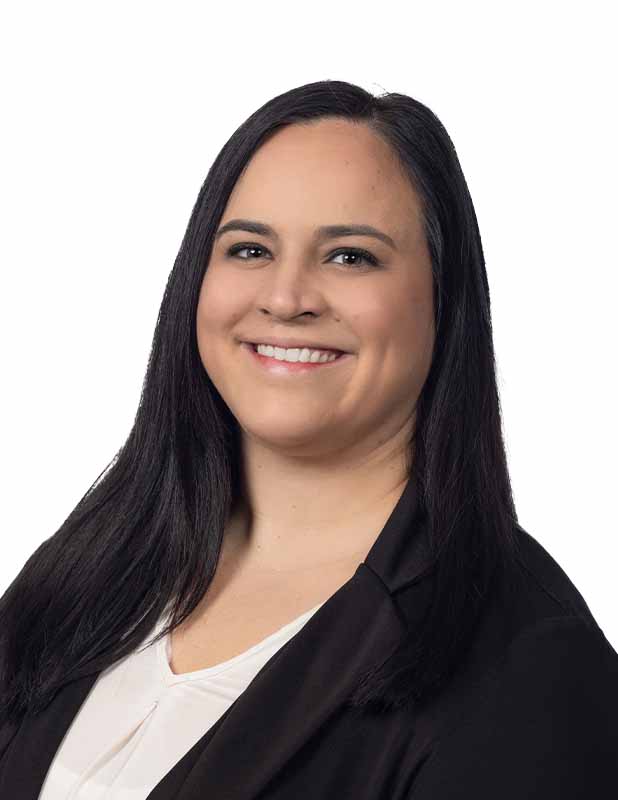

Kaylee Munch, MOT, OTR/L


Angelina Muñoz, OTD, OTR/L


Maeve Murtagh, MS, CCC-SLP


Cassandra (Kassi) Nelson, OTD, MBA, OTR/L, CNS, CEAS I


Lisa Nichols, PT, EdD, MHS
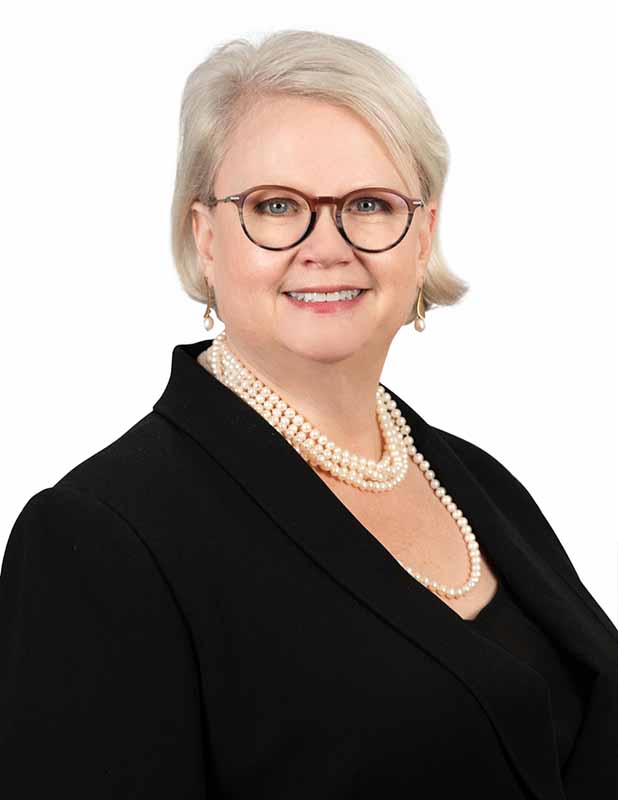

Deann O’Lenick, PHD, CCC-SLP


Katherine (Katie) O’Hara, MSOT, OTR/L


Jazminne Orozco Arteaga, OTD, OTR/L


Erica Ortiz, MCD, CCC-SLP
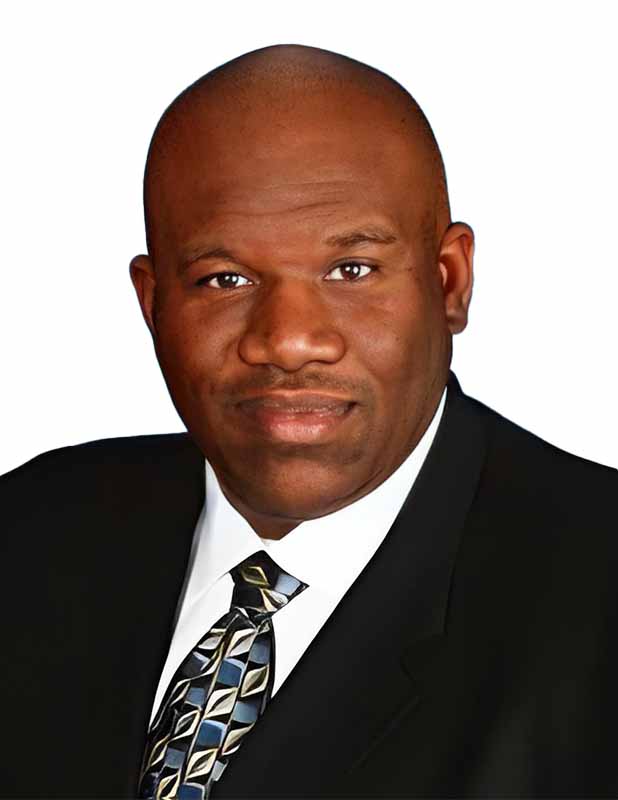

Corey A. Oshikoya, MED, ATC, CSCS, EMT-B


Precious Osuoha, PhD, OTR, ECHM


Karen Park, OTD, OTR/L
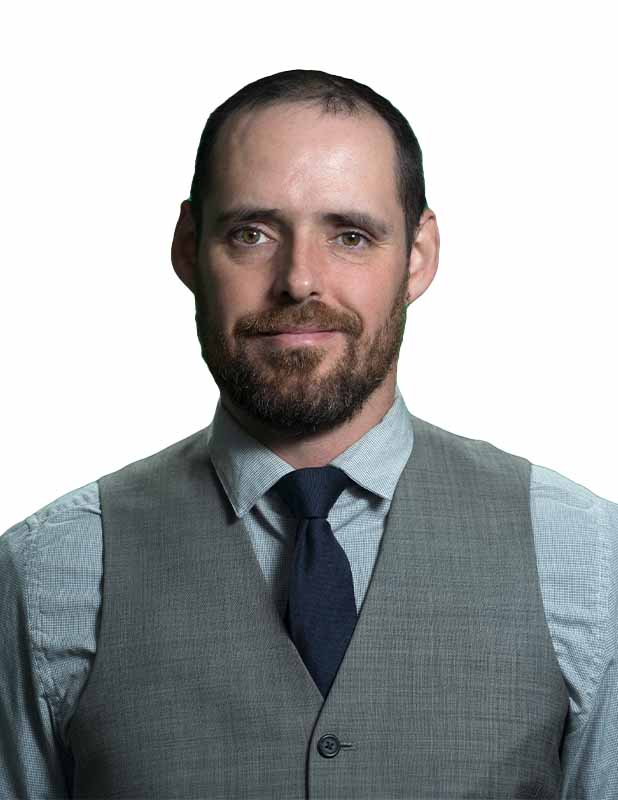

Cory Parker, PT, DPT


Amanda Parrish, PT, DPT









Meredith Parry, EdD, LAT, ATC, CSCS
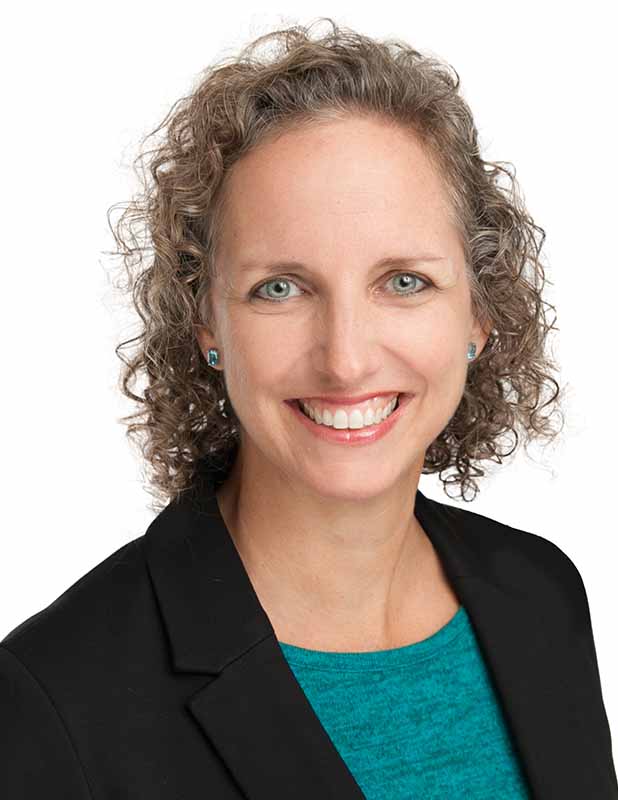

Christienne Parten, OTD, MEd, OT


Kristina Hartsook, DrOT, OTR/L, BCP
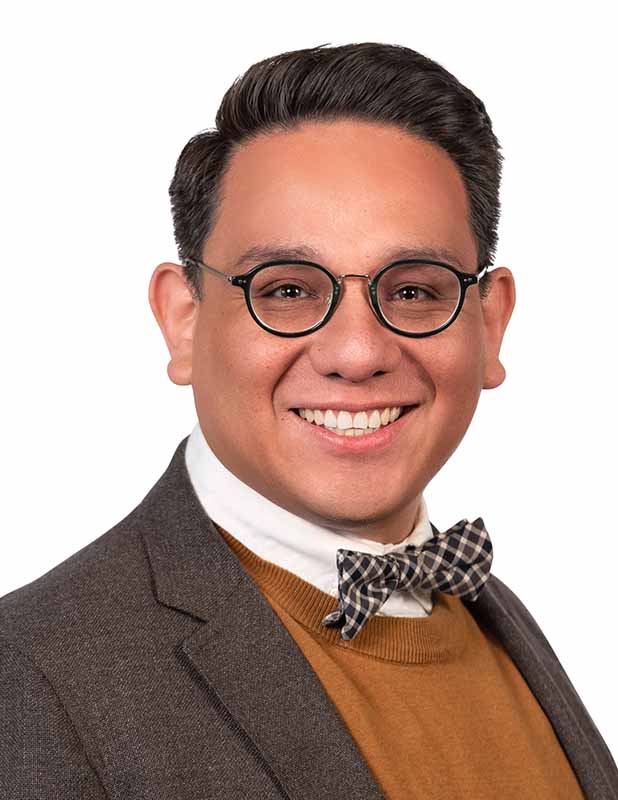

Erik Perez, OTD, OTR
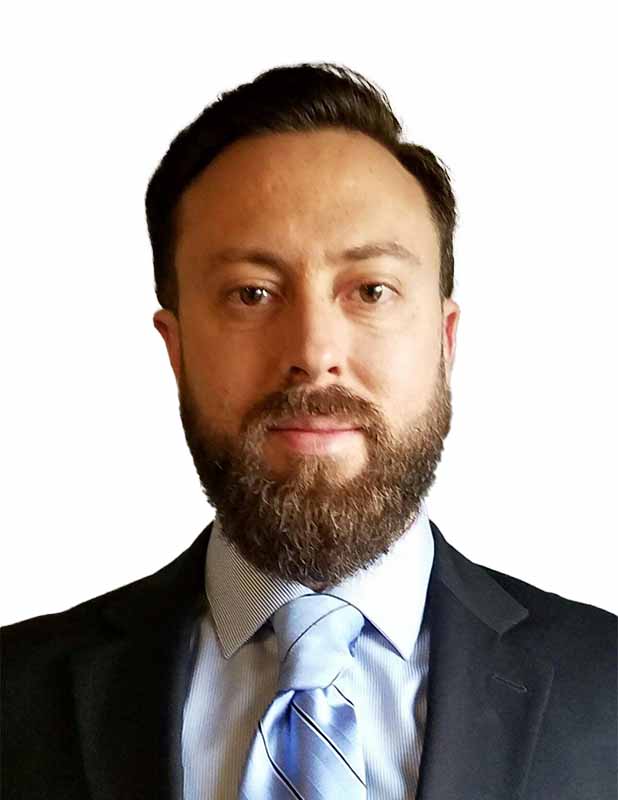

Mitchell (Mitch) Perez, PT, DPT


Gabriela Perez, OTD, MS, OTR/L


Cheryl (Cherie) Peters-Brinkerhoff, PT, EDD, MPT, MHA
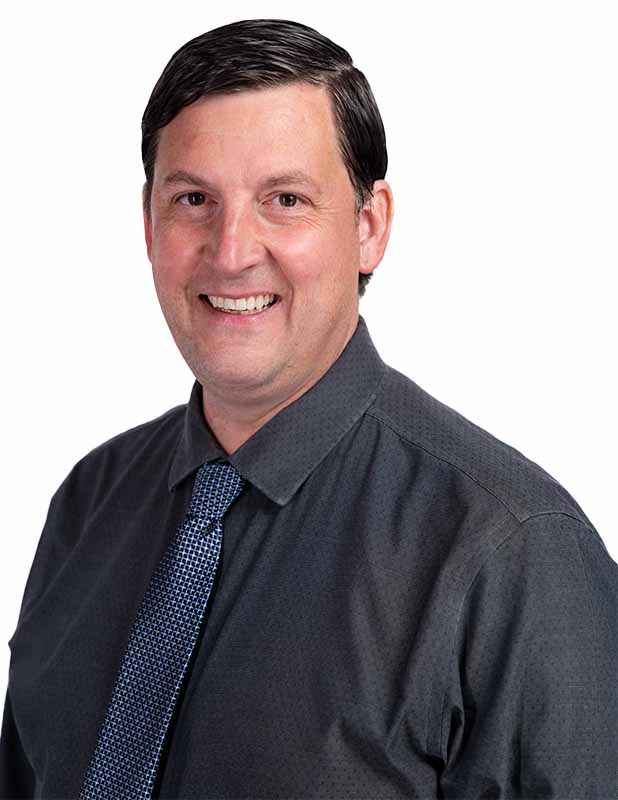

Gary (Mark) Petersen, OTD, OTR/L


Jessica Phung, DPT


Evan Pucillo, PT, DPT, EdD
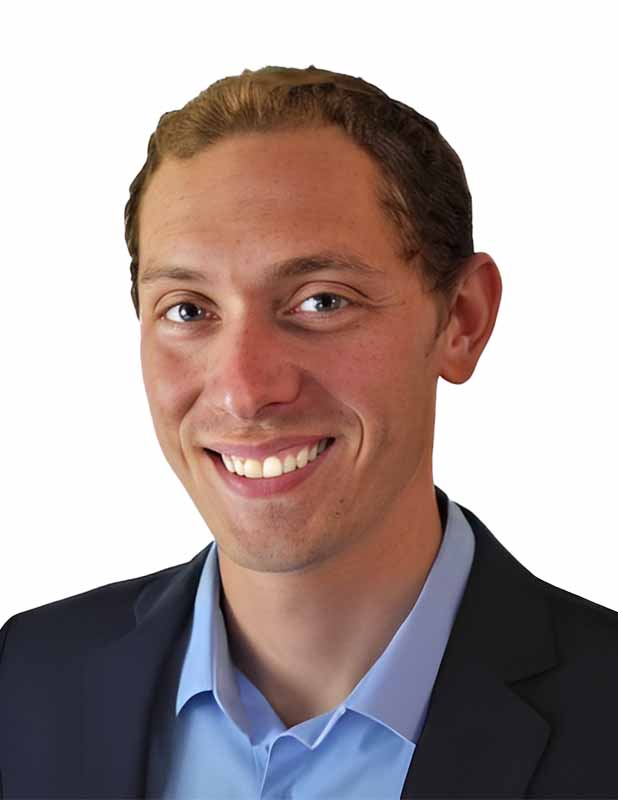

Kellan Quigley, OTD, MS, OTR/L
Kellan Quigley, OTD, MS, OTR/L, is an Academic Fieldwork Coordinator and Assistant Professor at the University of St. Augustine for Health Sciences (USAHS). Dr. Quigley was the Lead Occupational Therapist and Clinical Coordinator for multidisciplinary rehabilitation services at Strive! Rehabilitation/Ocala Health in Ocala, FL. Upon graduating in 2012 from Western Michigan University with his Master


Caprice Quinones, PT, DPT
Dr. Caprice Quinones has taught at the University of St. Augustine for Health Sciences since 2020 as a contributing faculty member and transitioned to core faculty at the Miami, FL campus in 2022. She began her career in 2018 as a physical therapist specializing in stroke and spinal cord rehabilitation at West Gables Rehabilitation Hospital


Carmina (Minnie) Rafael, PT, DPT
Dr. Carmina “Minnie” L. Rafael is a physical therapist with more than 25 years of professional experience. She has been a Board-Certified Clinical Specialist in Geriatric Physical Therapy since 2012 and an American Physical Therapy Association (APTA) Geriatrics Certified Expert for Aging Adults since 2011. She graduated with a Bachelor of Science in Physical Therapy


Rossana Ramires, M.SLP, CCC-SLP, CB-SLP, OMTS
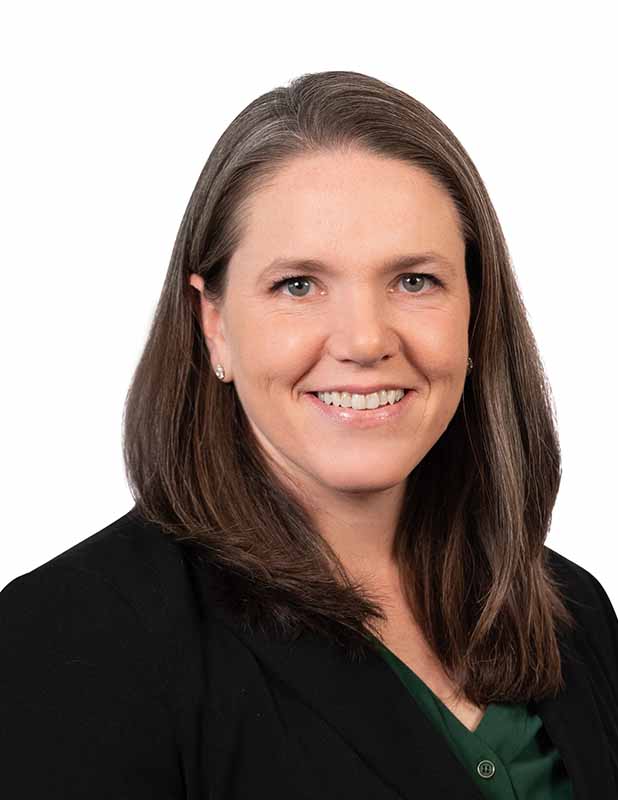

Madeline Ratoza, PT, DPT
Dr. Madeline Ratoza has diverse clinical experience in various settings, including outpatient pediatrics, outpatient orthopedics, acute care and adult and pediatric home health. She joined the University of St. Augustine for Health Sciences fulltime in 2021 after serving as contributing faculty for physical therapy practice courses for two years. She currently teaches and works with
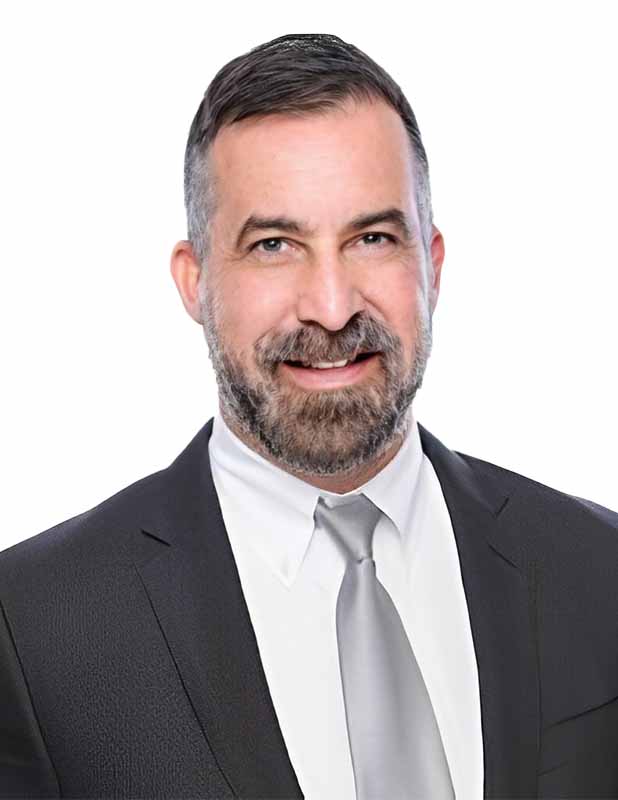

Ryan Reed, PT, DPT
Dr. Reed attended Tulane University in New Orleans and received a Bachelor of Science in Psychology in 1997. Dr. Reed then attended the University of St. Augustine for Health Sciences (USAHS) and received his Master of Physical Therapy (MPT) in 2000. He returned to USAHS to complete a transitional Doctor of Physical Therapy in 2003
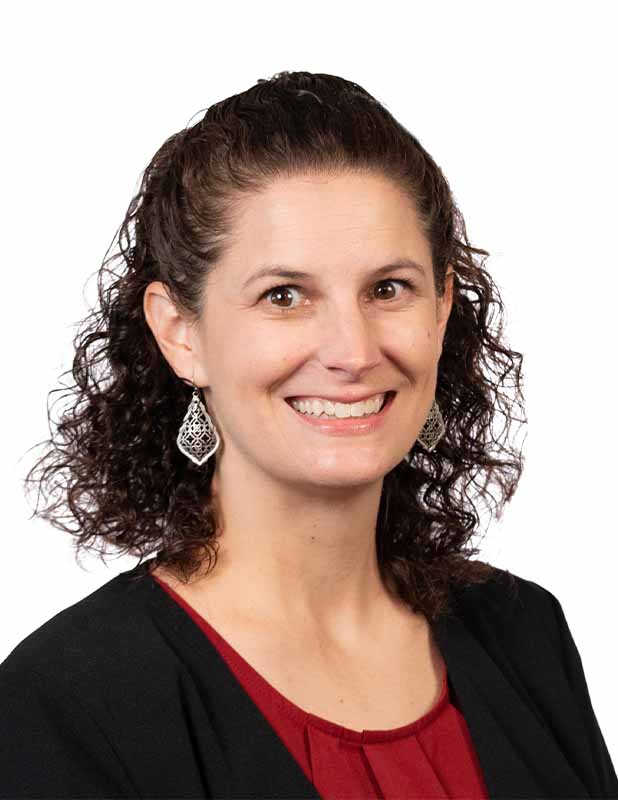

Mary Pat Reed, MS, CCC-SLP
Mary Pat Reed graduated with her Master of Science in Speech-Language Pathology (MS-SLP) from the University of North Texas in 2007 and has worked in pediatrics for most of her career. She started in the pediatric medical setting working at Our Children’s House at Baylor/Children’s Hospital in Dallas, TX for six years. She later transitioned
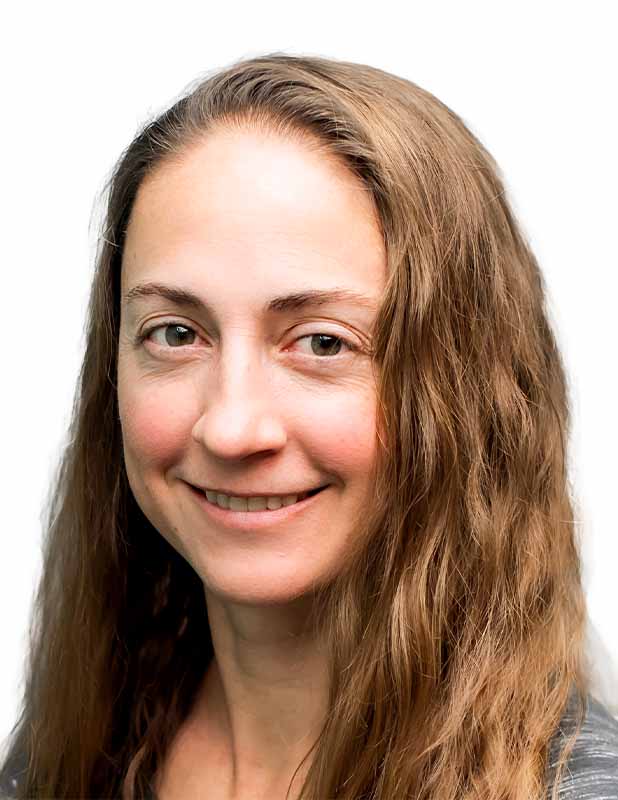

Whitney Reese, PT, DPT


Heather Rennerfeldt, OTR/L
Heather Rennerfeldt completed her bachelor’s degree in Exercise Science from the University of Sioux Falls in Sioux Falls, SD in 2005. Following a year as an adjunct instructor in the Exercise Science department at the University of Sioux Falls, she earned her Master of Science in Occupational Therapy from the University of South Dakota in
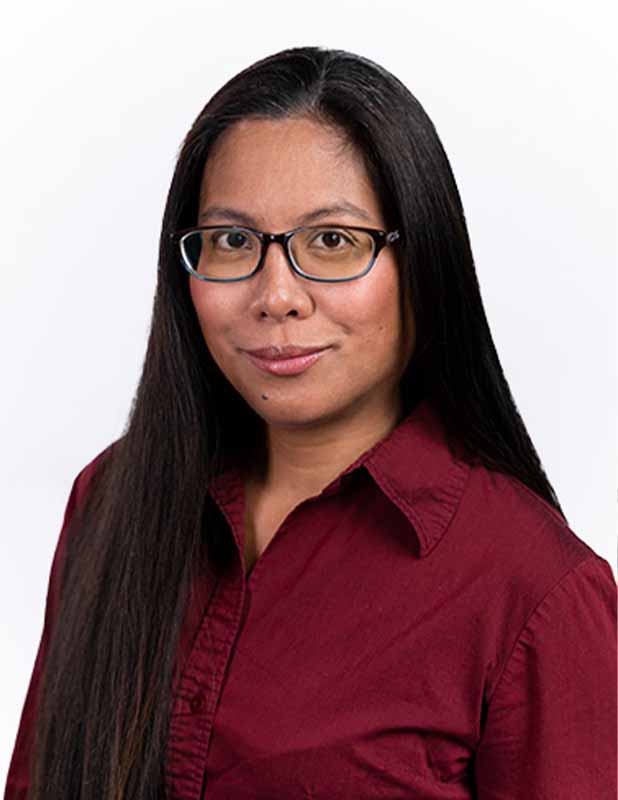

Felicity Macahilig-Rice, PT, DPT
Dr. Rice joined the University in 2017 as contributing faculty in the Cardiovascular and Pulmonary, Biophysical Agents, Integumentary and Analytical Anatomy courses. She became a full-time faculty member as Academic Coordinator of Clinical Education in November 2021. She is the Director, Physical Therapy Clinical Education Coordination. Dr. Rice graduated with a Bachelor of Science in


Ana Rivera, PhD, CCC-SLP


Terri Roberts, OTD, MS, OTR/L, CLT
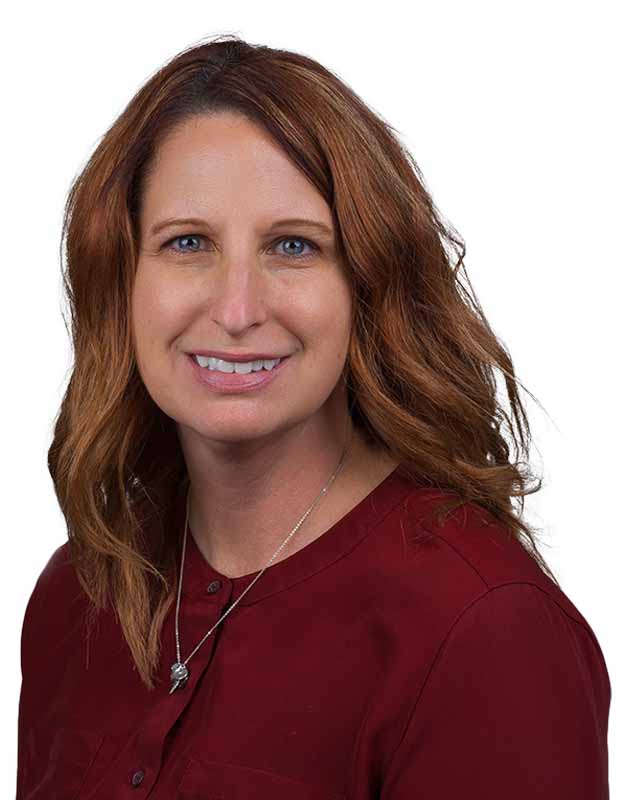

Jennifer (Jenni) Rodriguez, MSPAS, PA-C

Andrew Rodriguez, PT, DPT


Bonnie Rogulj, PT, DPT
Dr. Bonnie L. Rogulj completed her undergraduate degree at the University of Virginia, graduating with honors, and her Doctor of Physical Therapy at Old Dominion University. Presently, Dr. Rogulj is an assistant professor at the University of St. Augustine for Health Sciences and a licensed staff physical therapist in Florida and Virginia. She completed an

Hermes Romero, PT, DPT, PhD
Dr. Romero received his Bachelor of Science from the Cuban University of Sports Sciences and his Master of Science from California University of Pennsylvania, and then received his Doctor of Physical Therapy from A. T. Still University of Health Sciences and his Doctor of Philosophy from University of Baja California. He is a practicing Physical
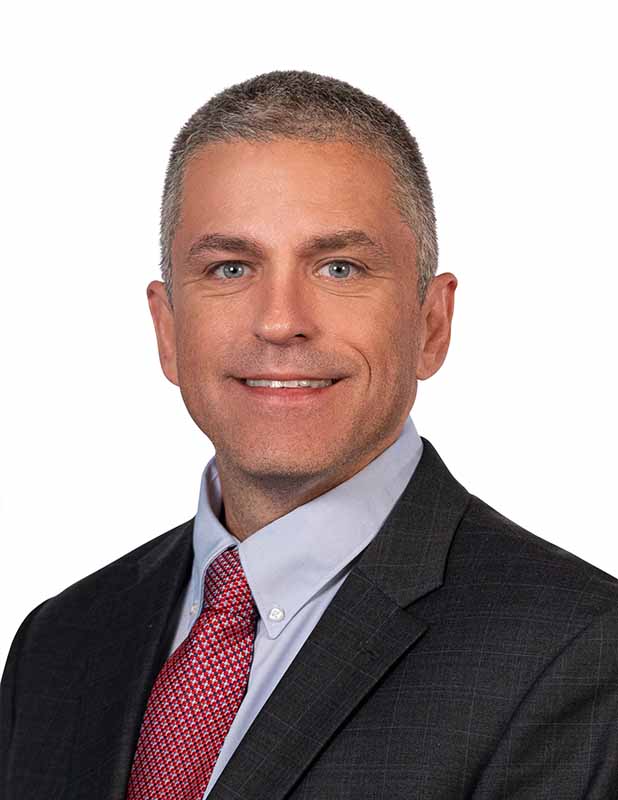

Michael Roscoe, PhD, PA-C






Danielle Rosenzweig, PT, DPT
Dr. Danielle Rosenzweig is a physical therapist, educator, mentor and researcher focused on neurological rehabilitation and National Physical Therapy Exam (NPTE) success. She is passionate about helping students launch their careers. She uses creative, unique and innovative techniques to individualize her approach for each student. Dr. Rosenzweig is the NPTE Success Specialist for the University
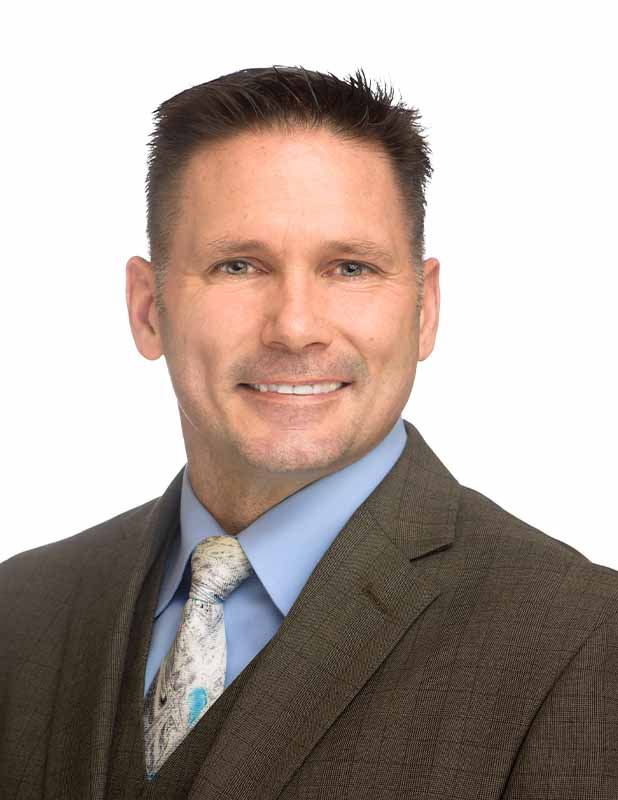

Jeffrey A. Rot, PT, DHSc, OCS
Dr. Rot graduated from Shenandoah University in 1993 with a Masters in Physical Therapy. He completed the Institute of Physical Therapy’s Manual Therapy Certification program in 1996. In 1997, he completed a one year Orthopaedic/Manual Physical Therapy Residency/Fellowship program at the University of St. Augustine for Health Sciences (USHAS) under the mentorship of Dr. Stanley
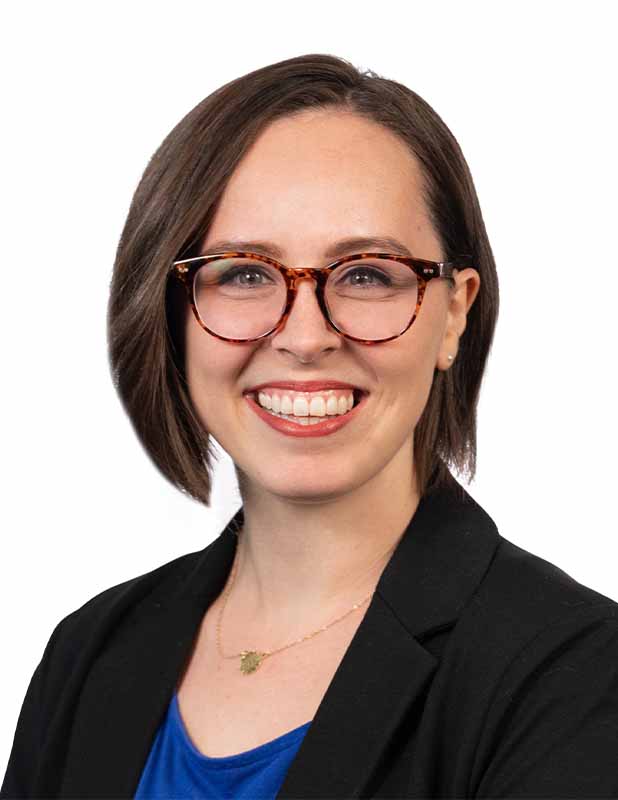

Kelly Roy, MS, CCC-SLP
Kelly Roy has worked as a clinical educator with the University of St. Augustine for Health Sciences since 2019. Her clinical and research interests include speech sound disorders, literacy and clinical education. Before focusing on full-time clinical education, she worked in various settings, including public and private schools, outpatient clinics and private practice.


Christine Salmon, PT, DPT, EdD
Dr. Christine Salmon has more than 11 years of combined teaching and clinical experience in physical therapy, including more than five years providing clinical instruction for students from the University of St. Augustine for Health Sciences and other institutions. Her clinical work focuses on evaluating and treating the geriatric, orthopedic, cardiac, and neurological patient population.
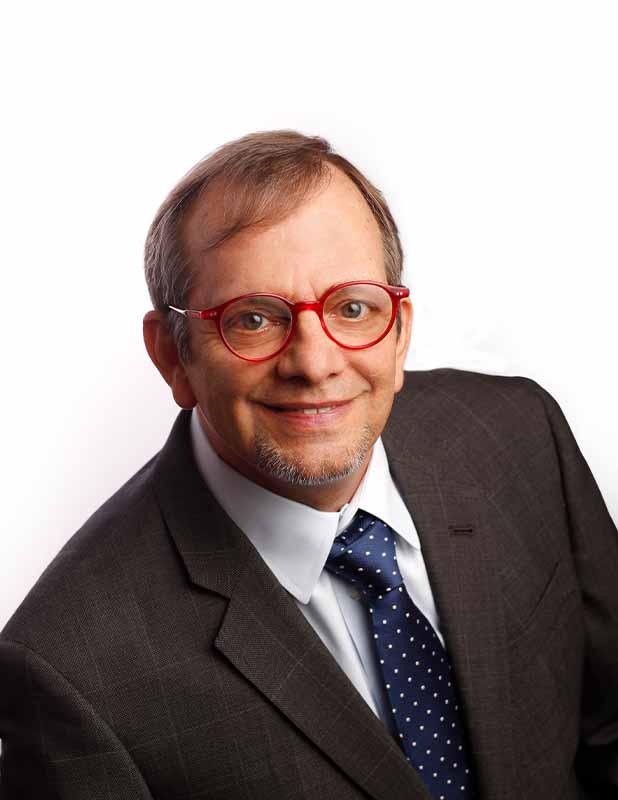

Robert (Bob) Salvatori, PT, DPT, DSc, MBA
Dr. Robert (Bob) Salvatori joined the Austin, TX campus Doctor of Physical Therapy program core faculty in 2022. He possesses more than 40 years of clinical experience specializing in general orthopedics, spinal dysfunction, persistent pain management and vestibular rehab. Dr. Salvatori has served in a variety of clinical settings including acute care, rehab, home health
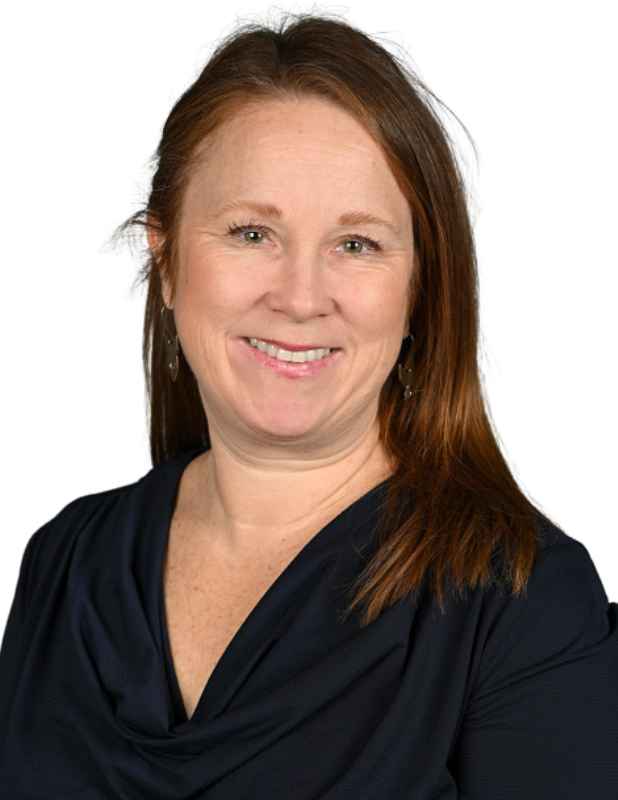

Summer San Lucas, PT, DPT, DSc
Dr. Summer San Lucas received her Bachelor of Science in Kinesiology degree from Westmont College in 2001. She graduated from Loma Linda University with her Doctor of Physical Therapy in 2005 and Doctor of Science in Physical Therapy in 2012. She is an American Physical Therapy Association (APTA) board-certified clinical specialist in neurologic and pediatric
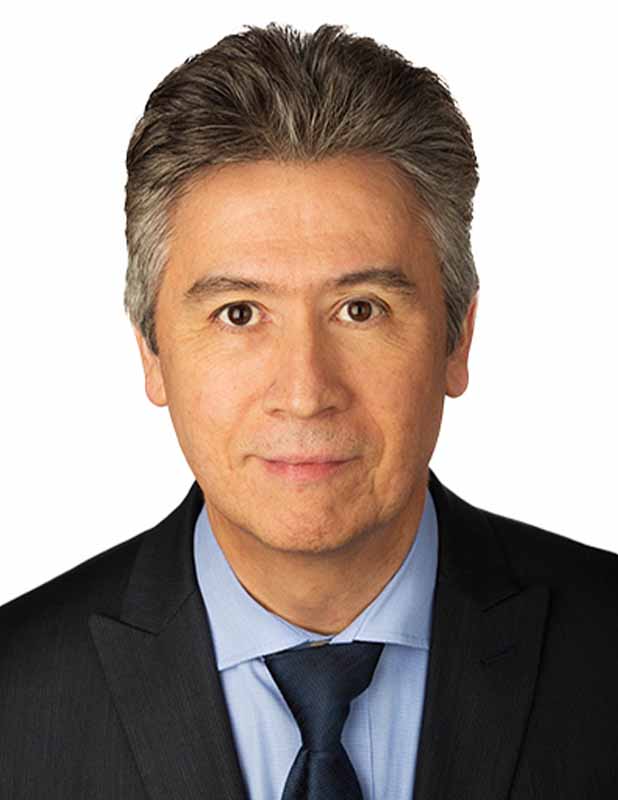

Jorge E. Sarmiento, PT, MS, MBA-HCM
Jorge Sarmiento joined the University of St. Augustine for Health Sciences in the spring of 2013 as a contributing faculty member teaching Administration and Management. He became a core faculty member in fall 2017 teaching Therapeutic Exercises, Biomechanics, and Administration and Management. He also assists in gross anatomy lab. Prior to joining the university, he


Meghan Savage, PhD, CCC-SLP
Meghan Savage, PhD, CCC-SLP is the Senior Program Director and an Associate Professor in the Master of Science in Speech-Language Pathology (MS-SLP) program. Dr. Savage, who is located on the Austin, TX campus, was previously the Program Director and served as core faculty, Clinical Director and Assistant Program Director since joining the University of St.


Michelle Sawtelle, PT, MPT, PhD


Kristin Schaffer Mendez, PhD, CCC-SLP
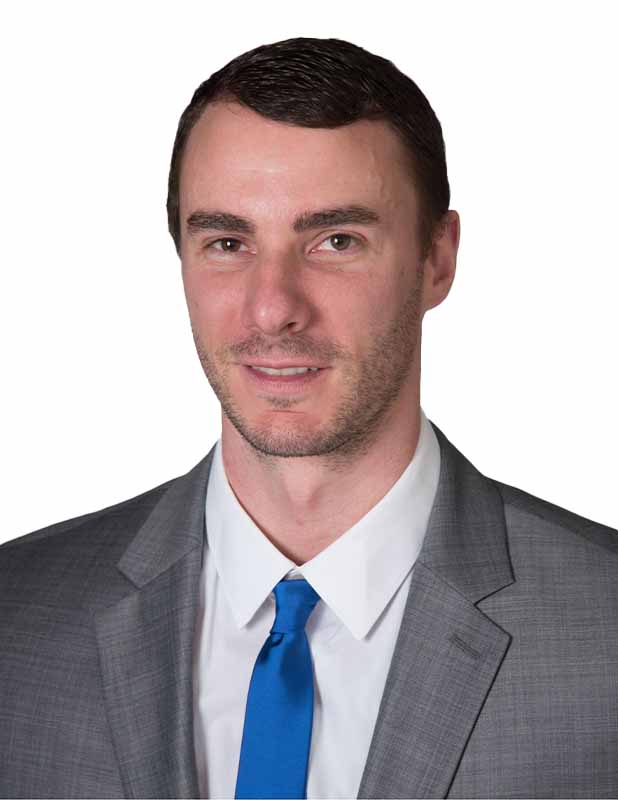

Chad Schmeeckle, PT, DPT


Megann Schooley, PT, DPT,
Dr. Megann Schooley graduated Suma Cum Lade with a Bachelor of Arts from Lynn University where she was captain of the Women’s National Championship Soccer Team, twice an Academic All-American and recently inducted into the Athletic Hall of Fame. Exercise, health and wellness have always been one of her personal passions. She began pursuing health


Erin Schwier, OTD, EdD, OTR/L


Cheryl Sheffield, OTD, OTR/L, ATP, CHAMP, CDP, FPS
Dr. Cheryl Sheffield has 30 years of experience as an occupational therapist in Canada and the United States. She joined the University of St. Augustine for Health Sciences (USAHS) in 2018, where she transitioned from a contributing faculty member in the post-professional Doctor of Physical Therapy program to core faculty in the Master of Occupational


Laurie Shimko, PT, MPT
Shimko earned her Master’s in Physical Therapy 1996 at Barry University. She has been a member of the American Physical Therapy Association/Florida Physical Therapy Association member since 1990 (PTA 1992-1996). Shimko has 10 years’ experience serving in elected and appointed positions for the FPTA Board of Directors. She served on the FPTA Board of Directors

Christine Sibley, MBA, EJD
Christine Sibley has been a Contributing Faculty member since January 2018. She is currently the Assistant Vice-President, Reimbursement for Atrium Health (Carolinas HealthCare System) in Charlotte, NC. Christine entered the healthcare finance field in 2005 working for WakeMed Health & Hospitals in Raleigh, NC and joined her current employer in 2010. Prior to transitioning to


Lacey Sims, OTR
Lacey Sims earned a Bachelor of Fine Arts from the University of Texas at Austin and a Master of Occupational Therapy from Texas Woman’s University. Sims began her career in acute care at a level one trauma center and later transitioned to outpatient working with both neuro and orthopedic patients. In 2015, she earned her


Kunal Singhal, PT, PHD
Dr. Kunal Singhal joined the University of St. Augustine for Health Sciences in 2021. He is a licensed physical therapist, active researcher and passionate educator who has taught in Doctor of Physical Therapy program for more than five years. He completed his physical therapy education in India, followed by Doctor of Philosophy in Kinesiology (Biomechanics)


Laura Siviter, PT, DPT, MTC
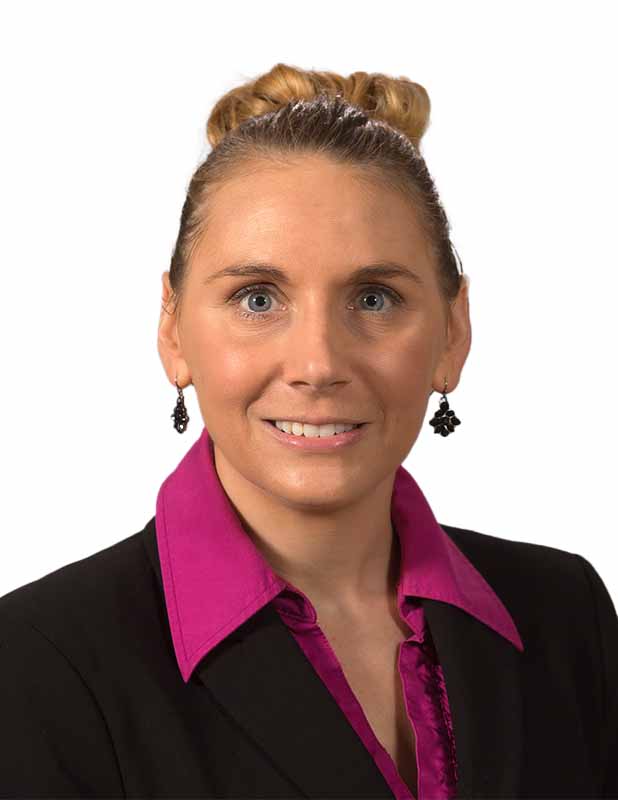

Vickie M. Lorensen Skinner, DHA, CHCP
Dr. Vickie Skinner has more than 25 years of experience in operations and training with the U.S. Army Reserve. As a Lieutenant Colonel, she serves the 11th/ 108th Training Battalion with responsibility for instructing, training, educating and developing mid-career officers in leadership and strategy to be agile, innovative and adaptive leaders. Dr. Skinner received her


Kayla Smith, PT, DSc
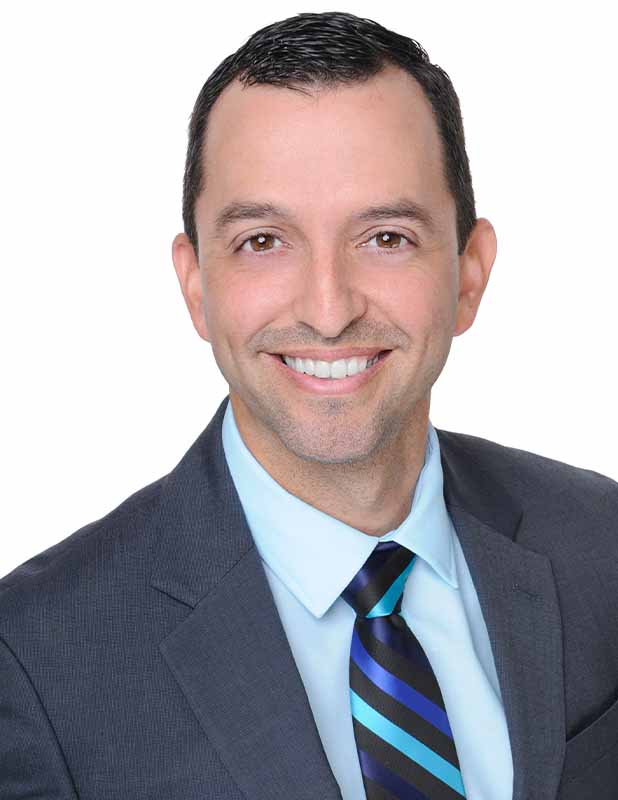

Gabriel Somarriba, PT, DPT, EdD
Dr. Gabriel Somarriba joined the faculty in 2009 as a contributing faculty member on the St. Augustine, FL campus and moved to core faculty in 2015. His area of clinical specialization is pediatrics, with a focus on cerebral palsy. Dr. Somarriba has more than 10 years of clinical experience. As an assistant professor of clinical


Sonya SooHoo, PhD
Dr. Sonya SooHoo currently teaches the Women’s Health and Wellness: Journey across the Lifespan course for graduate students in the Master of Health Science, Post-Professional Doctor of Occupational Therapy, Transitional Doctor of Physical Therapy programs at University of St. Augustine for Health Sciences. Sonya enjoys blending research and professional practice. Her current research endeavors include
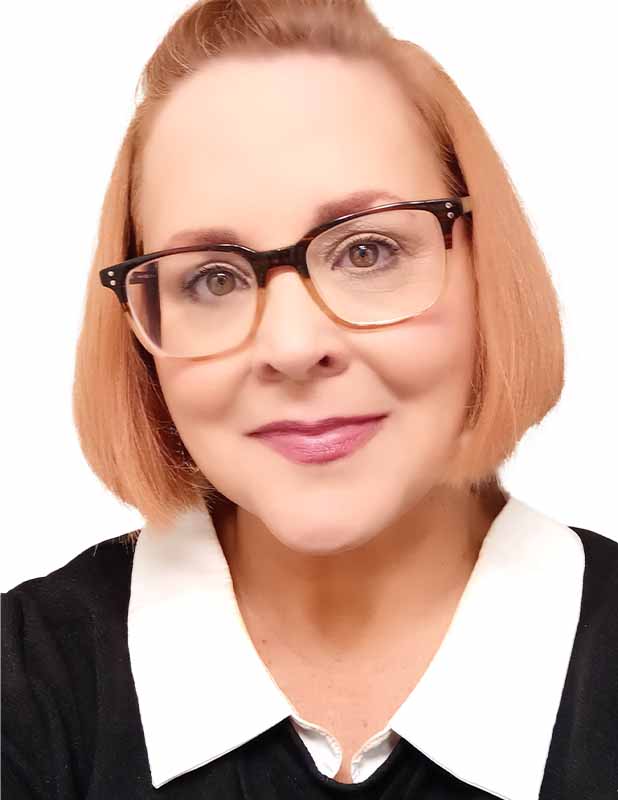

Cathleen (Kate) Soper, PT, DBA, MS
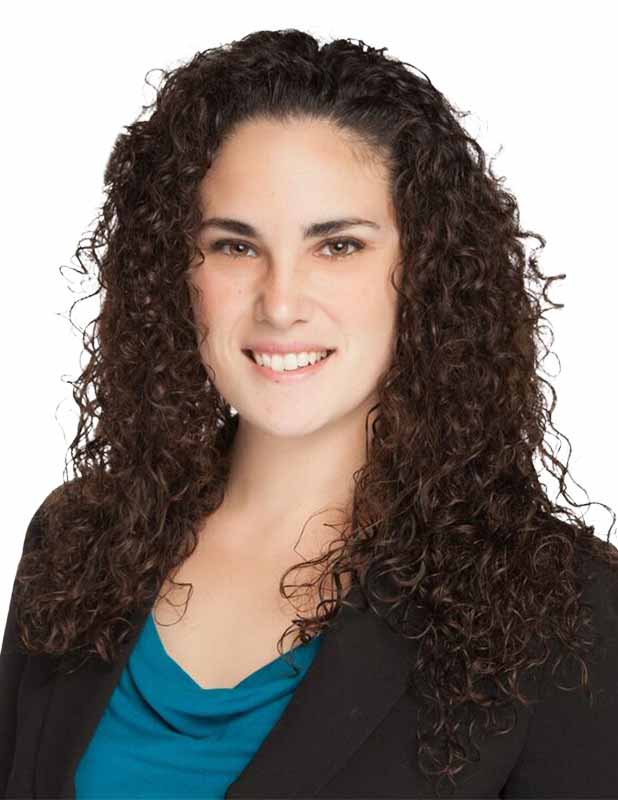

Lacey Spark, OTD, MOT, OTR/L
Lacey Spark attended the University of Oregon and Pacific University for her undergraduate career before earning her Master of Occupational Therapy from Pacific University in 2010. After graduation, she worked in community mental health practice and presented at the annual American Occupational Therapy Association conference on occupational therapy groups for early intervention and treatment of
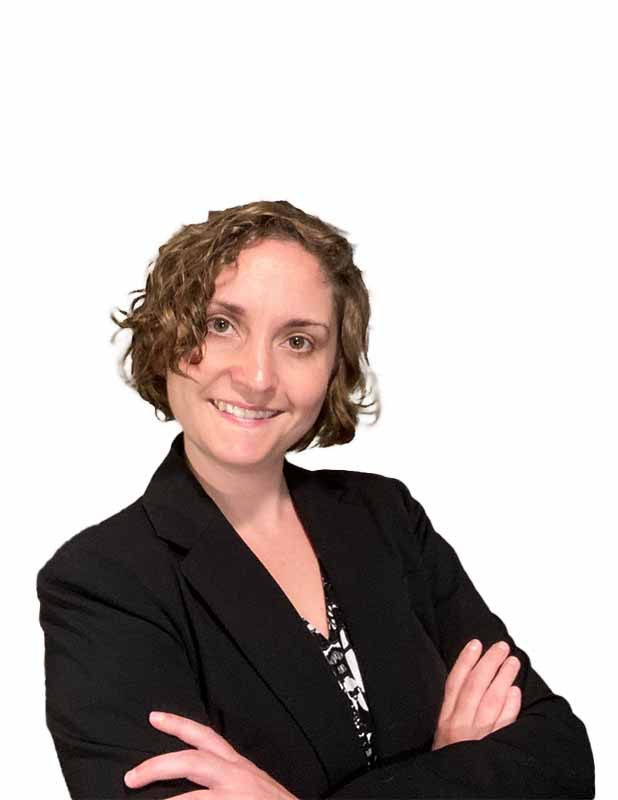

Rudie Spigarelli, PT, DPT
Dr. Rudie Spigarelli has practiced in several outpatient clinical settings including multi-disciplinary, mobile, orthopedic and vestibular clinics. She has experience and certification in concussion management, manual therapy, visual-vestibular functional integration training, clinical instruction and practice management. She is a member of the American Physical Therapy Association, Texas Physical Therapy Association and Vestibular Rehabilitation Special Interest Group
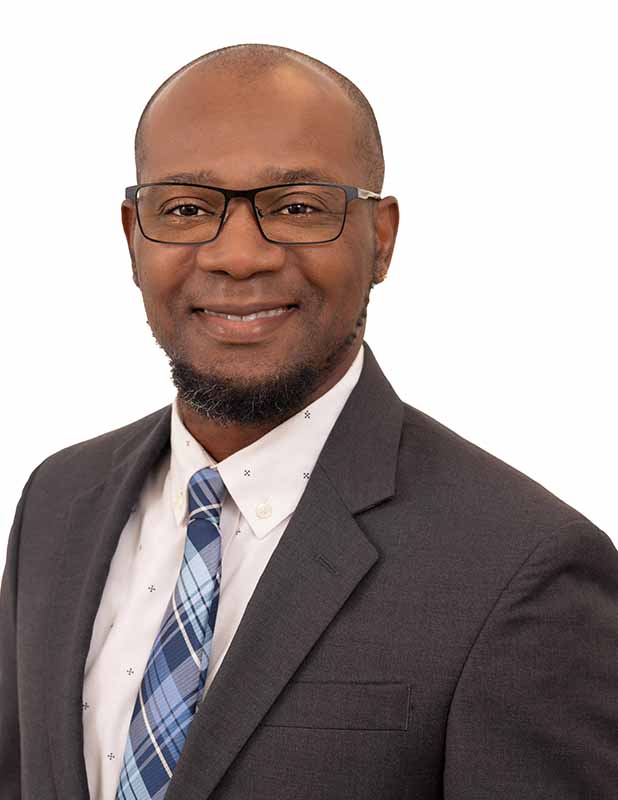

Anderston St. Germain, OTD, MS, OTR/L
Dr. St. Germain received his Bachelor of Arts in Psychology and Biology from Concordia College in Minnesota. From 1999 to 2005, he worked in an inpatient pediatric psychiatric mental health facility. Dr. St. Germain attained his Master of Science in Occupational Therapy from Florida International University in 2005. He has clinical experience working in multiple


Jenna Street, MS, ATC
Jenna Street is the coordinator of Sports Medicine Clinic Operations for the United States Olympic Committee (USOC). After finishing her master’s degree, Street completed a Sports Medicine Fellowship with the USOC, where she’s worked full time since 2009. She currently works in a clinical setting with both Olympic and Paralympic athletes, and routinely travels internationally
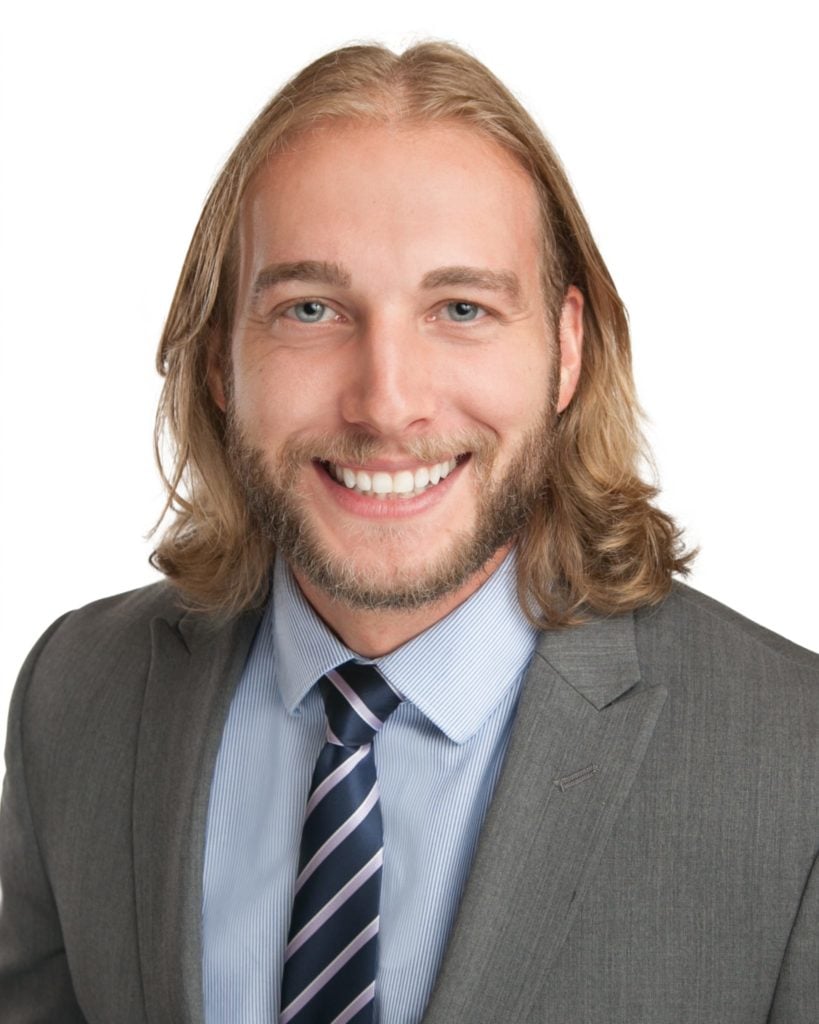

Peyton Sykes, PT, DPT


Loren Szmiga, PT, DPT
Loren Szmiga, PT, DPT received her Bachelor of Science in Exercise Science from the University of Louisiana at Lafayette and earned her doctorate in Physical Therapy and Manual Therapy Certification from the University of St. Augustine for Health Sciences (USAHS). She worked in outpatient orthopedic clinics and then began to specialize in the upper extremity.
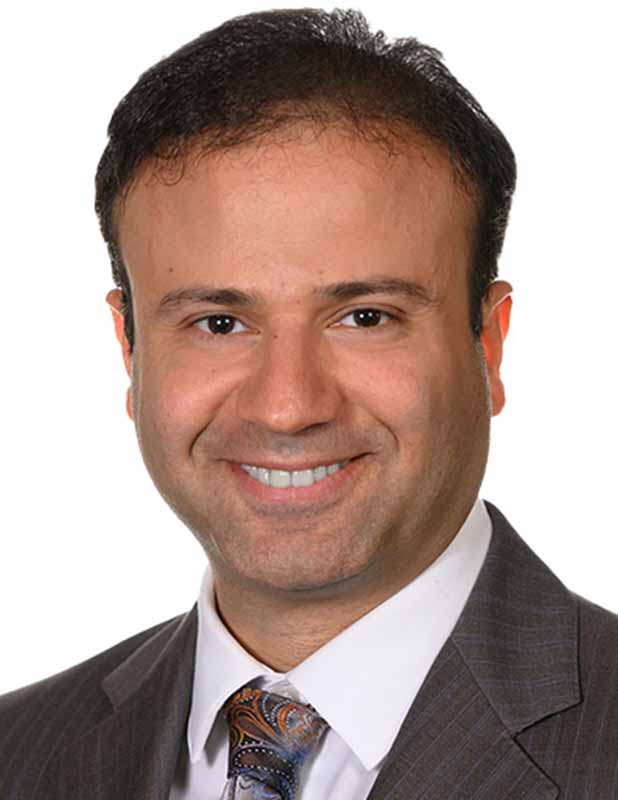

Behdad Tahayori, PT, PhD
Born and raised in Iran, Dr. Tahayori studied physical therapy at Master’s level at Iran University of Medical Sciences, Tehran, Iran. He did his PhD in Kinesiology and Neuroscience at Indiana University Bloomington (IUB) examining spinal plasticity and its mechanisms in CNS diseases. At IUB, he did some basic science studies to better understand the


Sarah Talbot, MPAS, PA-C
Sarah Talbot is a board-certified physician assistant whose career has focused on working in orthopedic surgery and pediatric surgical subspecialties. She has also enjoyed working in the allergy/sinus setting and as the area manager for an urgent care house call service. In 2004, Talbot earned her Bachelor of Science in Nursing from the University of
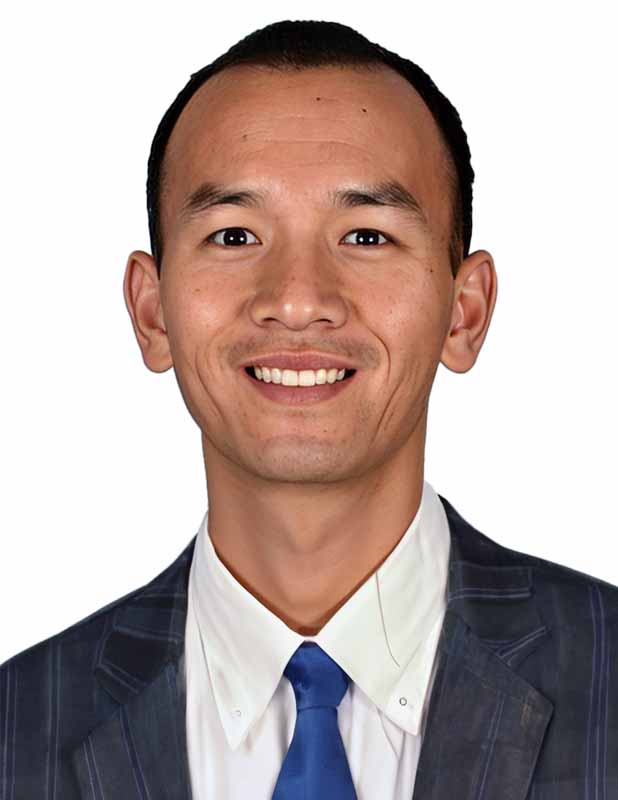

Timothy Tu, DScOT, MEd, OTR
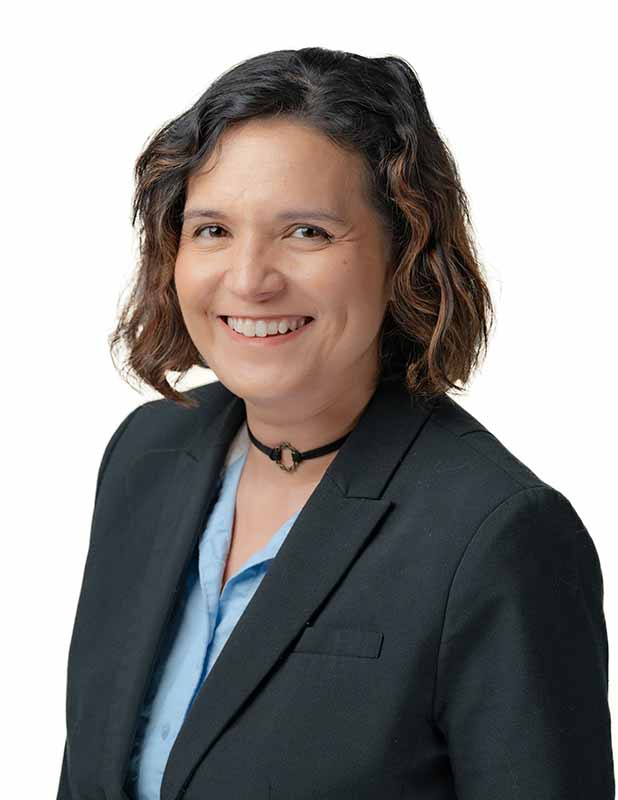

Claire Uke, MOT, OTR/L
Claire Uke is a licensed and registered occupational therapist with school-based experience serving parents and children from diverse backgrounds. She has dense technical knowledge on a variety of topics and is passionate about sharing information and finding solutions. She is currently pursuing a certification in assistive technology. Uke began teaching as an Assistive Technology Lab


James A. Viti, PT, MSc, DPT
A graduate from the University of Maryland in Baltimore in 1984, Dr. Viti received his Manual Therapy Certification from the Institute of Physical Therapy in 1991. He completed his manual therapy fellowship training in 1996 and received a Master of Science degree in 1997 from the Institute of Physical Therapy. He received his OCS certification
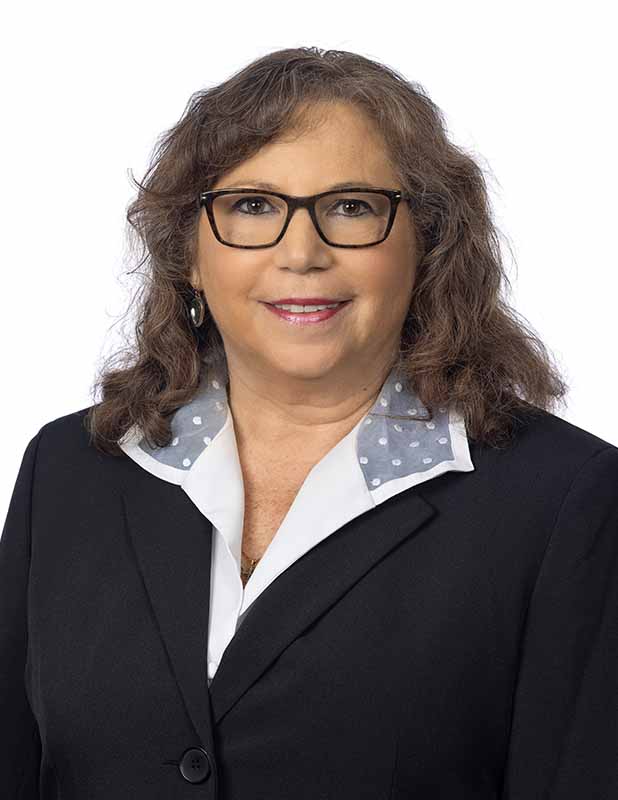

Helene Vossos, DNP, MSN, APRN, ANP-BC, PMHNP-BC
Dr. Helene Vossos is a nationally board-certified psychiatric mental health nurse practitioner, adult nurse practitioner, nurse educator, author and nursing leader. She began her journey caring for others 30 years ago, became a nurse educator in 2004 and a dually boarded nurse practitioner in 2010. She joined the University of St. Augustine for Health Sciences


Amy Walters, PT, DPT
Amy Walters graduated from the University of Texas with a degree in Psychology in 1996. She then went on to physical therapy school at the University of Texas Medical Branch in Galveston, Texas. She moved to Seattle after graduation and worked in sports medicine with a focus on treating adolescent athletes. She received her sports
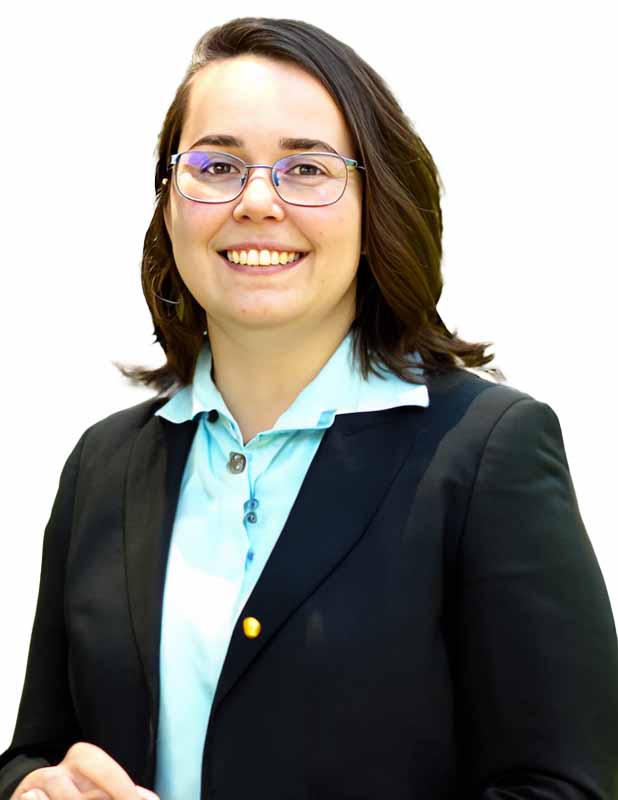

Brooke Weber, MS, OTR/L


Thomas (Thom) P. Werner, PT, MA, PhD
Dr. Thomas “Thom” Werner joined the University of St. Augustine for Health Sciences (USAHS) in 2012 and has over two decades of experience in private practice. He completed a Bachelor of Science in Physical Therapy and a Bachelor of Science in Psychology in the School of Arts, Letters and Science at the University of Wisconsin,









Margaret Wicinski, PT, DPT, EdD
Dr. Margaret Ann Wicinski is an assistant professor in the Flexible Doctor of Physical Therapy program on the St. Augustine campus. Before joining the university full time, she worked as a physical therapist in outpatient and acute care settings. Dr. Wicinski is an active member of the APTA, the FPTA, and the AAOMPT. She previously
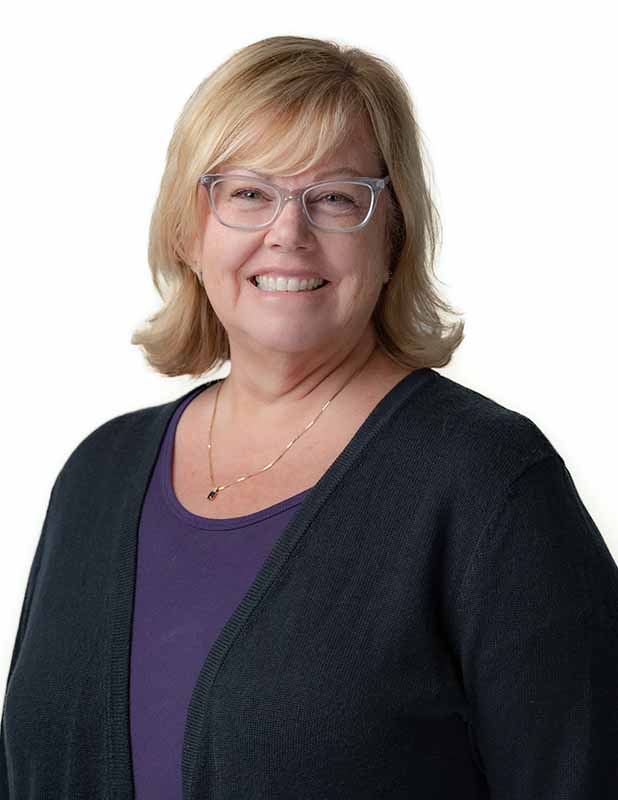

Elizabeth (Liz) Wilson, OTD, OTR
Dr. Liz Wilson became an Academic Fieldwork Coordinator at the University in 2018. She started at the University as a guest lecturer and then contributing faculty before transitioning into her current full-time position. She has worked in a variety of occupational therapy settings including inpatient acute hospitals, outpatient clinics, home health, pediatric school systems and


Sean Witkin, PT, DPT
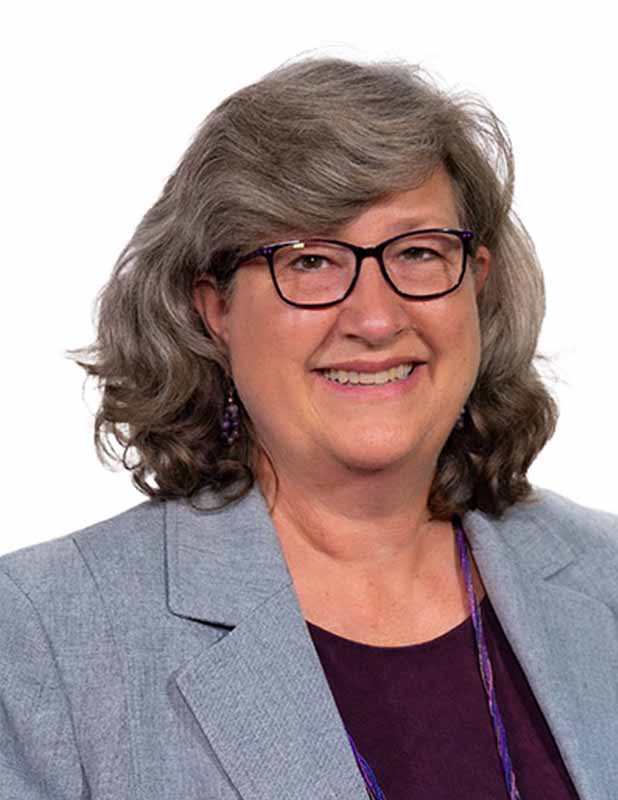

Kathy H. Wood, PhD
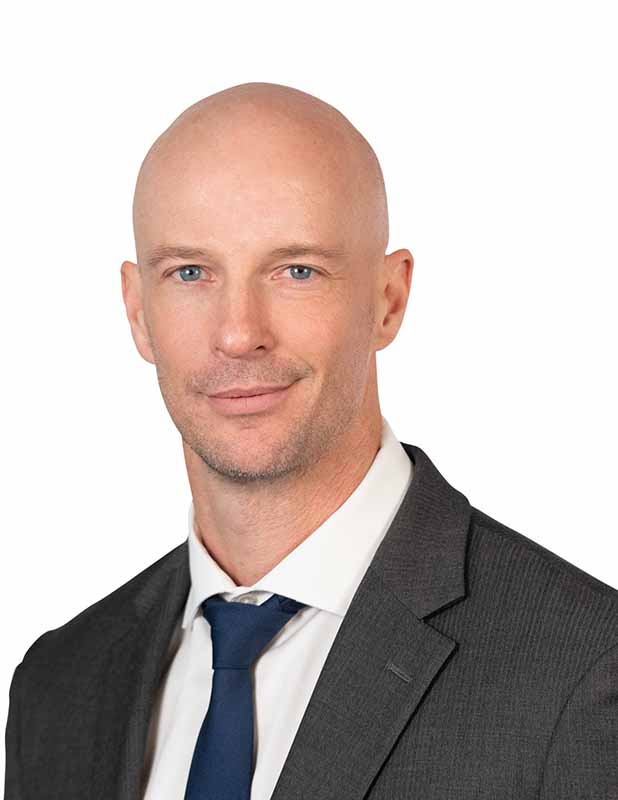

Ryan Wooley, PT, DPT
Ryan Wooley, PT, DPT is a physical therapist (PT) and educator who is passionate about delivering individualized, evidence-based physical therapy care to diverse populations. Dr. Wooley received his Doctor of Physical Therapy (DPT) from the University of St. Augustine for Health Sciences in 2015. He has completed the Evidence in Motion’s Orthopedic Residency program and


Heidi Woolley, OTD, MSOT, OTR/L
Dr. Woolley is an experienced educator and occupational therapist with 20+ years of clinical and administrative experience in various clinical settings. She graduated with honors in 1994 with her Bachelor of Science in Special Education from BYU with certifications in mild/moderate and severe/profound disabilities. She started her career teaching special education in a junior high


Mary Zadnik, ScD, MEd, OTR/L
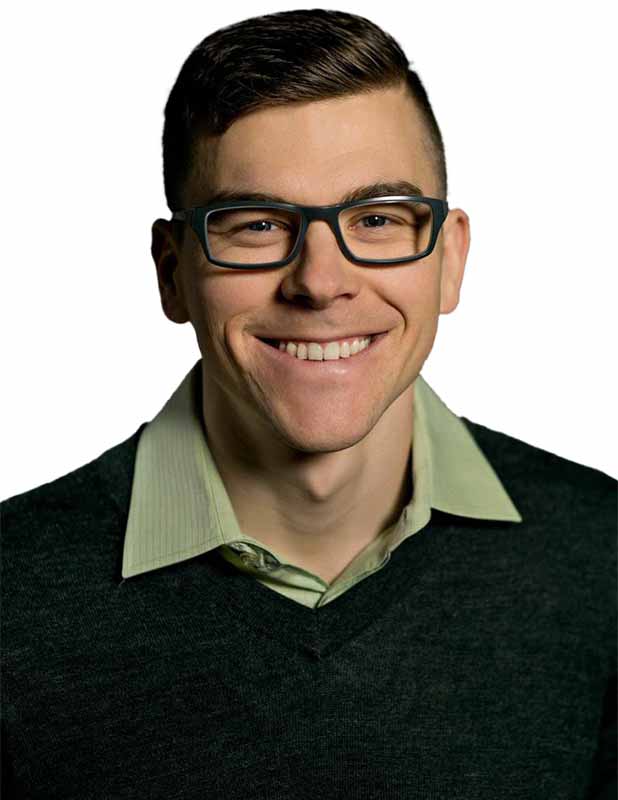

Jeffery Zahavich, PhD, CEP, ChPC
Dr. Jeffery Zahavich has a background in health promotion, exercise science and applied health research with more than 15 years of experience developing evidence-based health, fitness and wellness programs for a broad range of high- and low-performing populations of all ages. He has formal training in university teaching and learning, advanced exercise physiology testing and
